University of California: Davis
Davis, CA
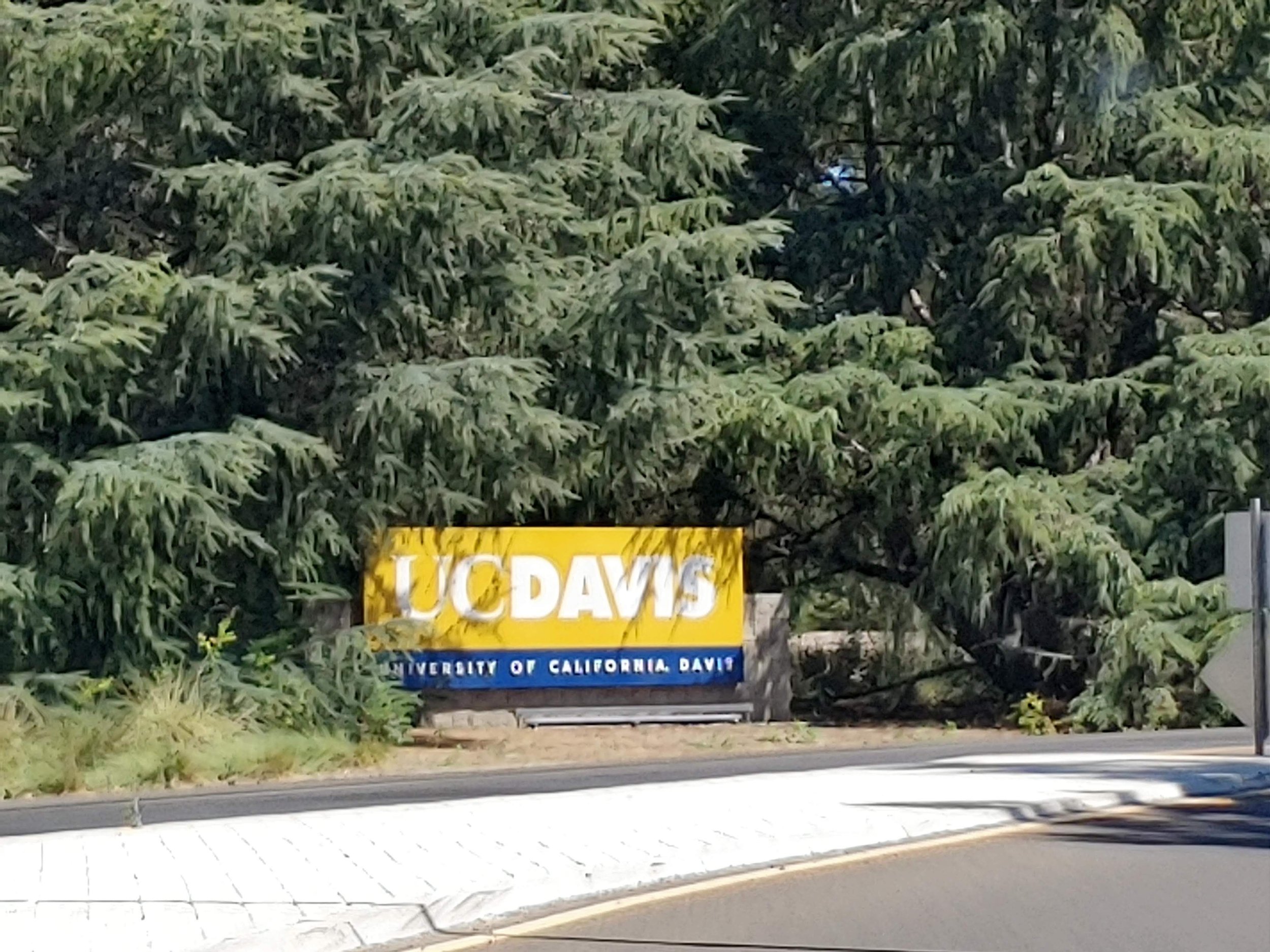
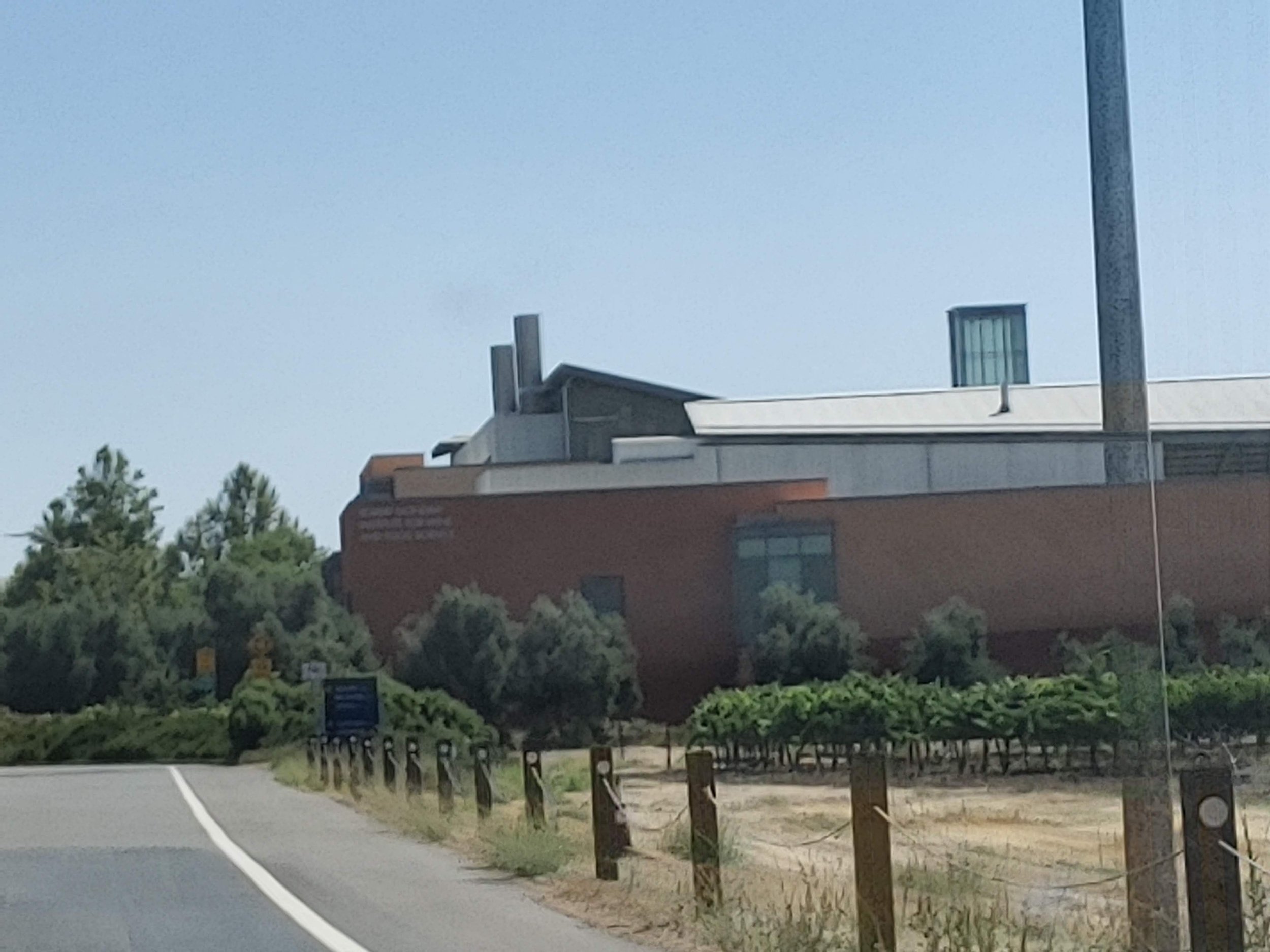
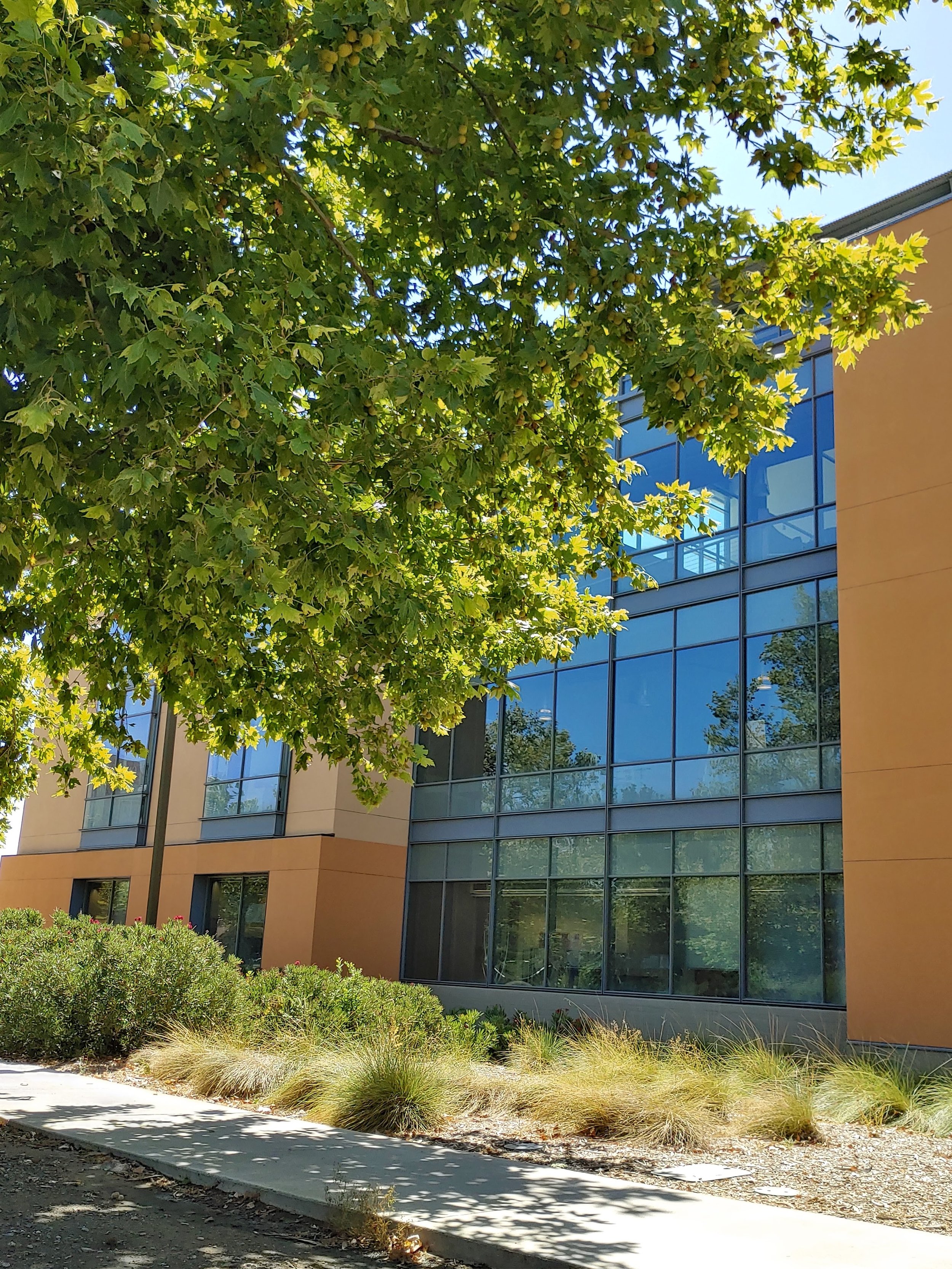
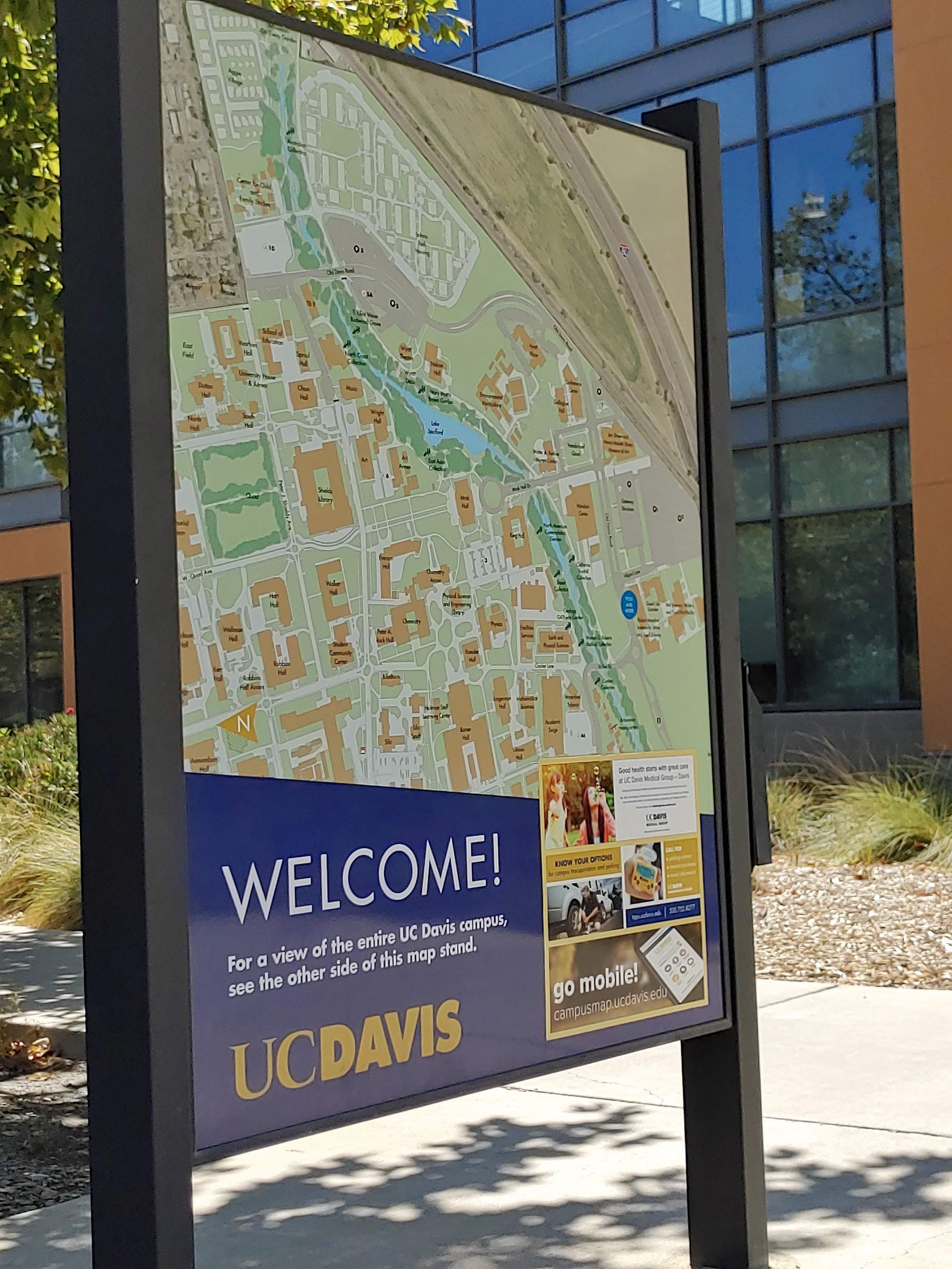
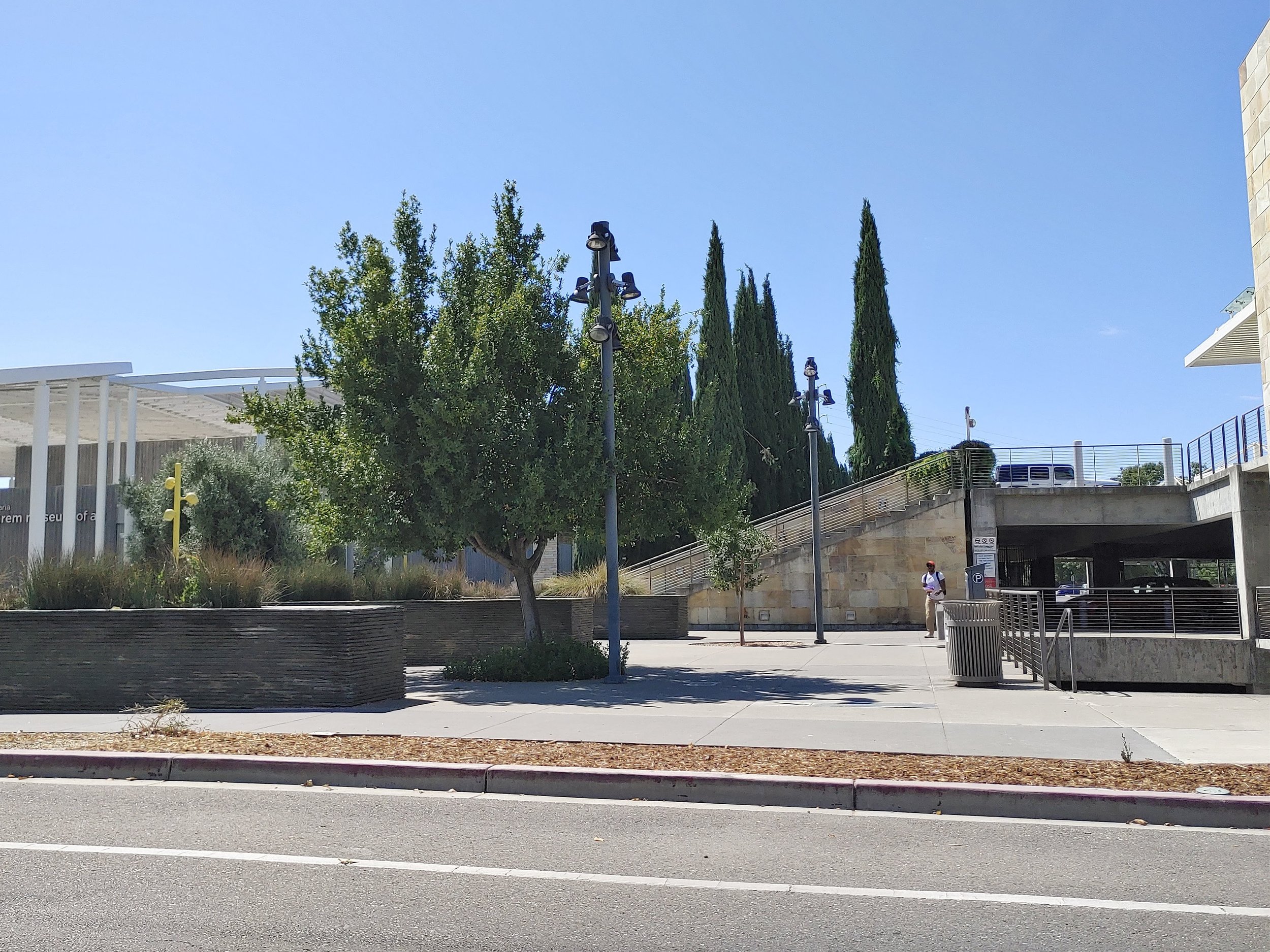
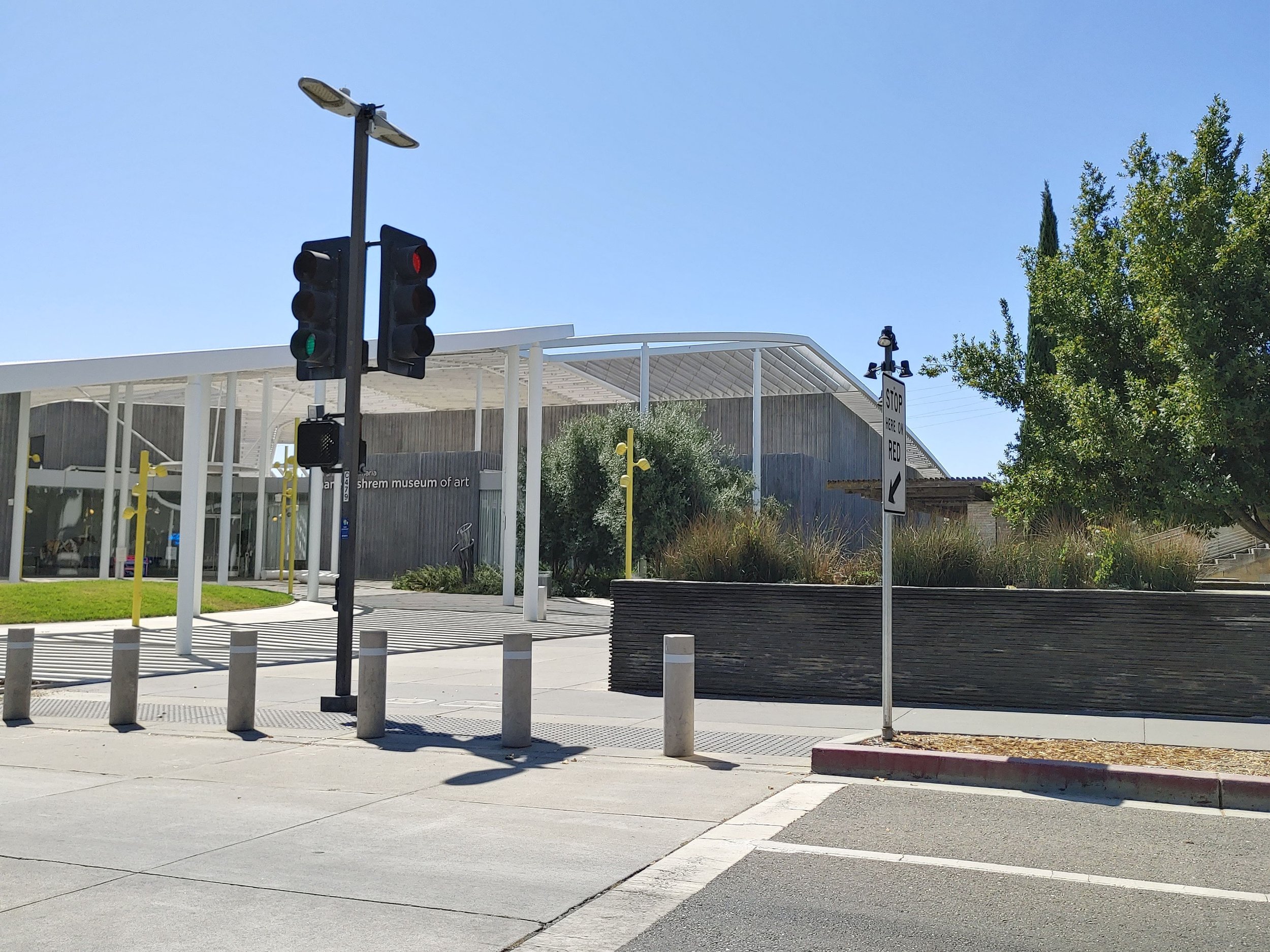
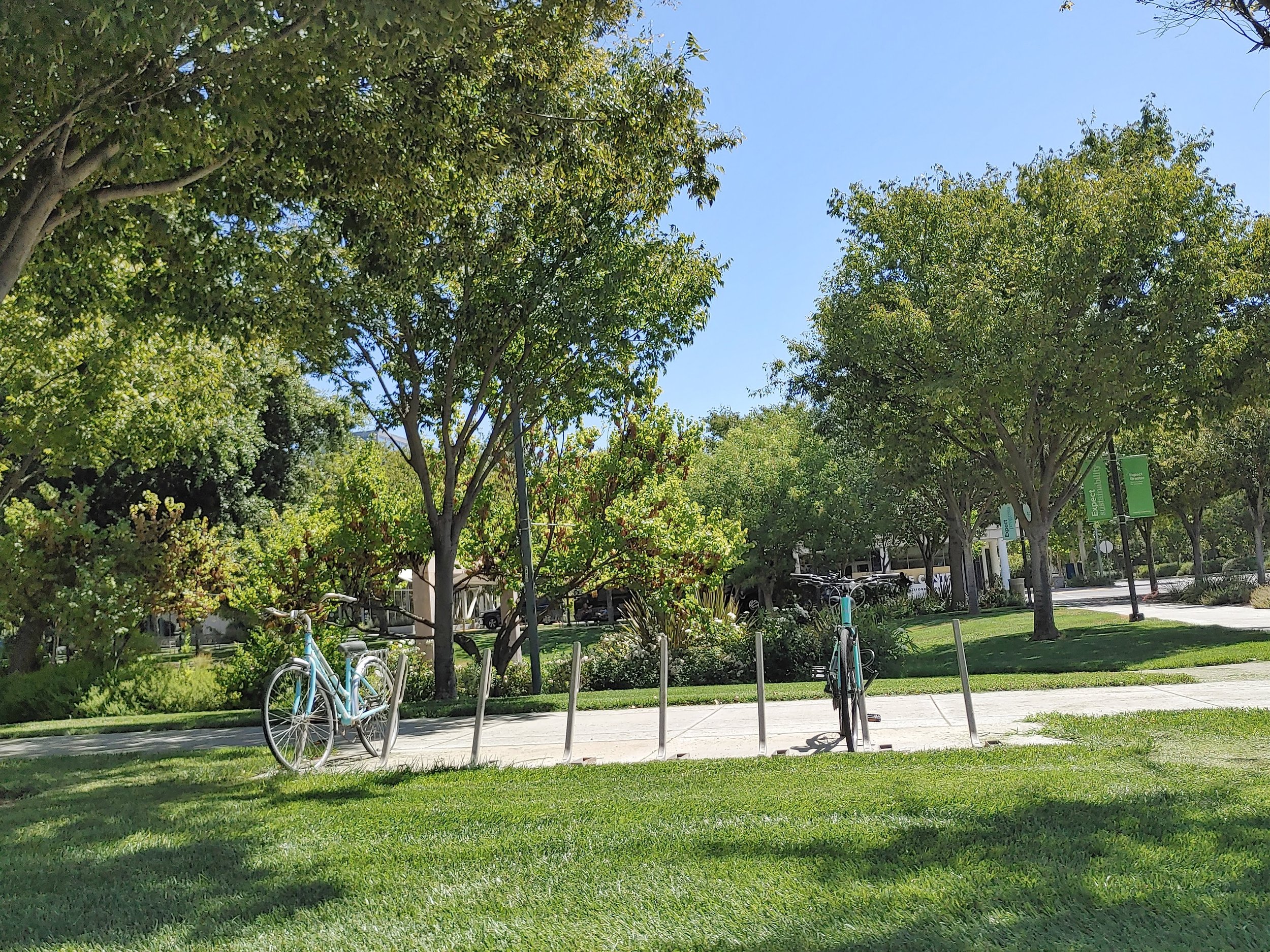
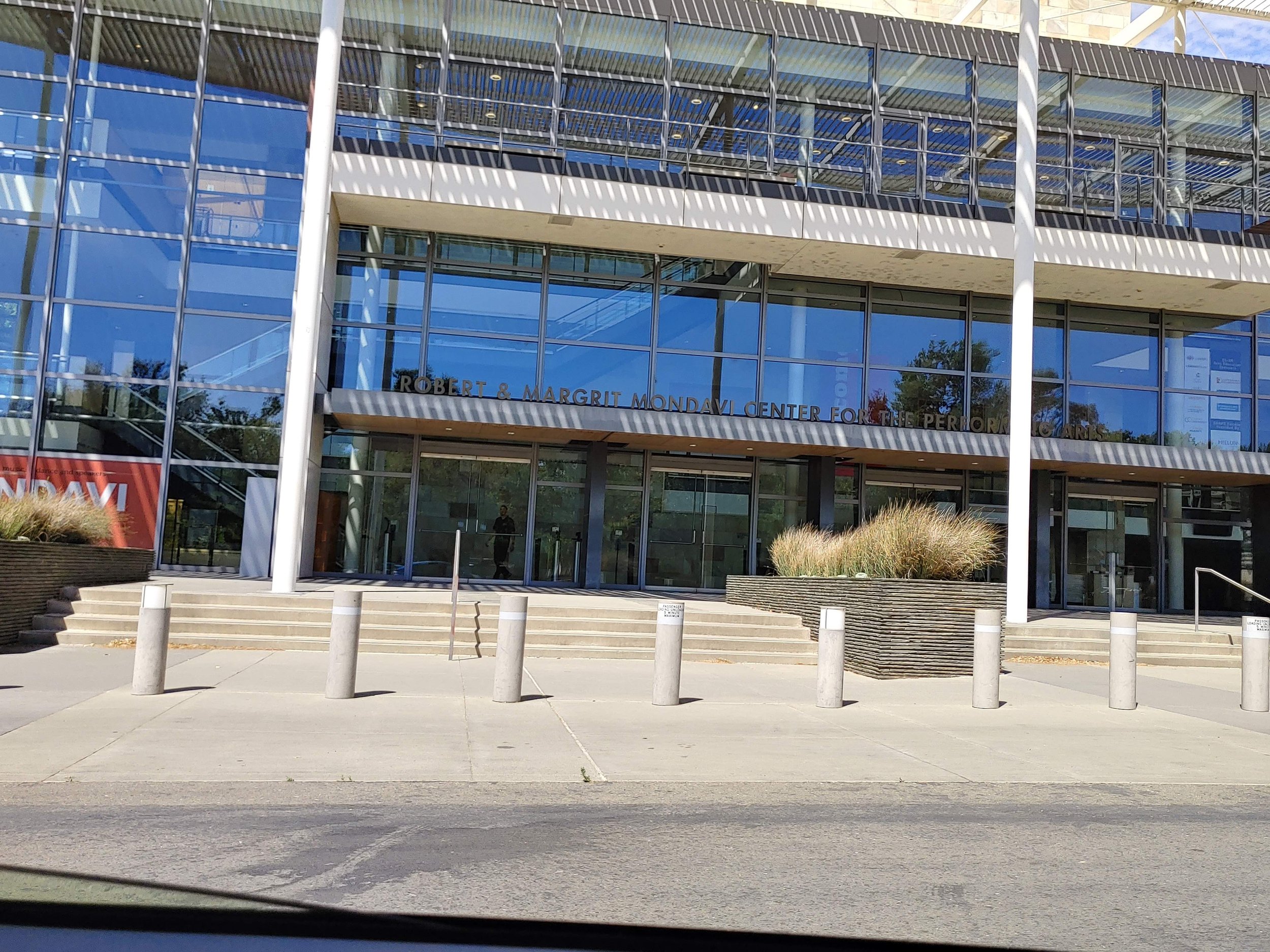
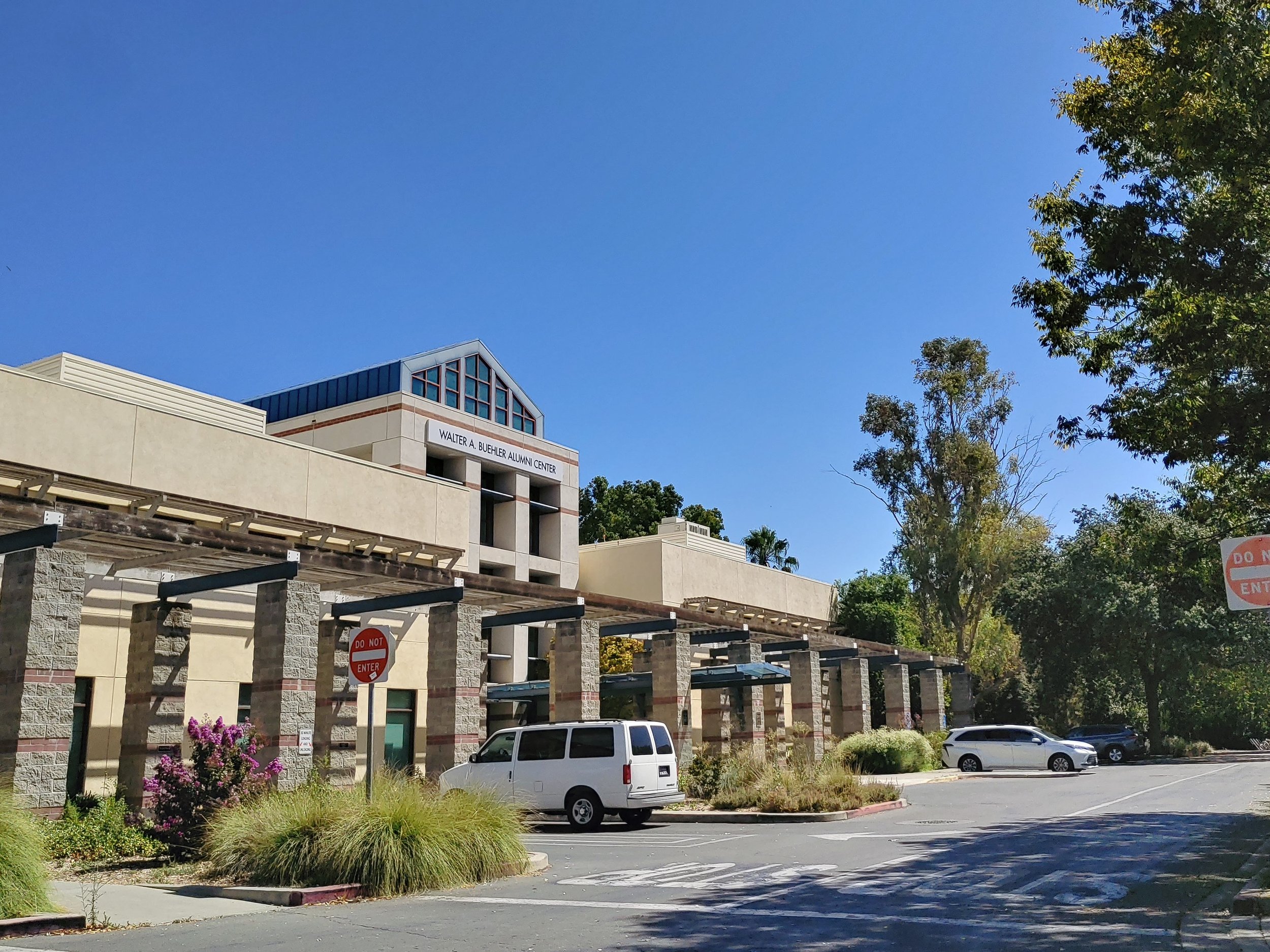
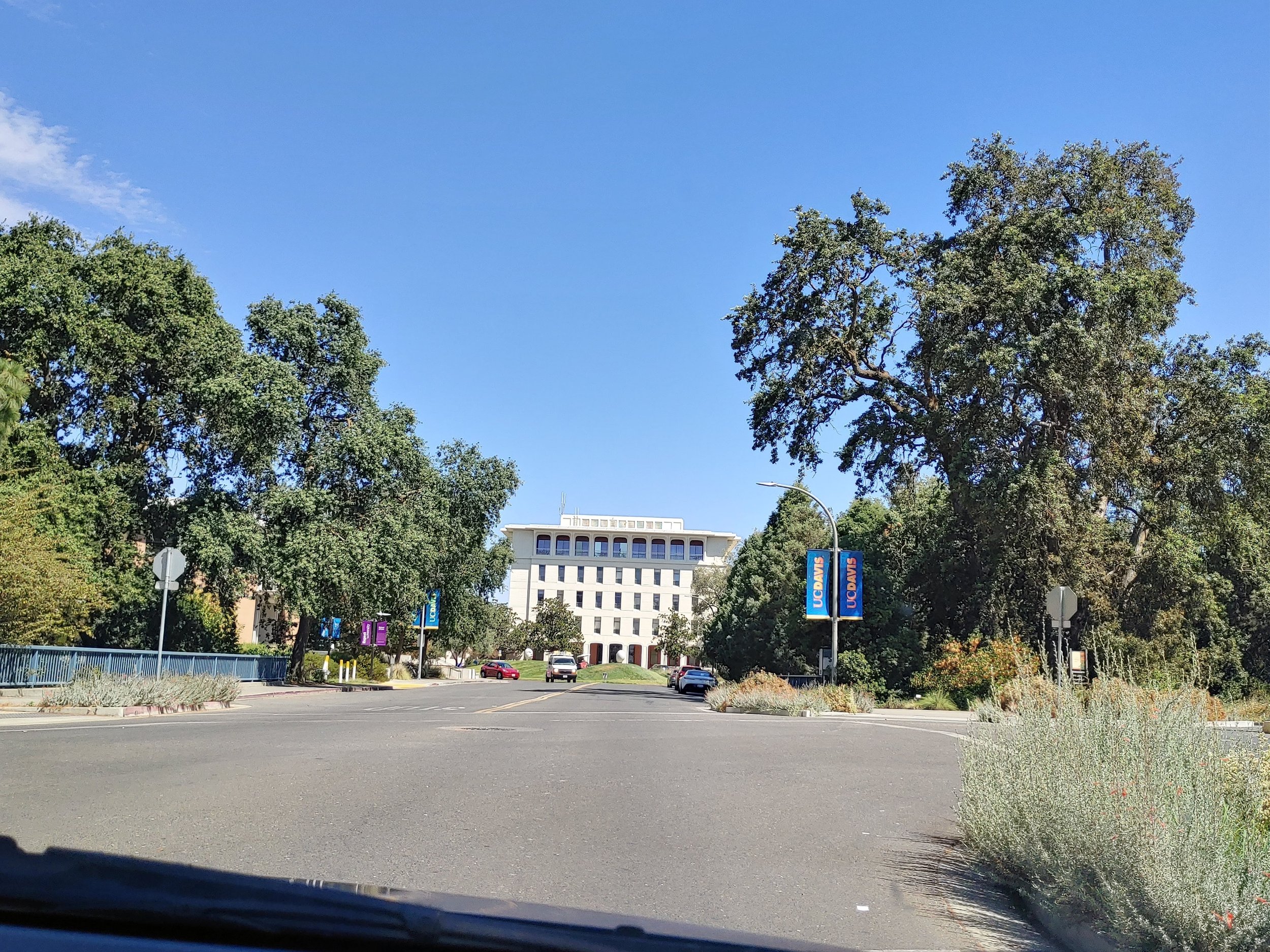
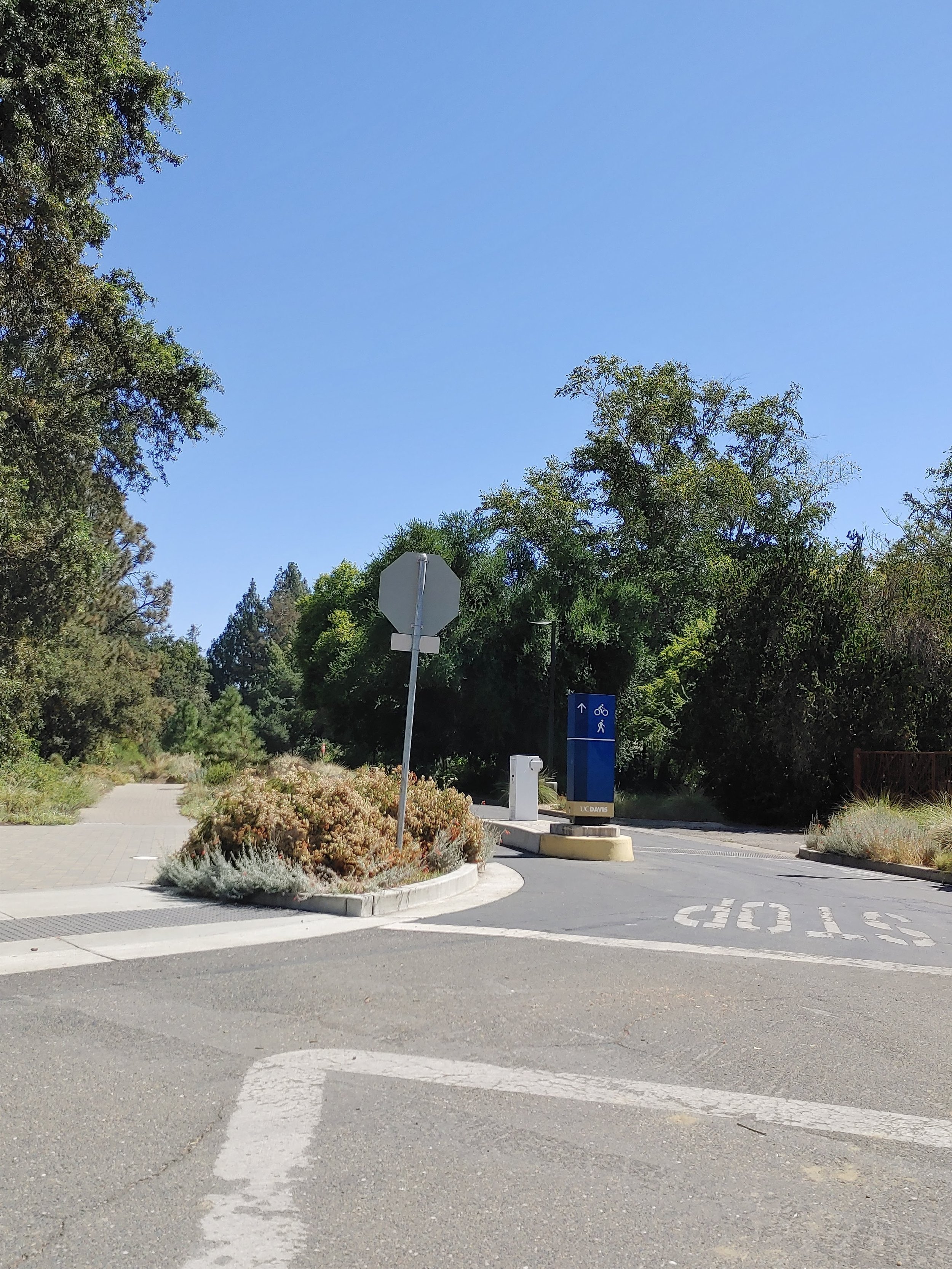
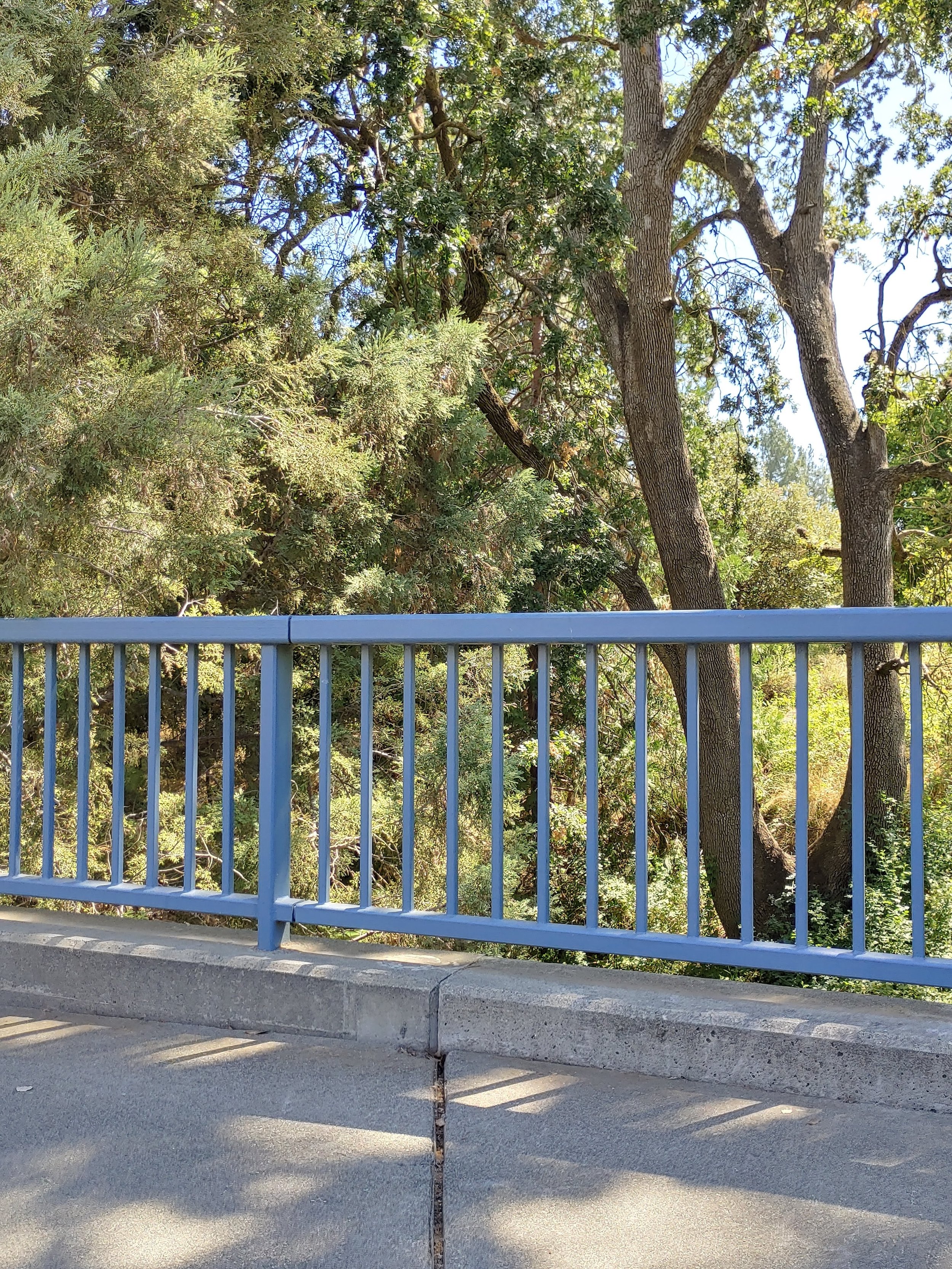
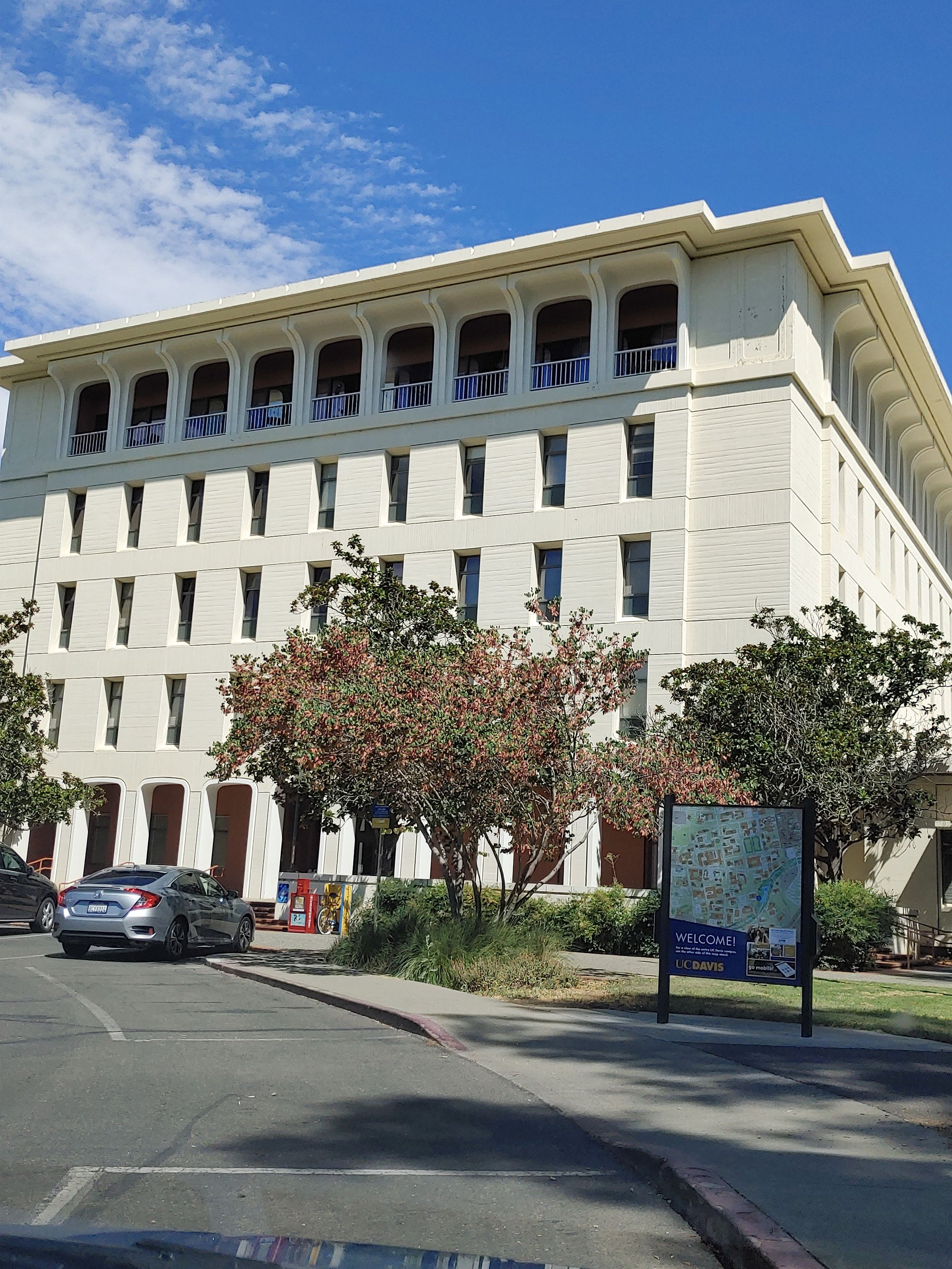
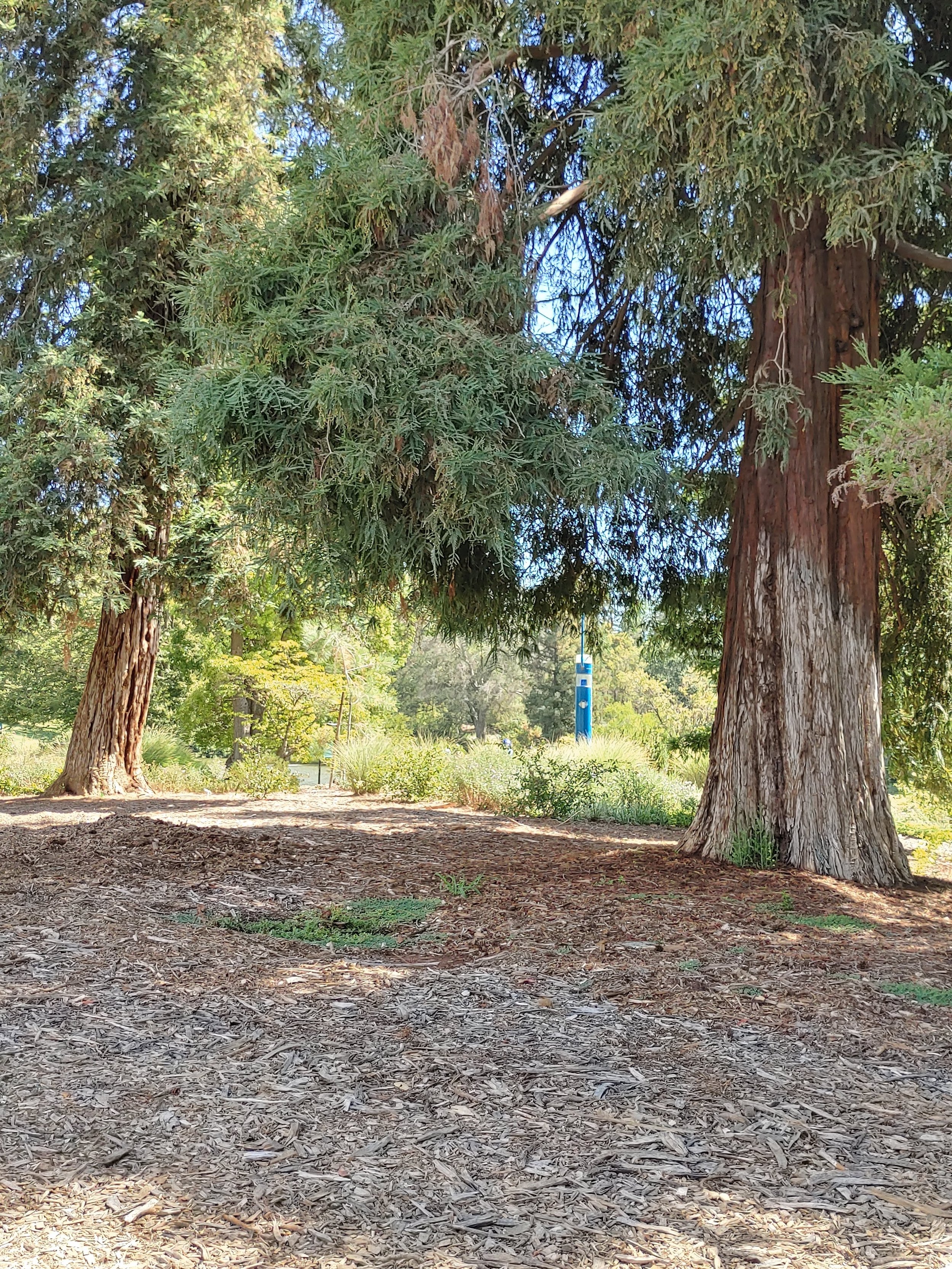
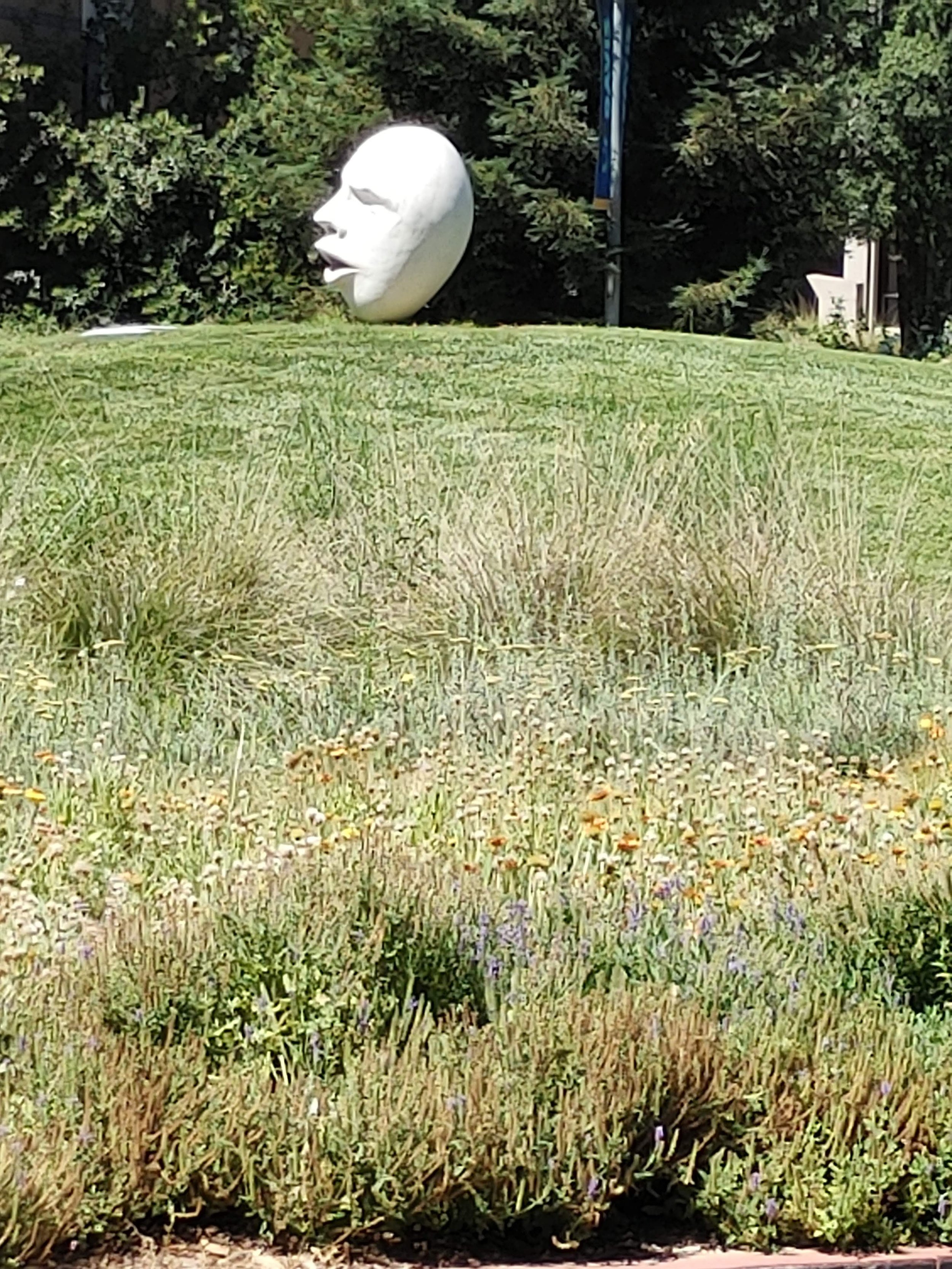
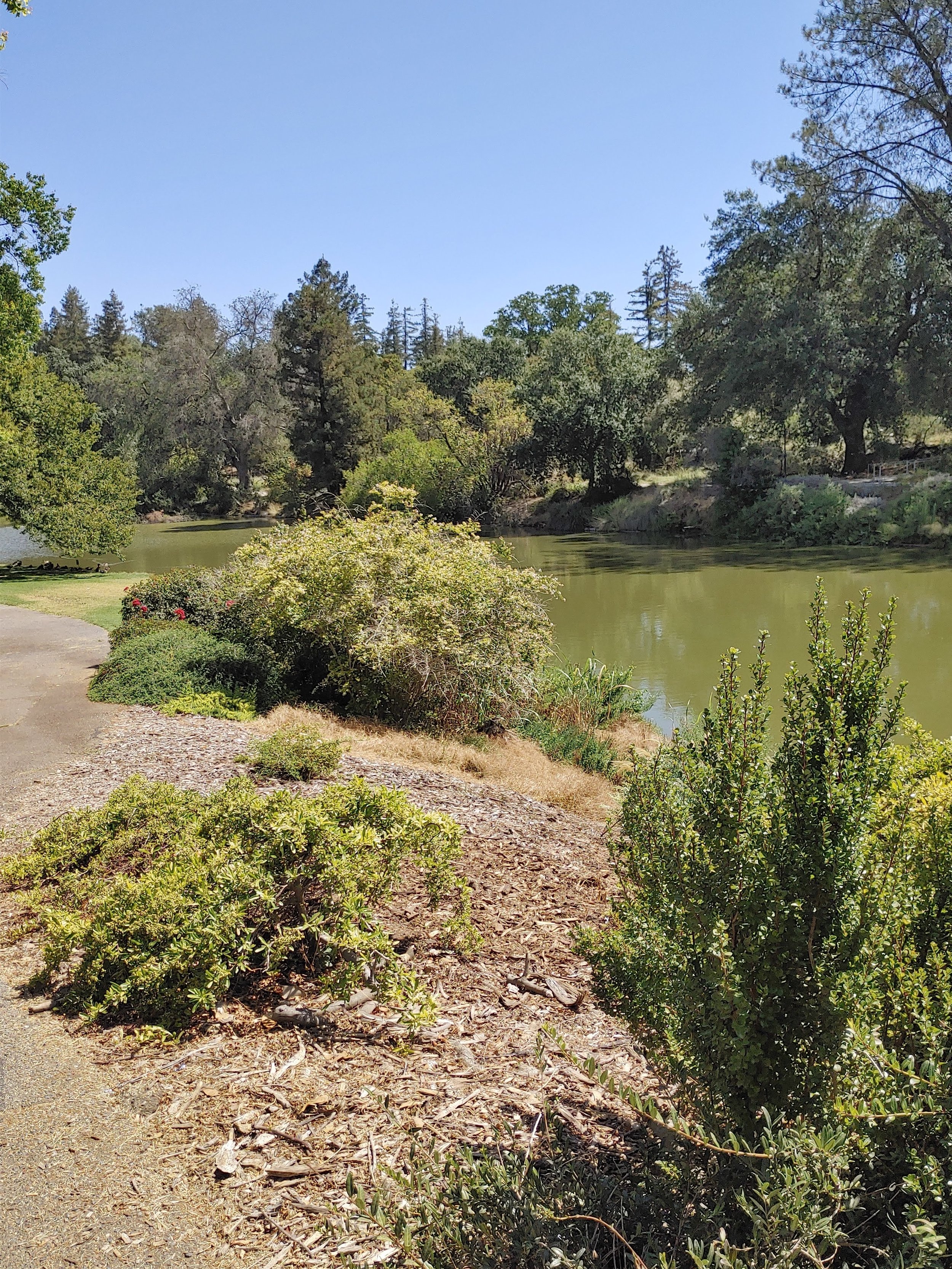
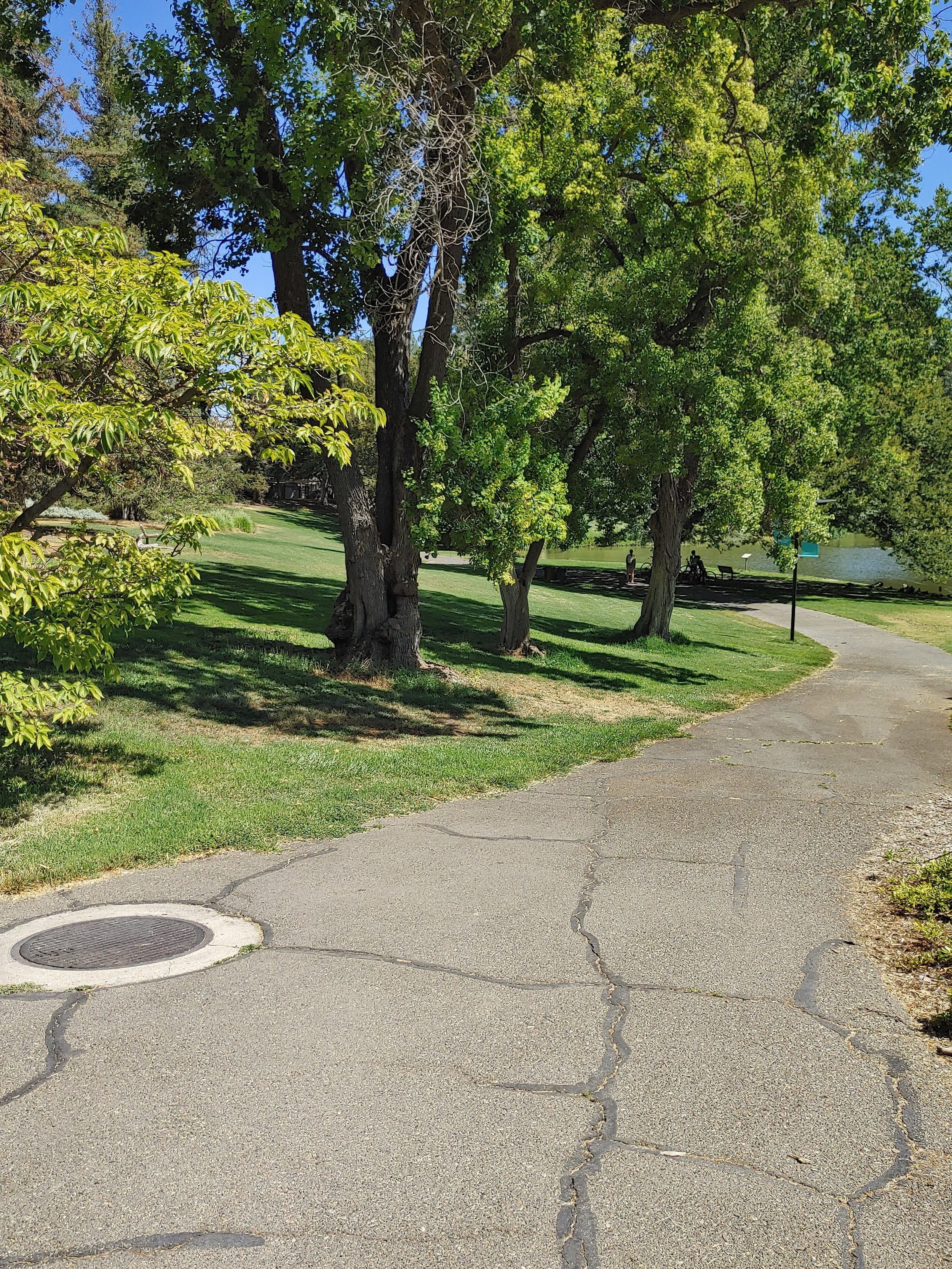
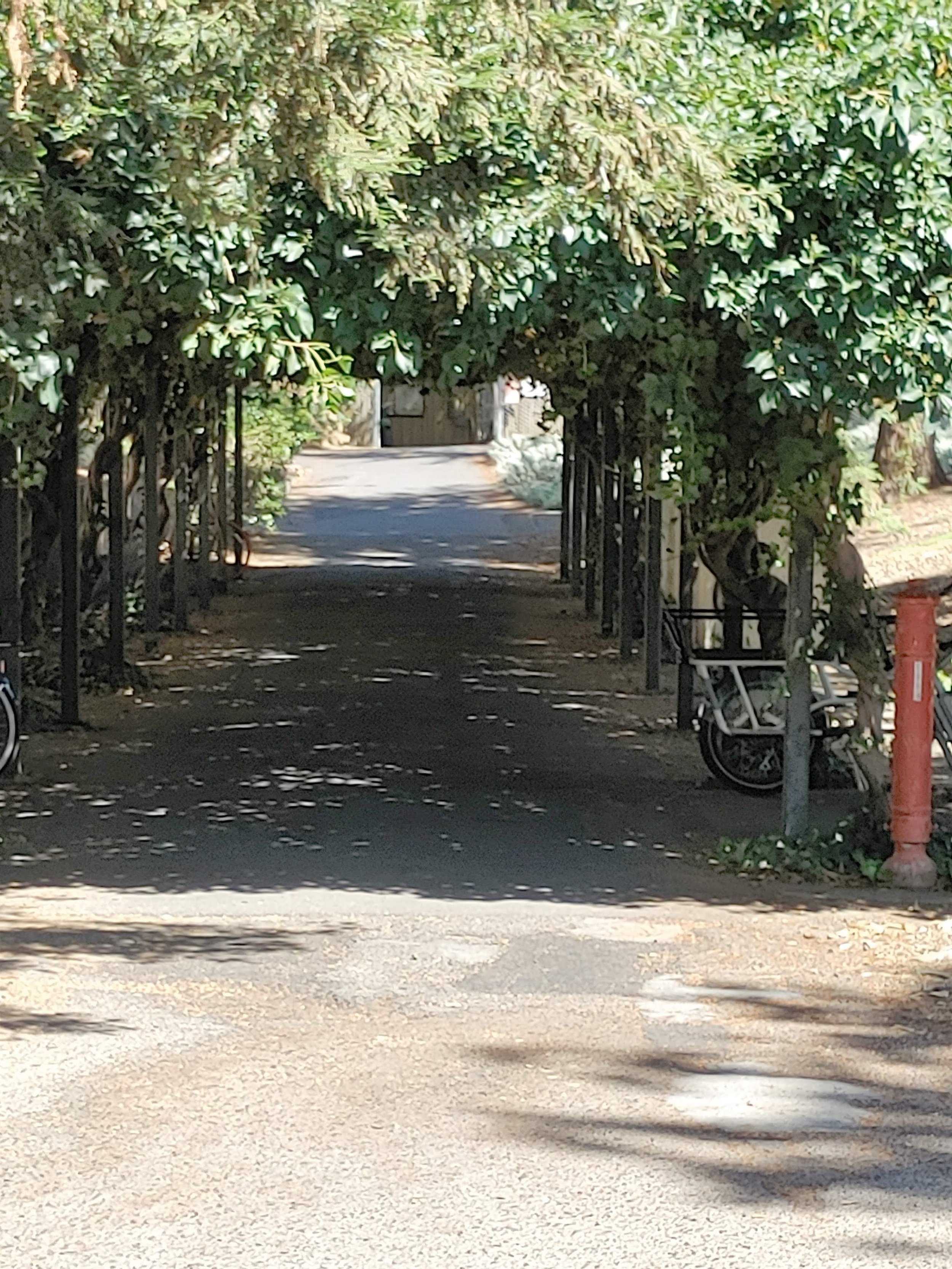
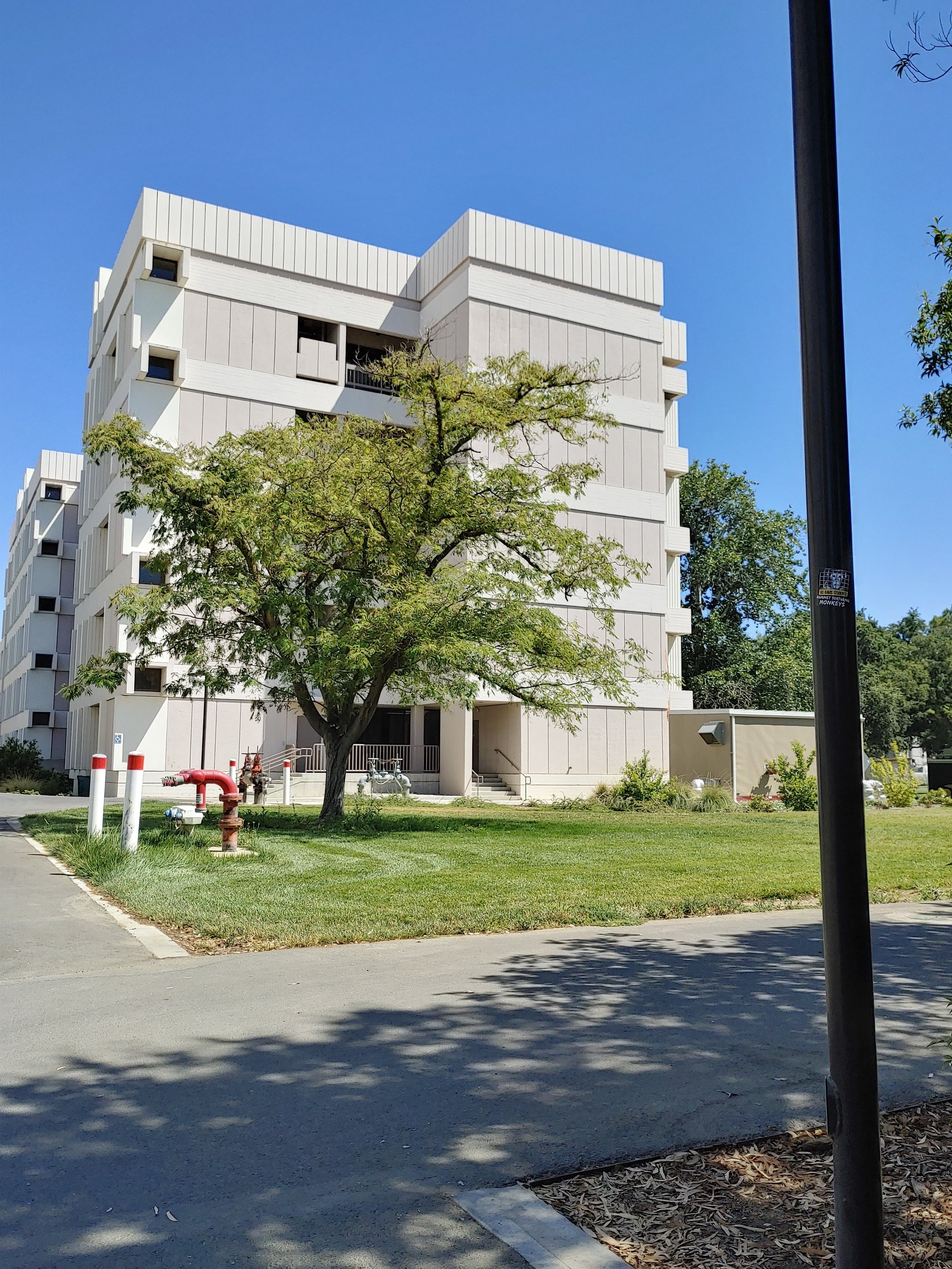
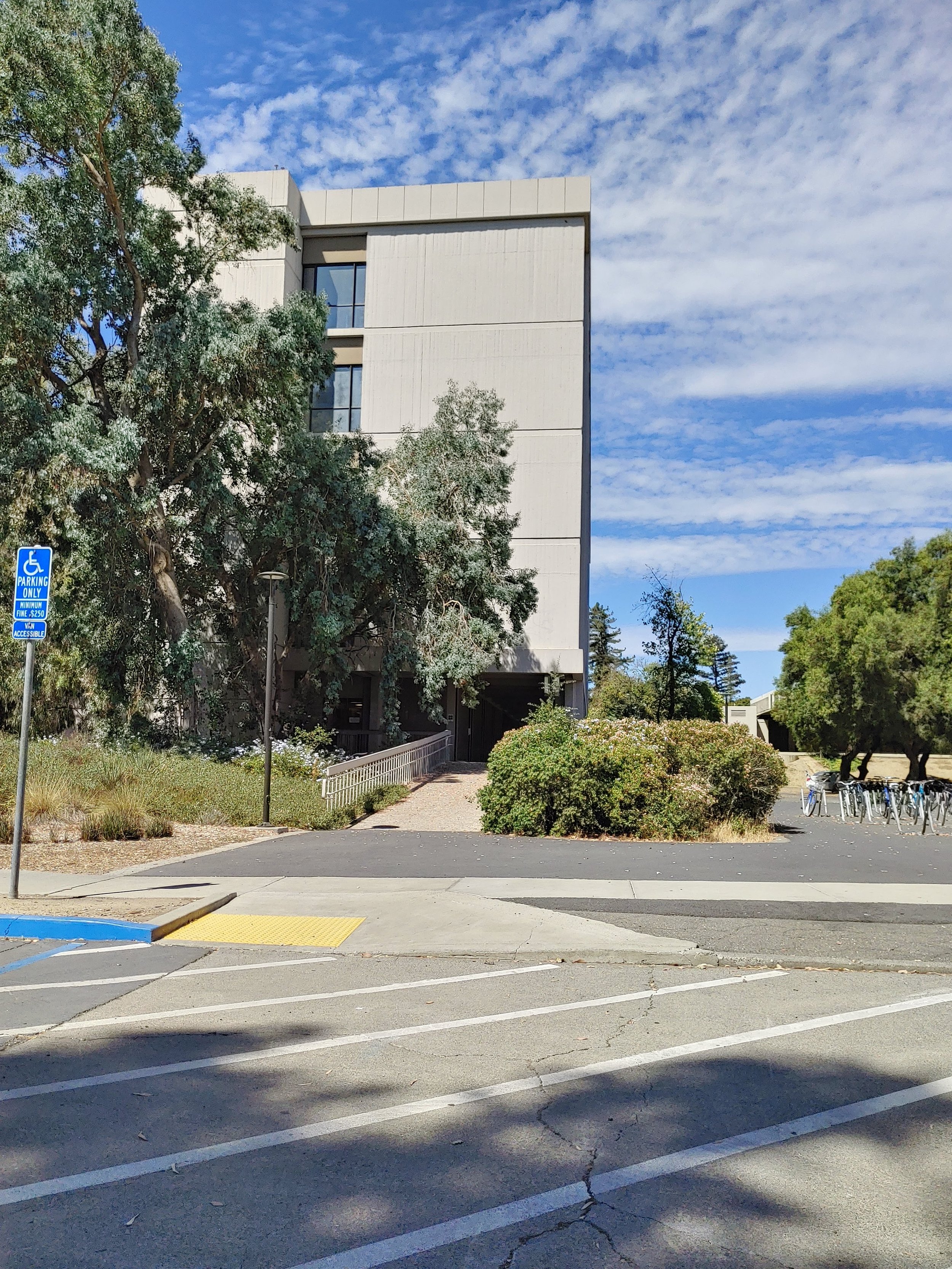
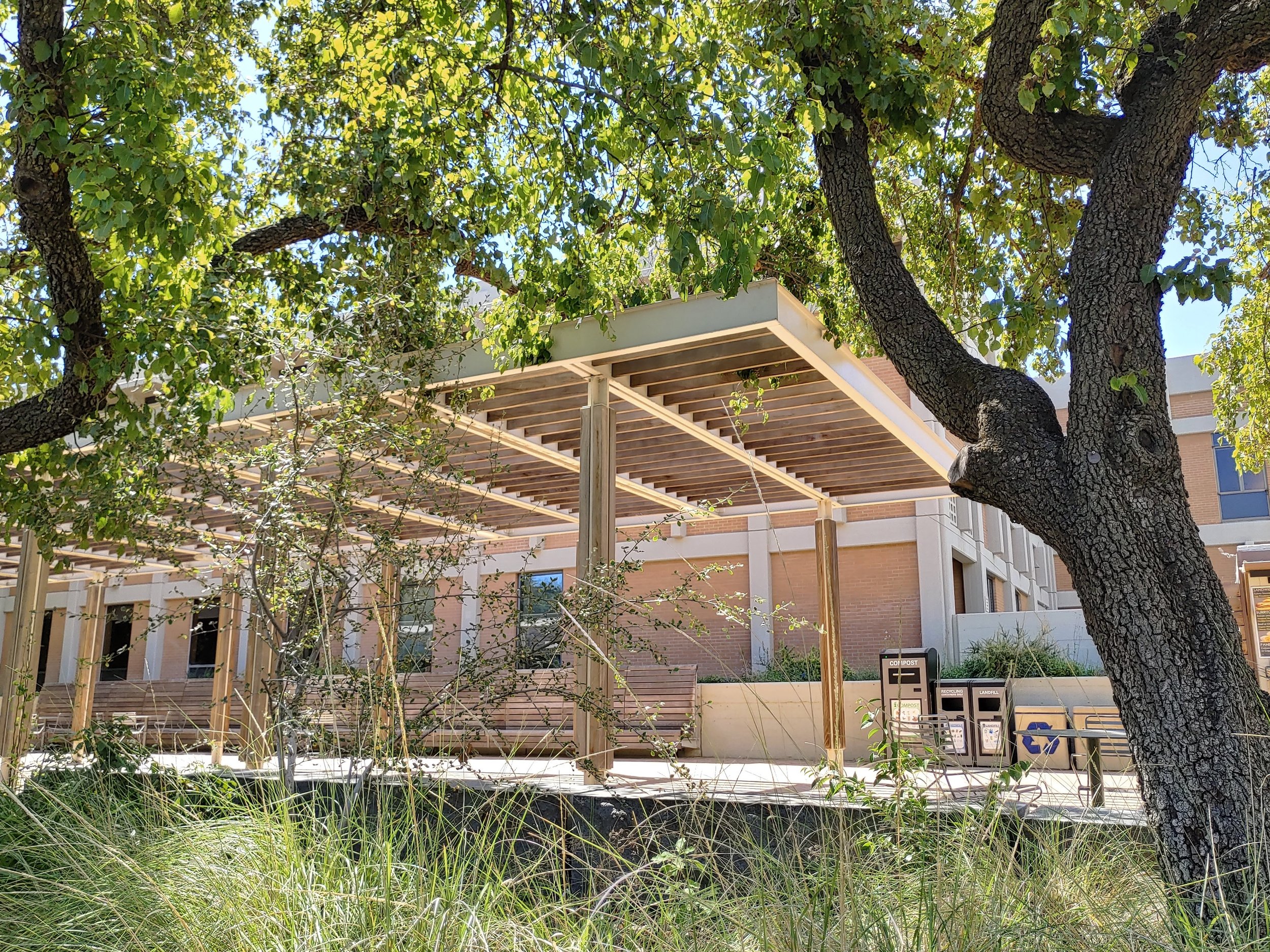
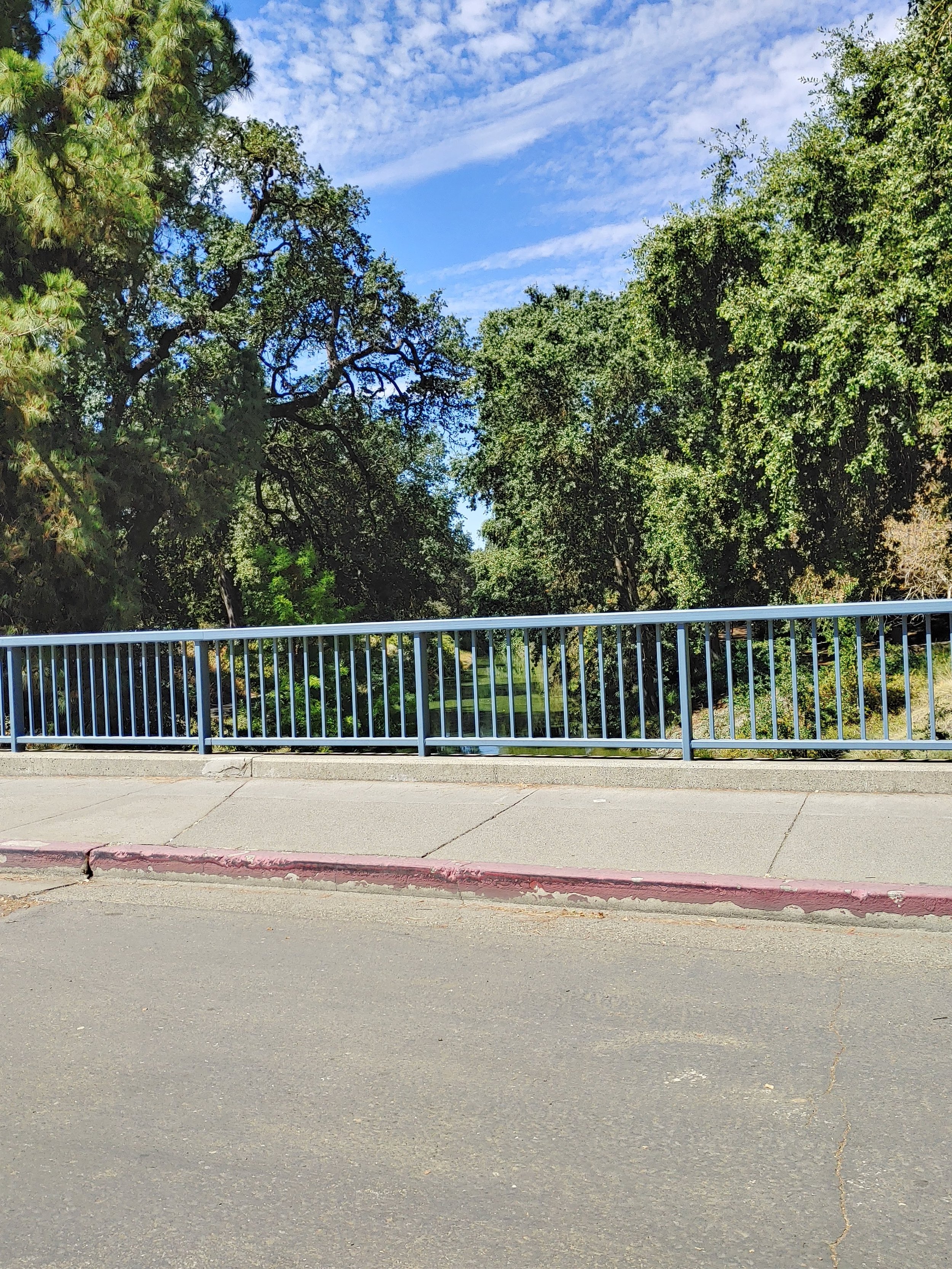
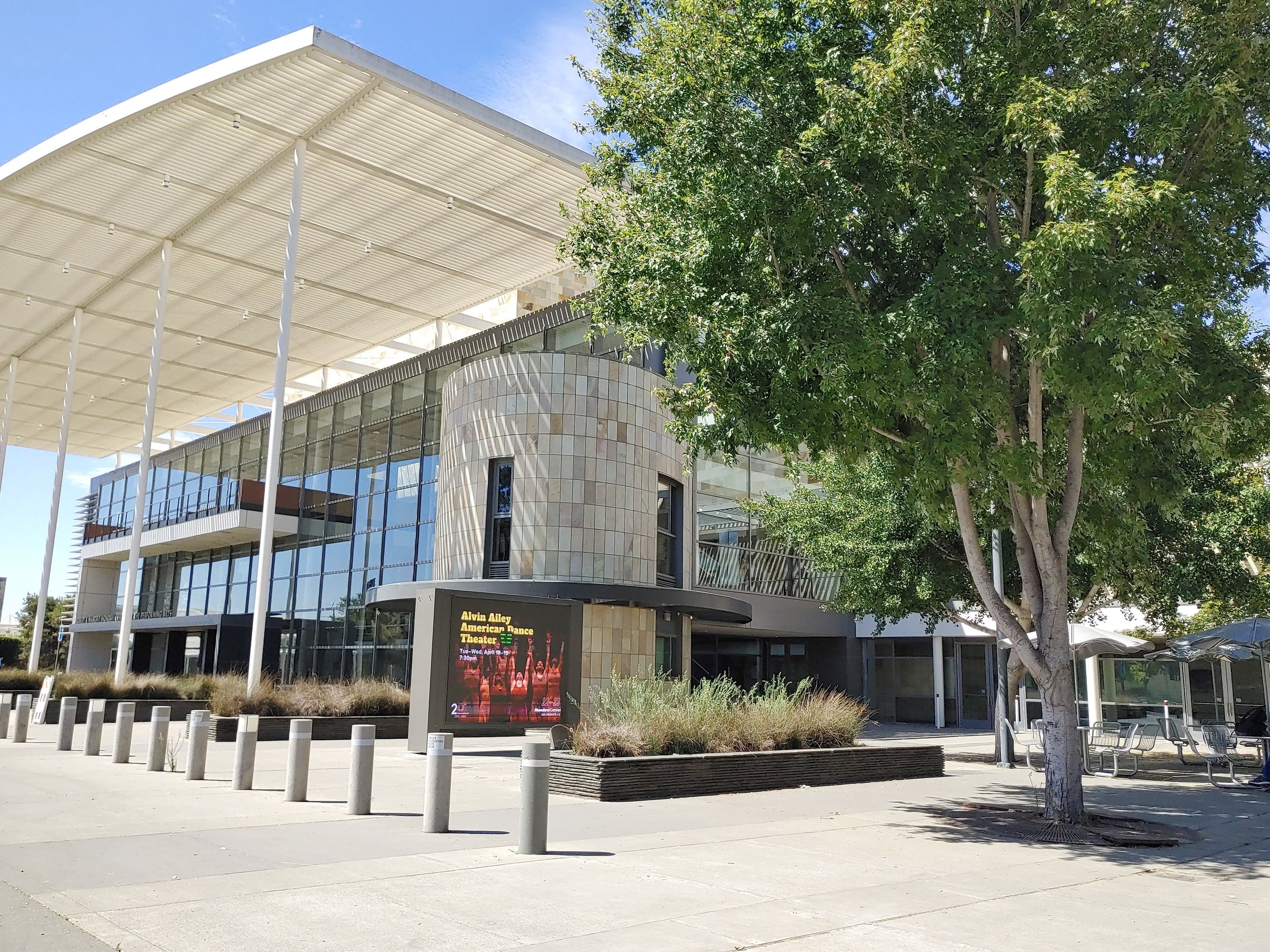
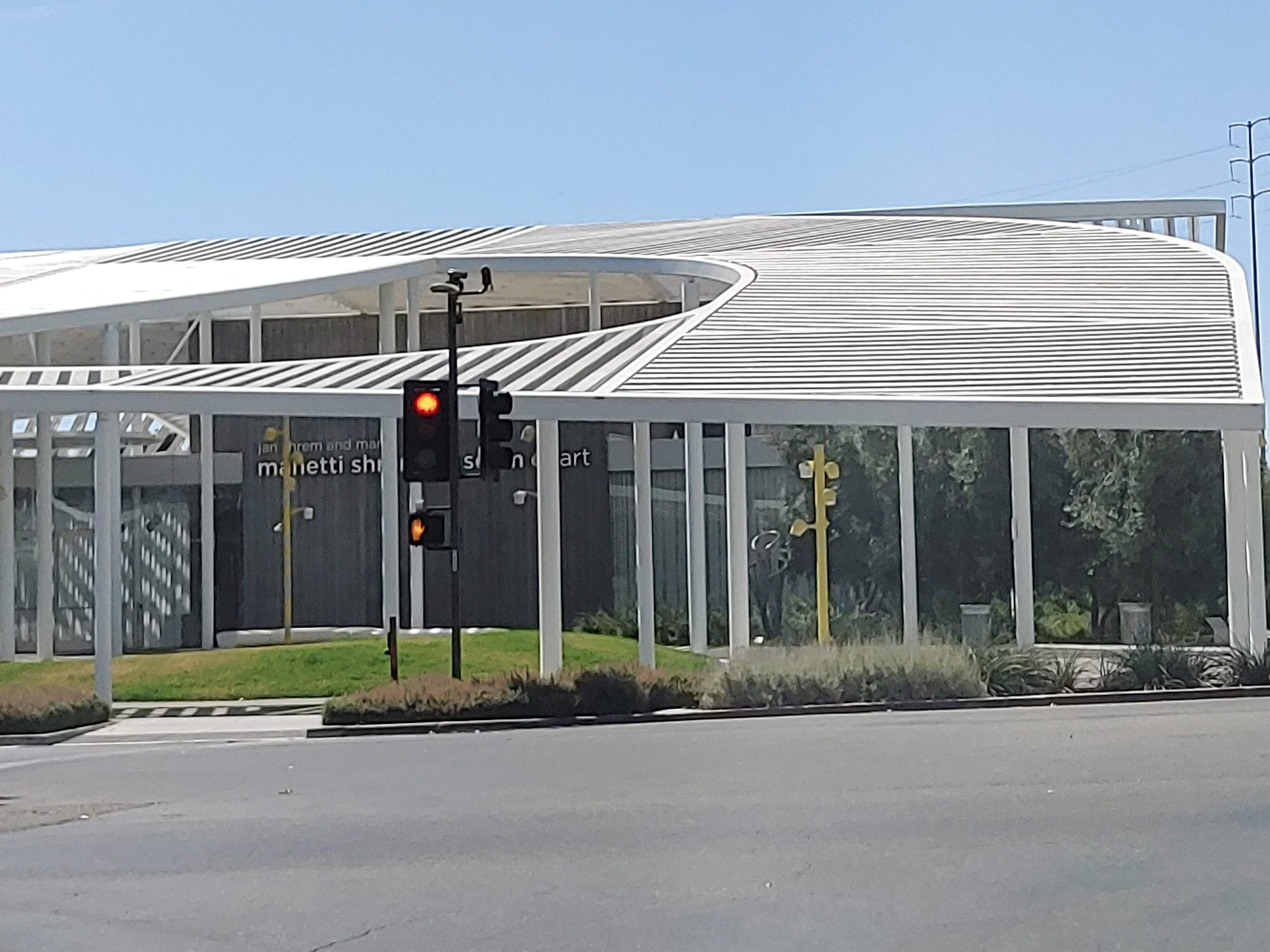
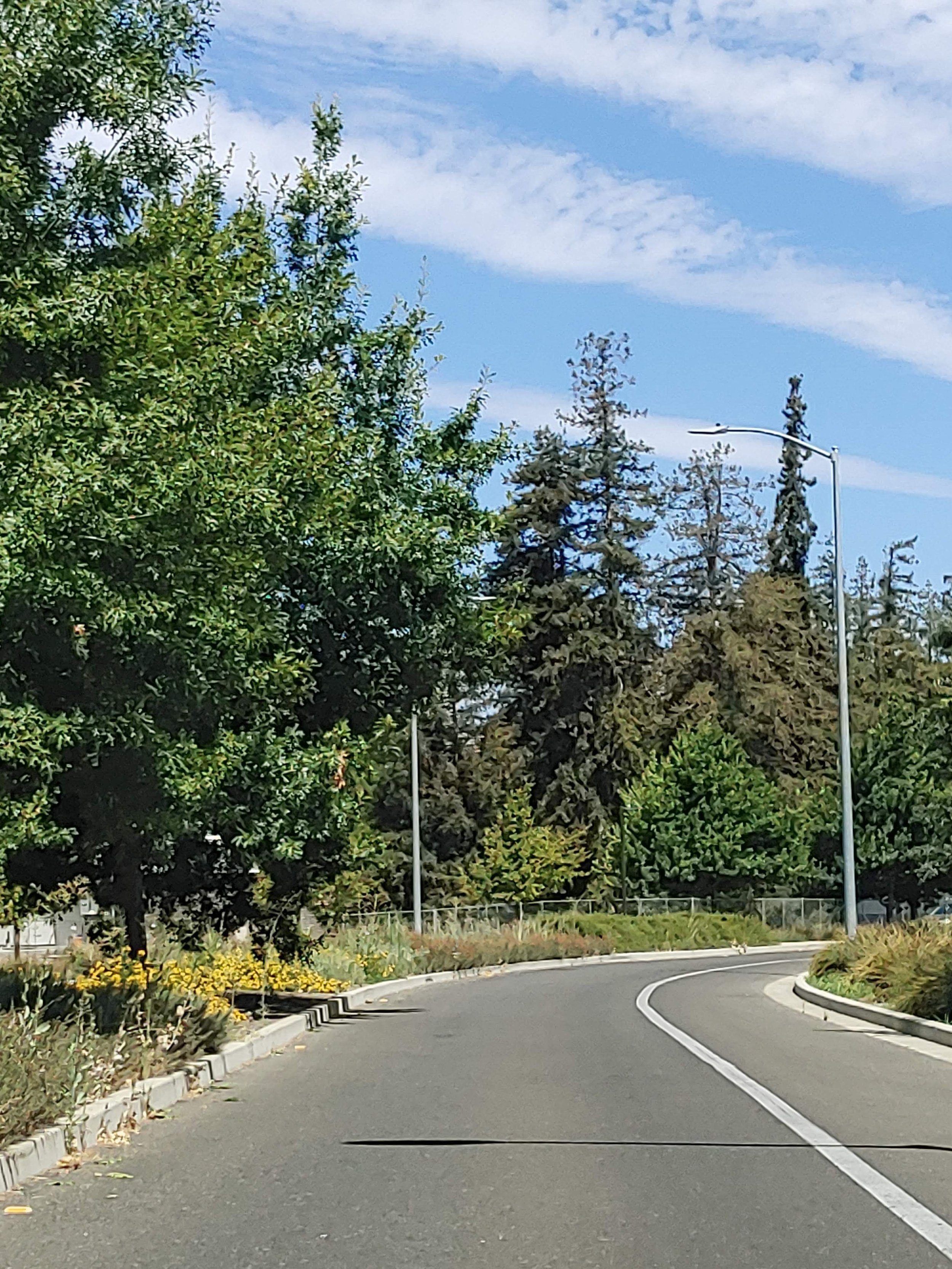
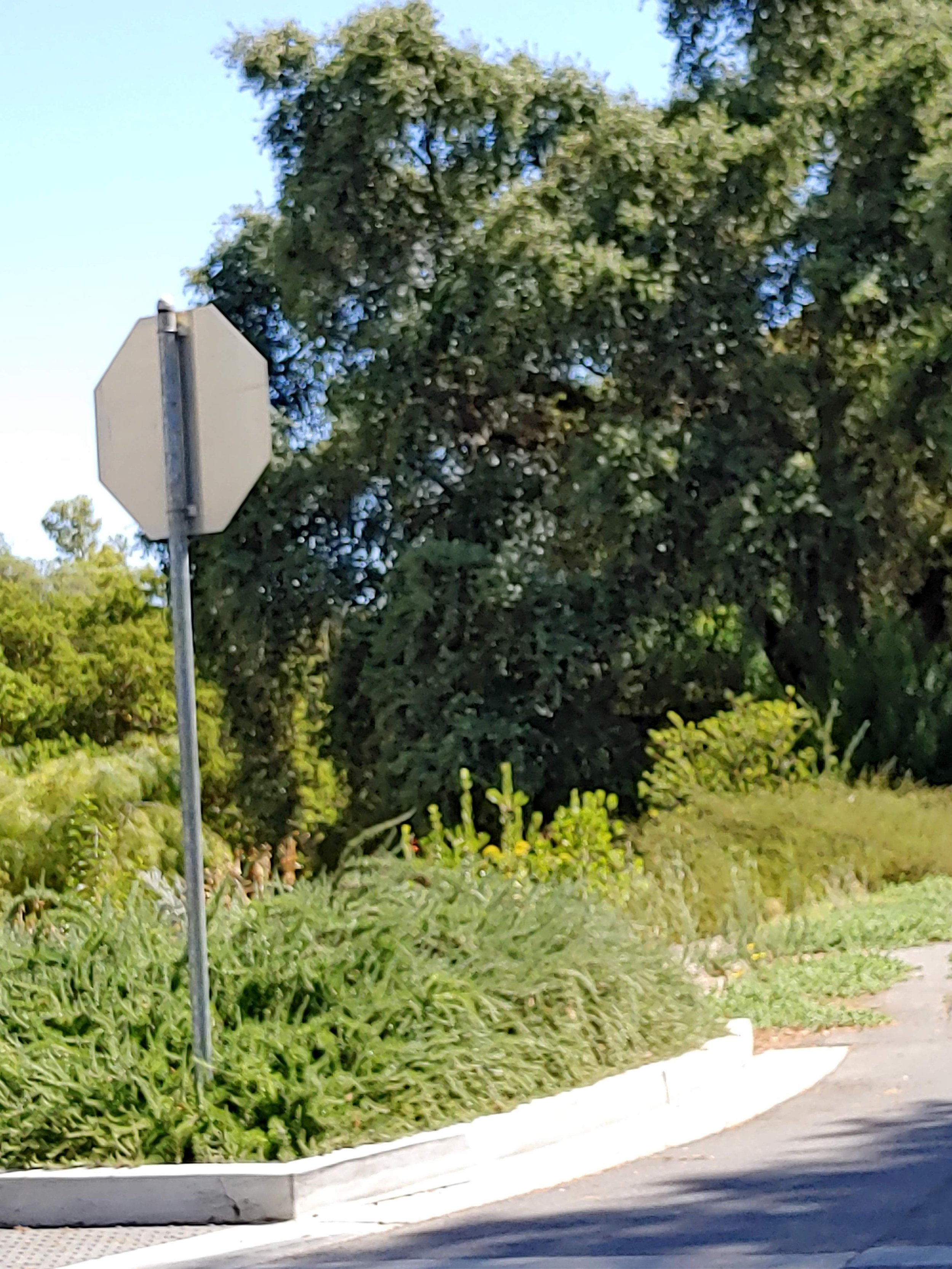
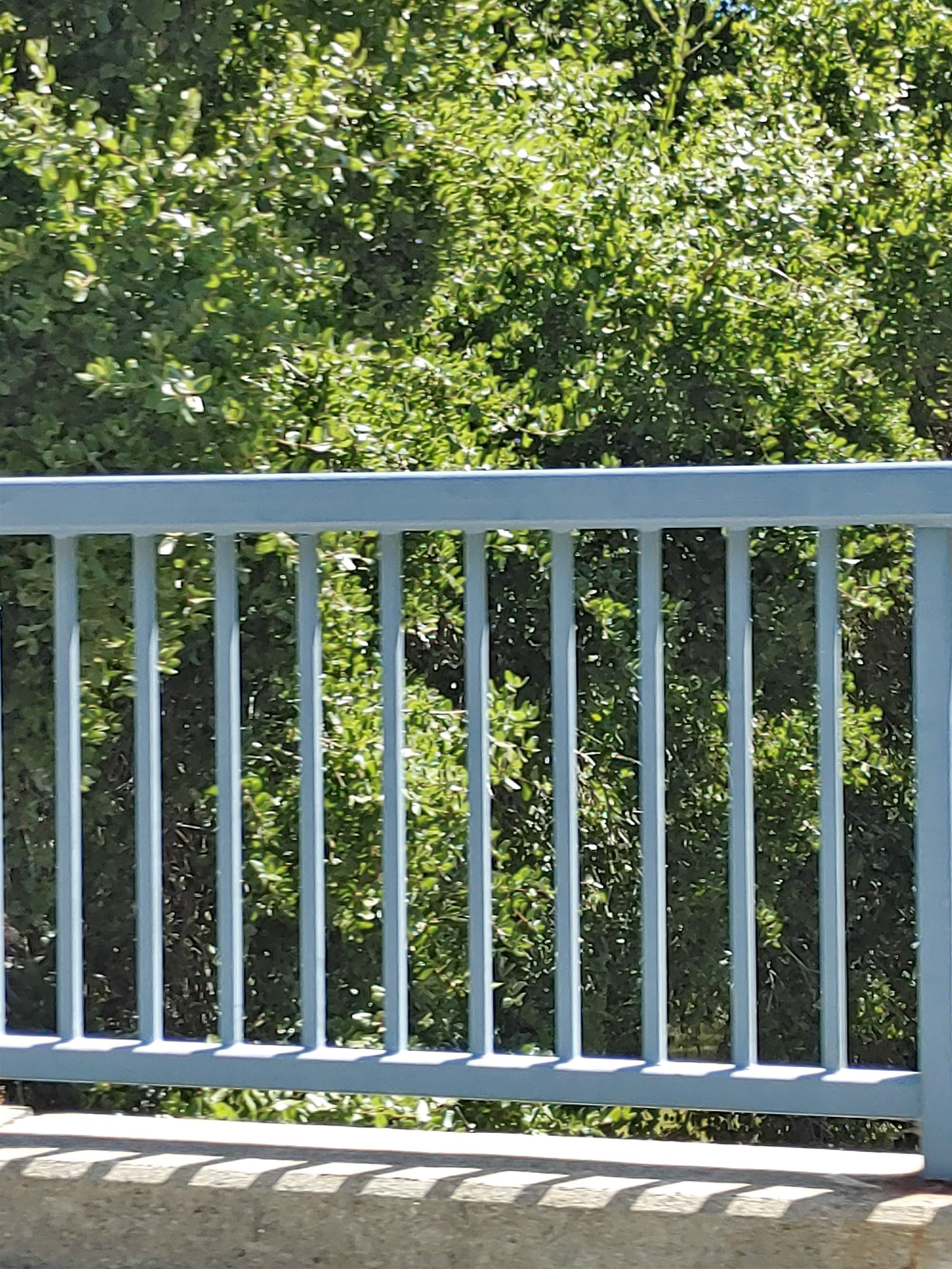
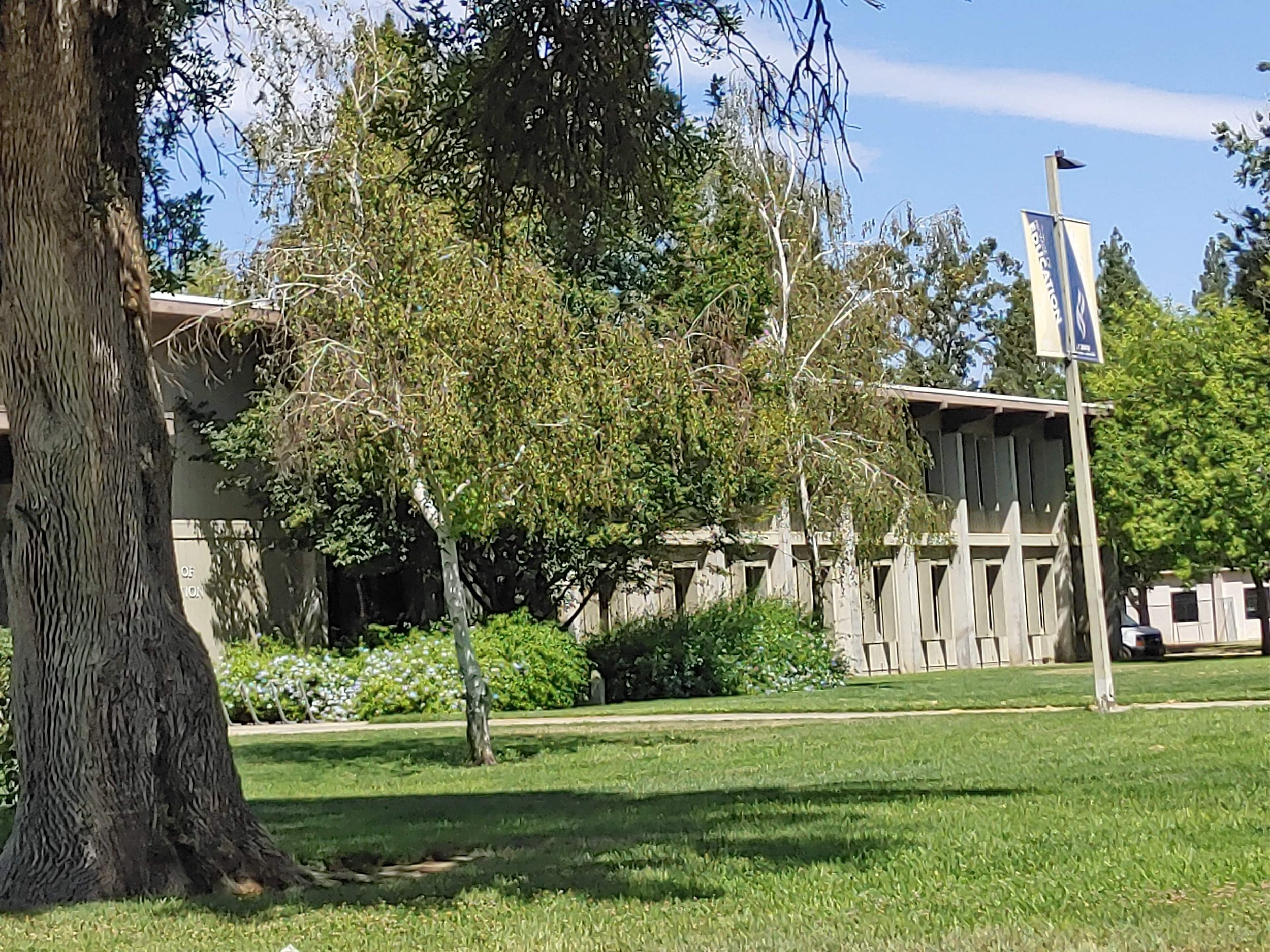
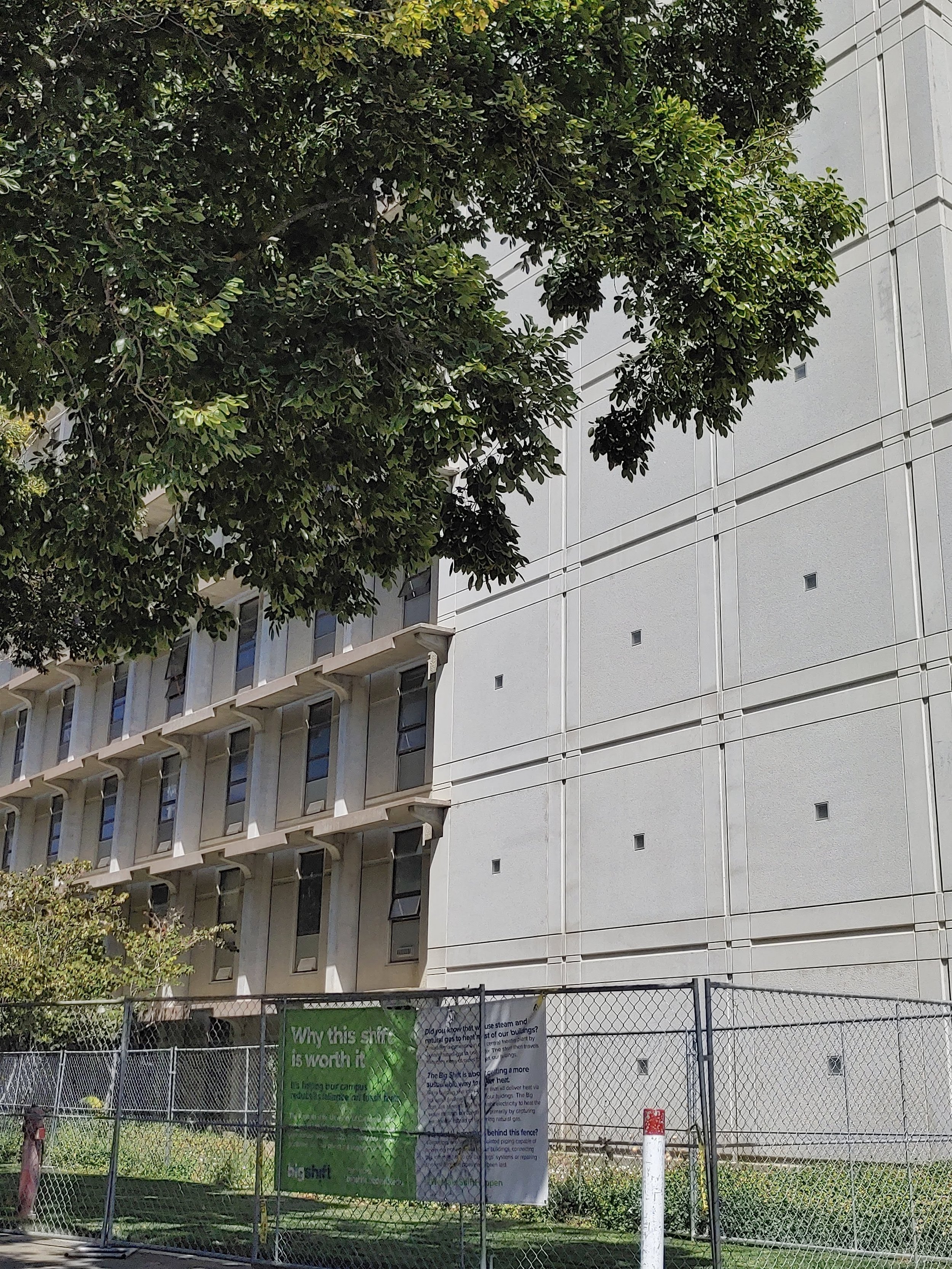
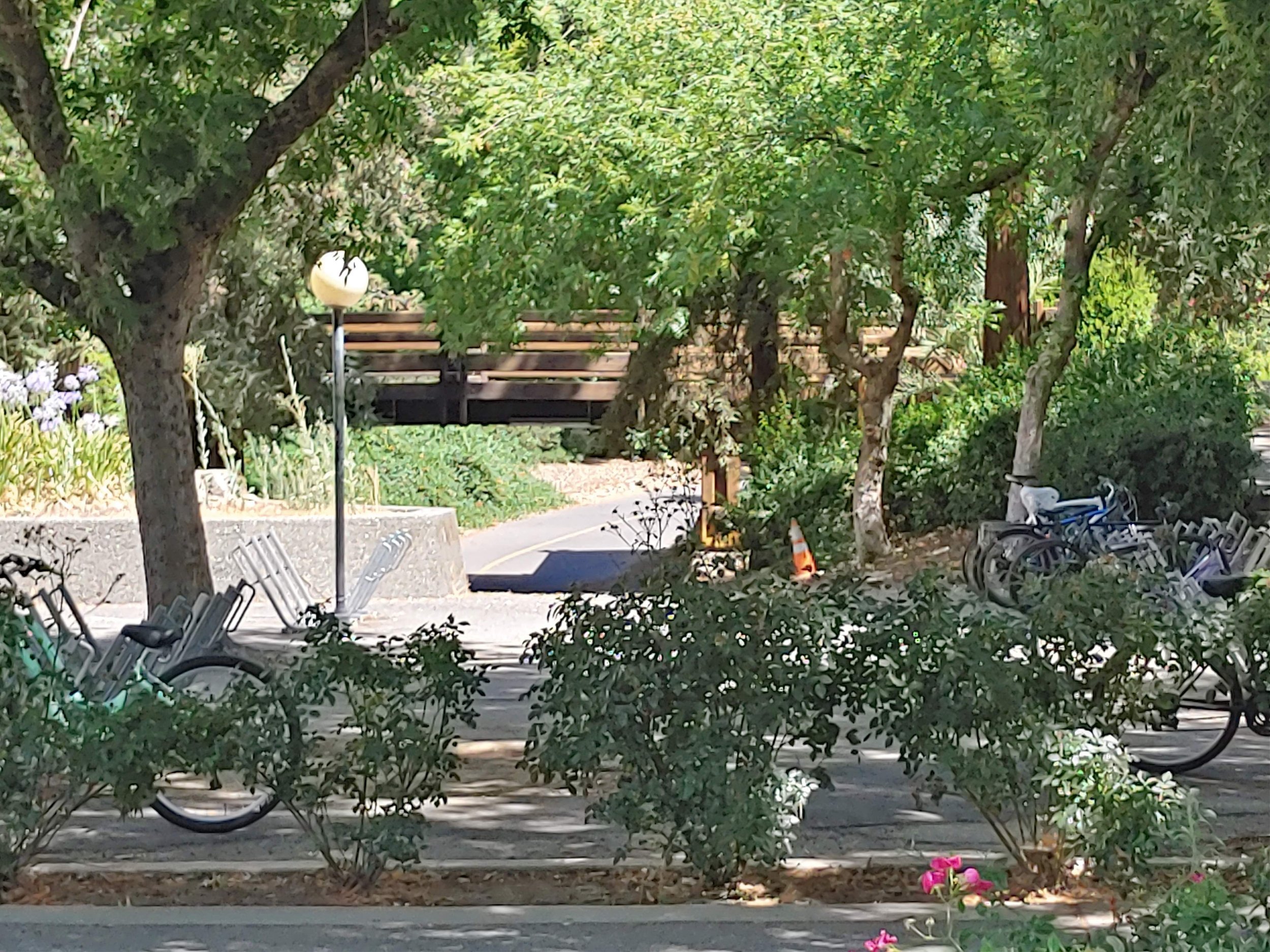
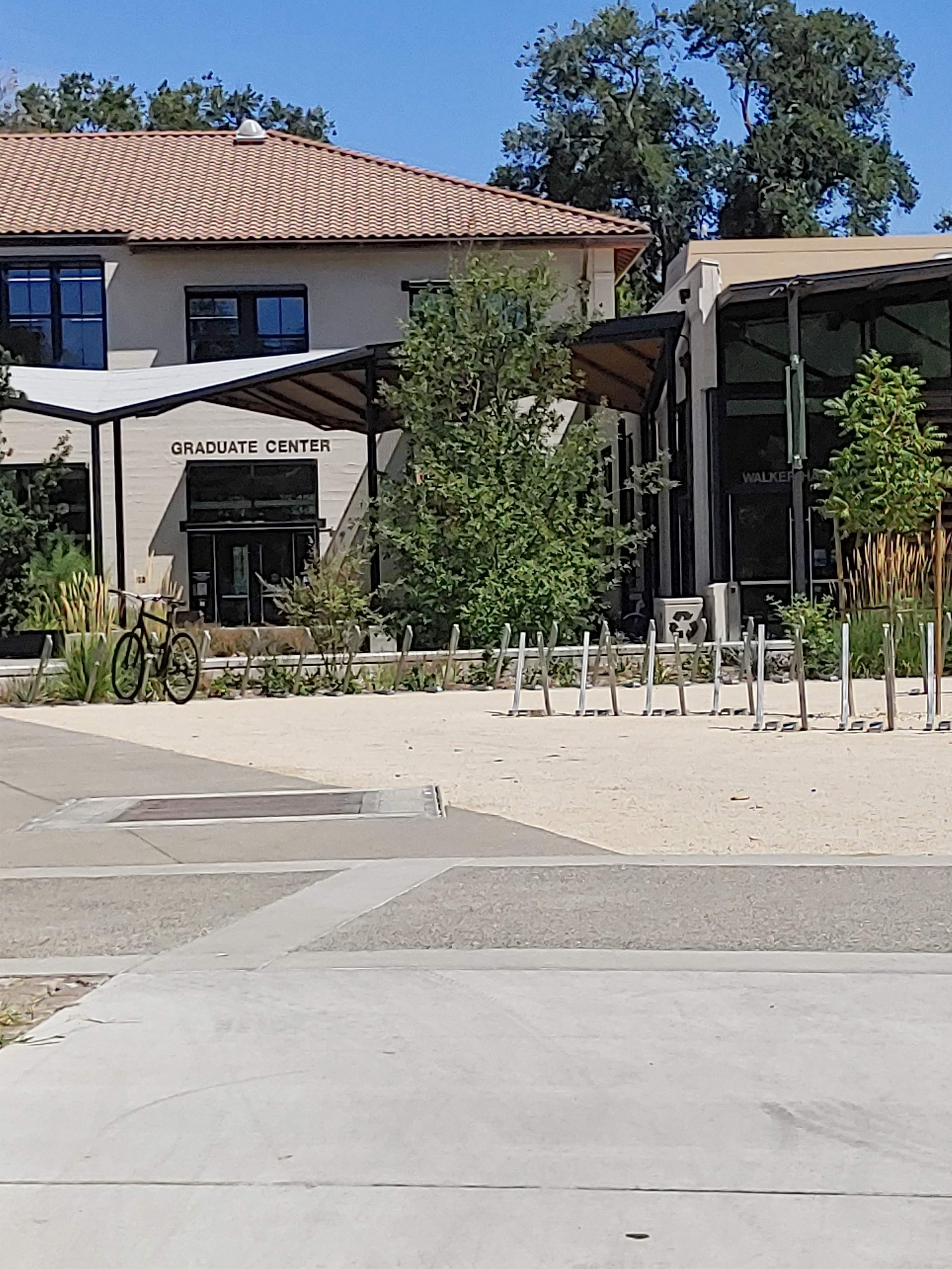
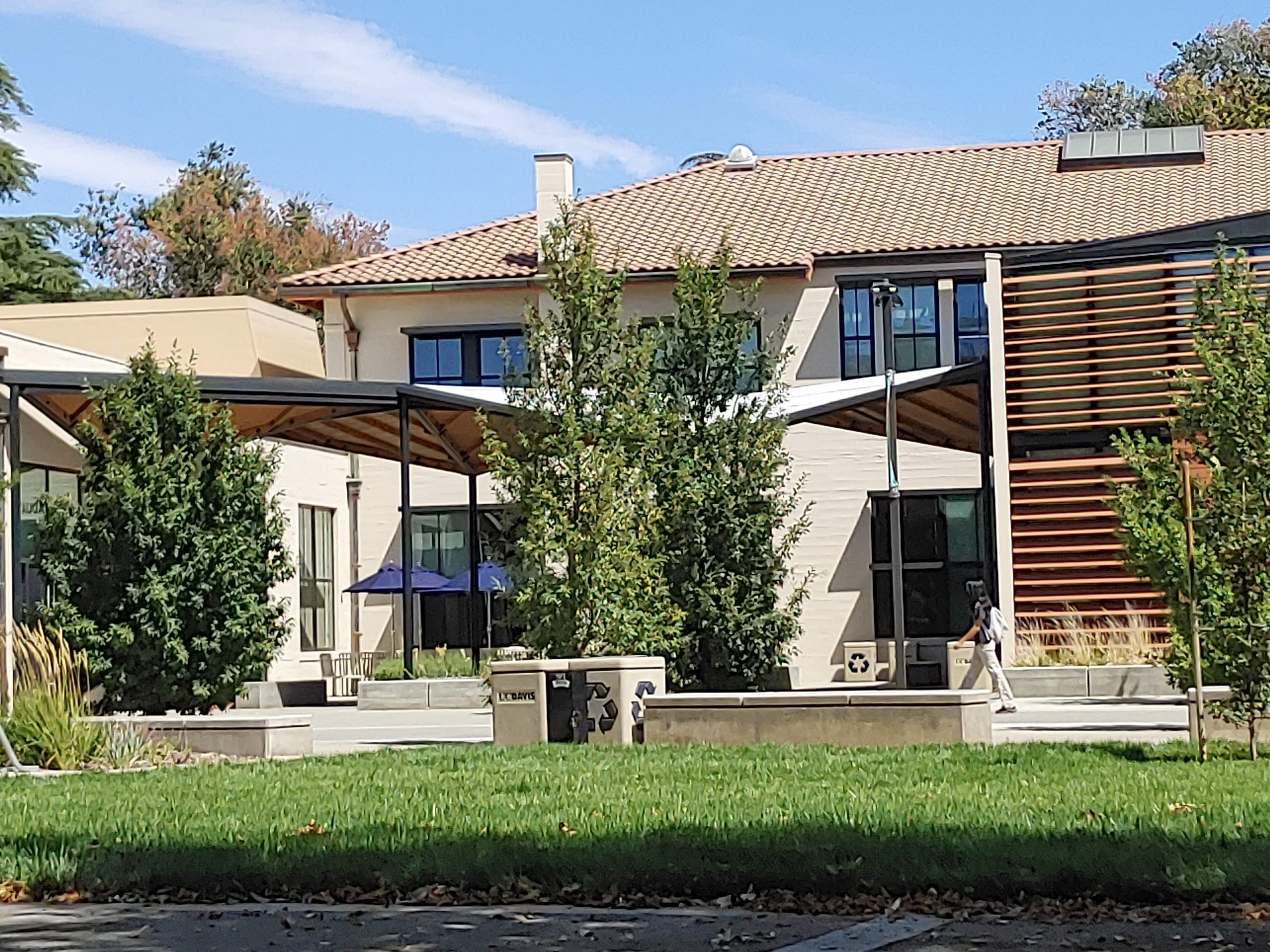
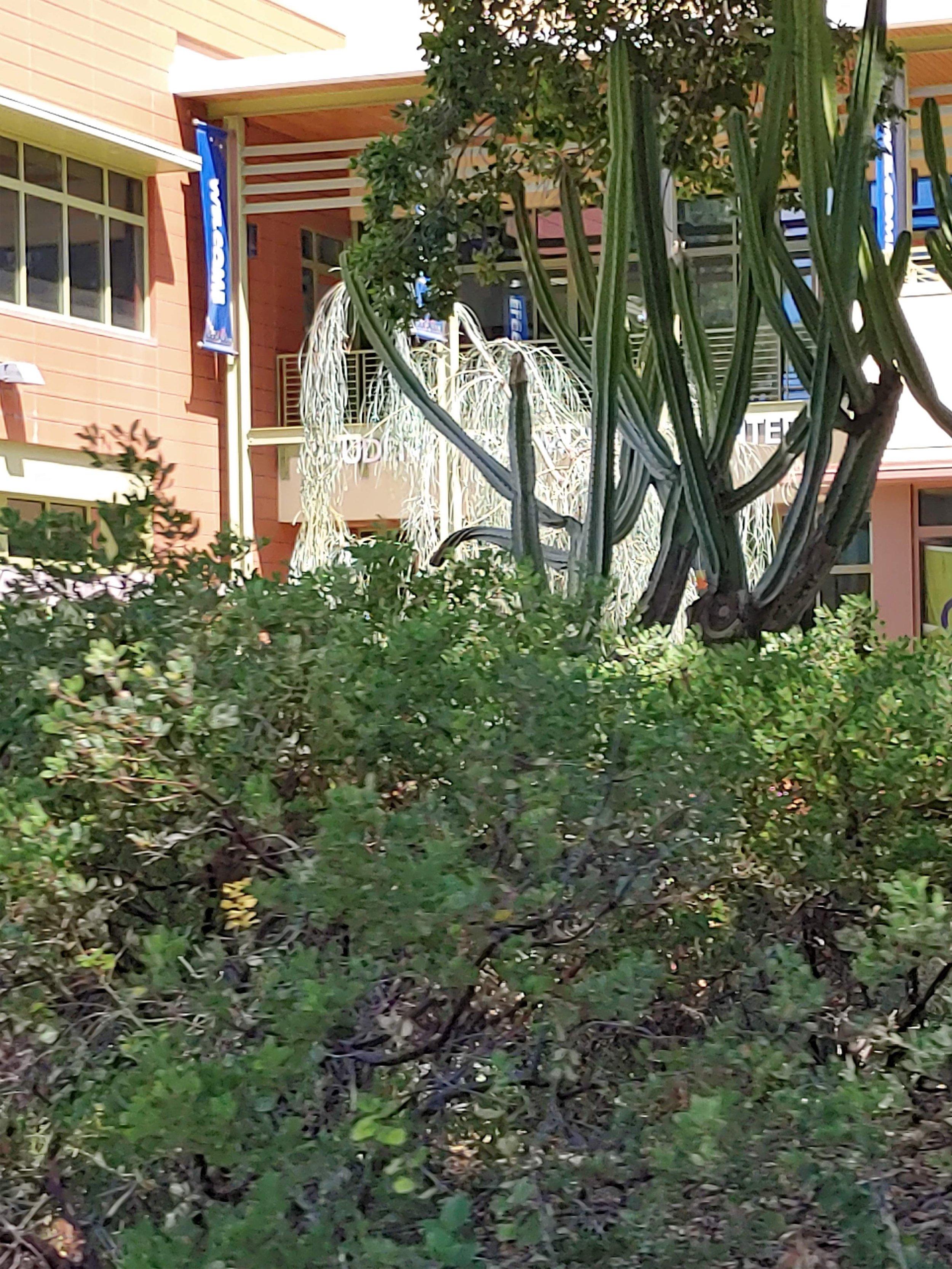
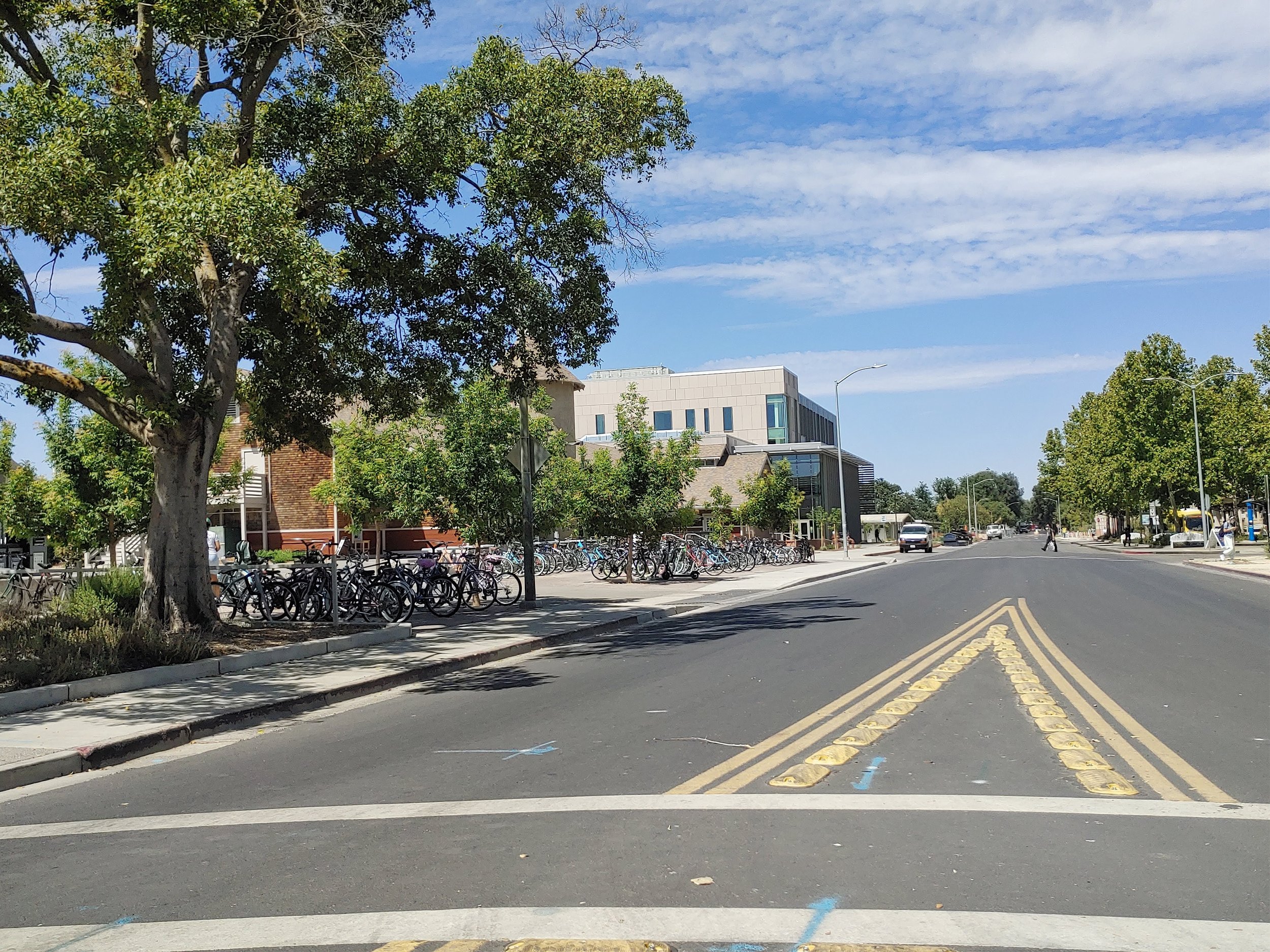
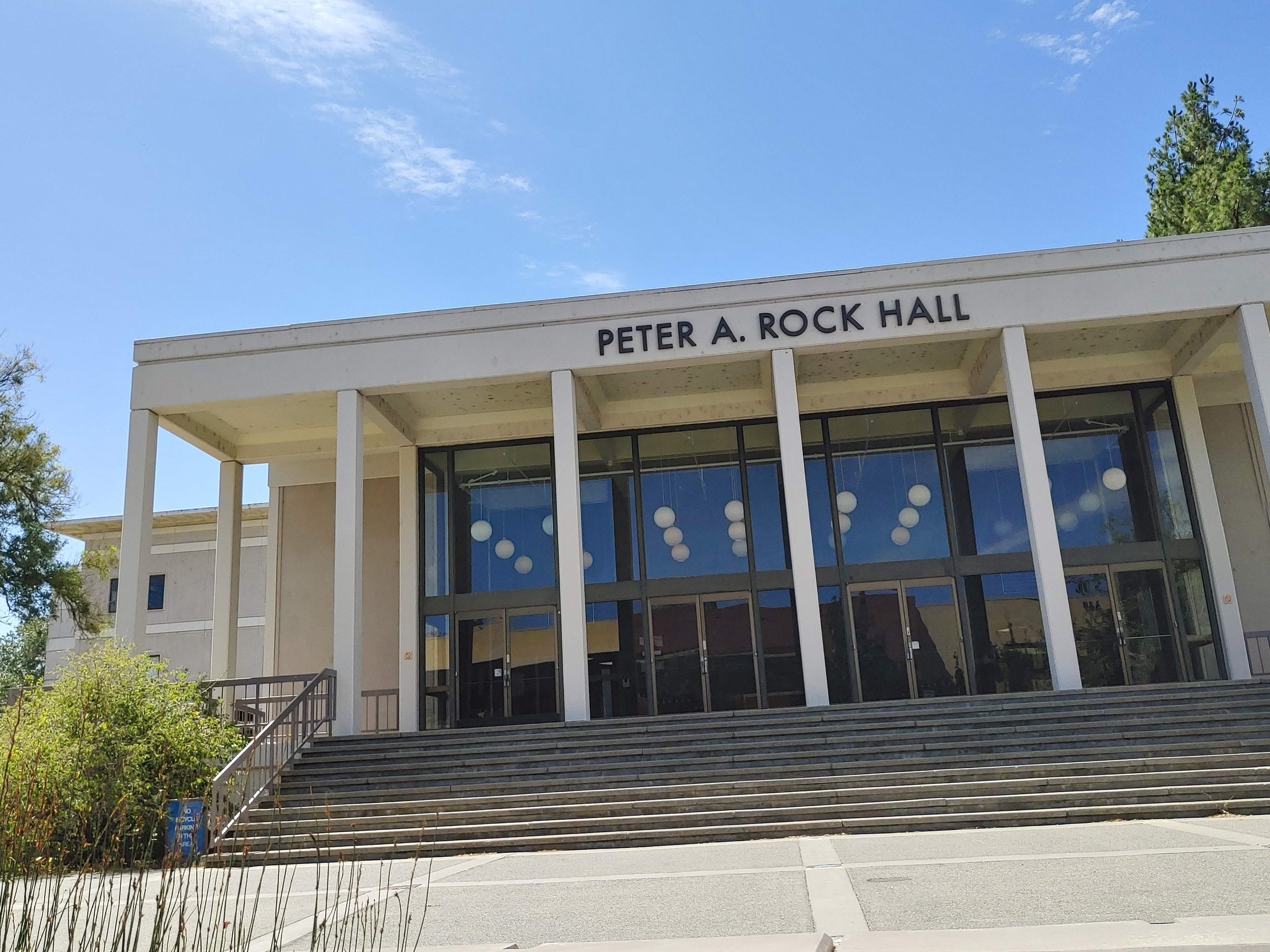
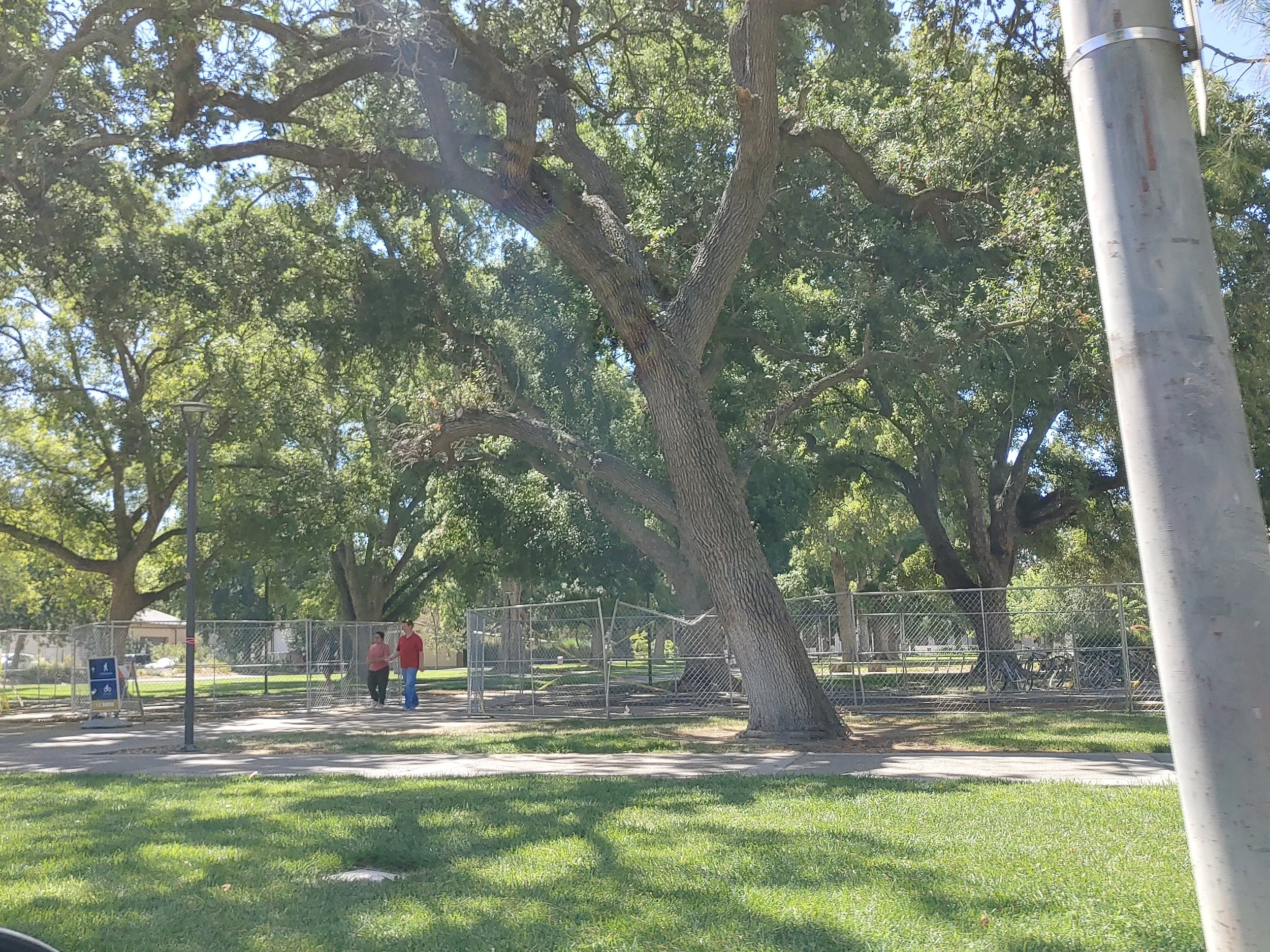
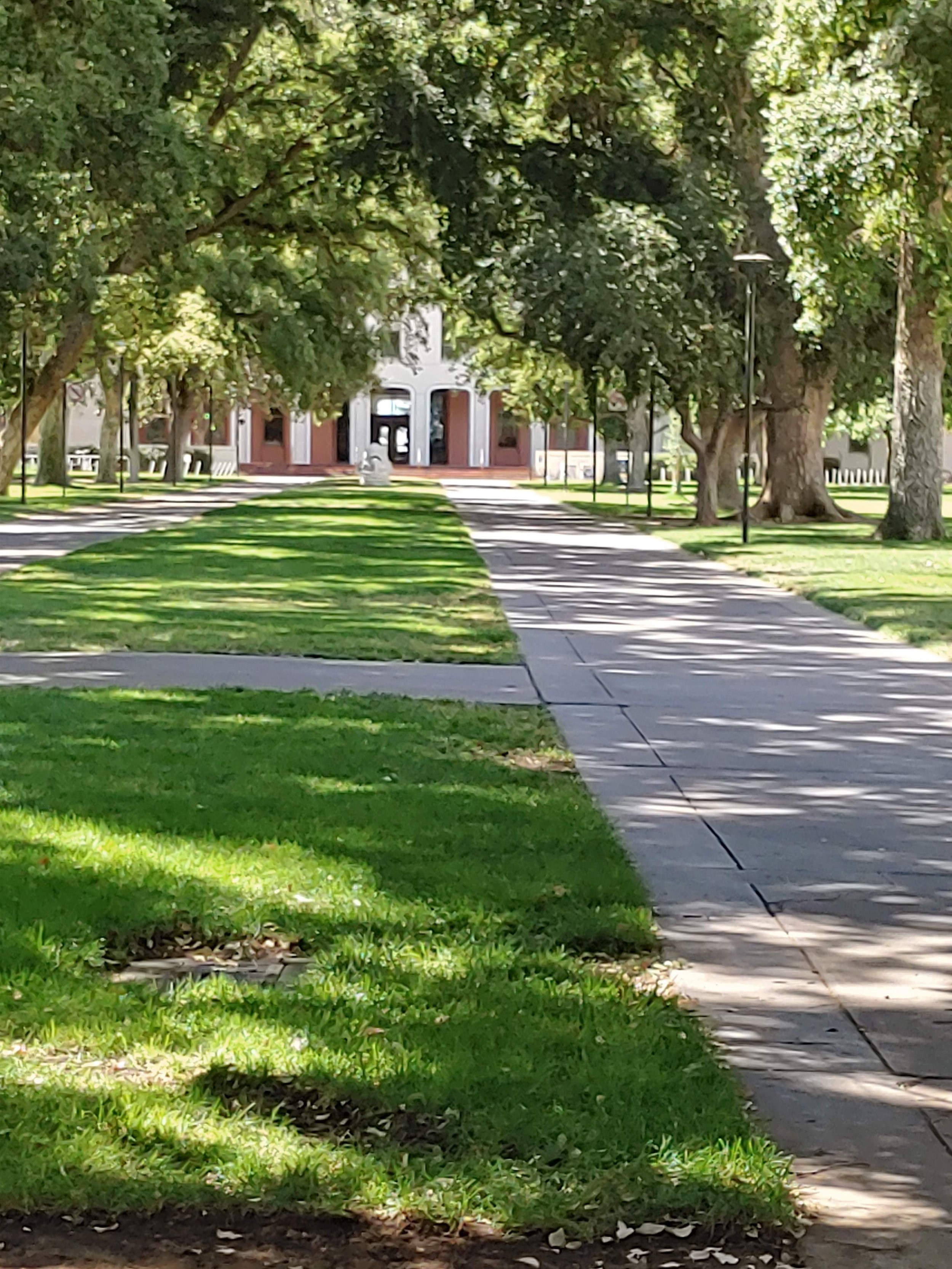
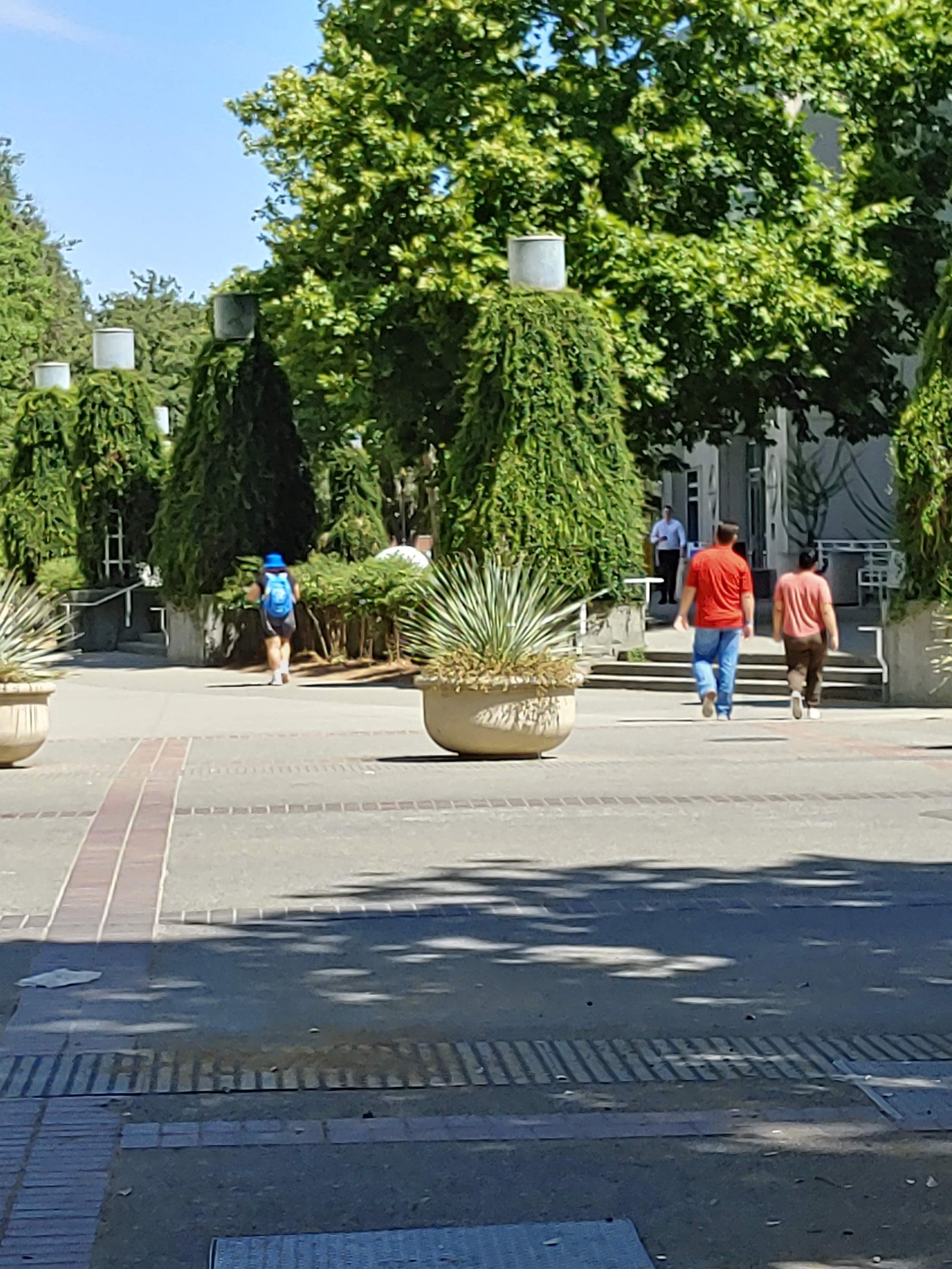
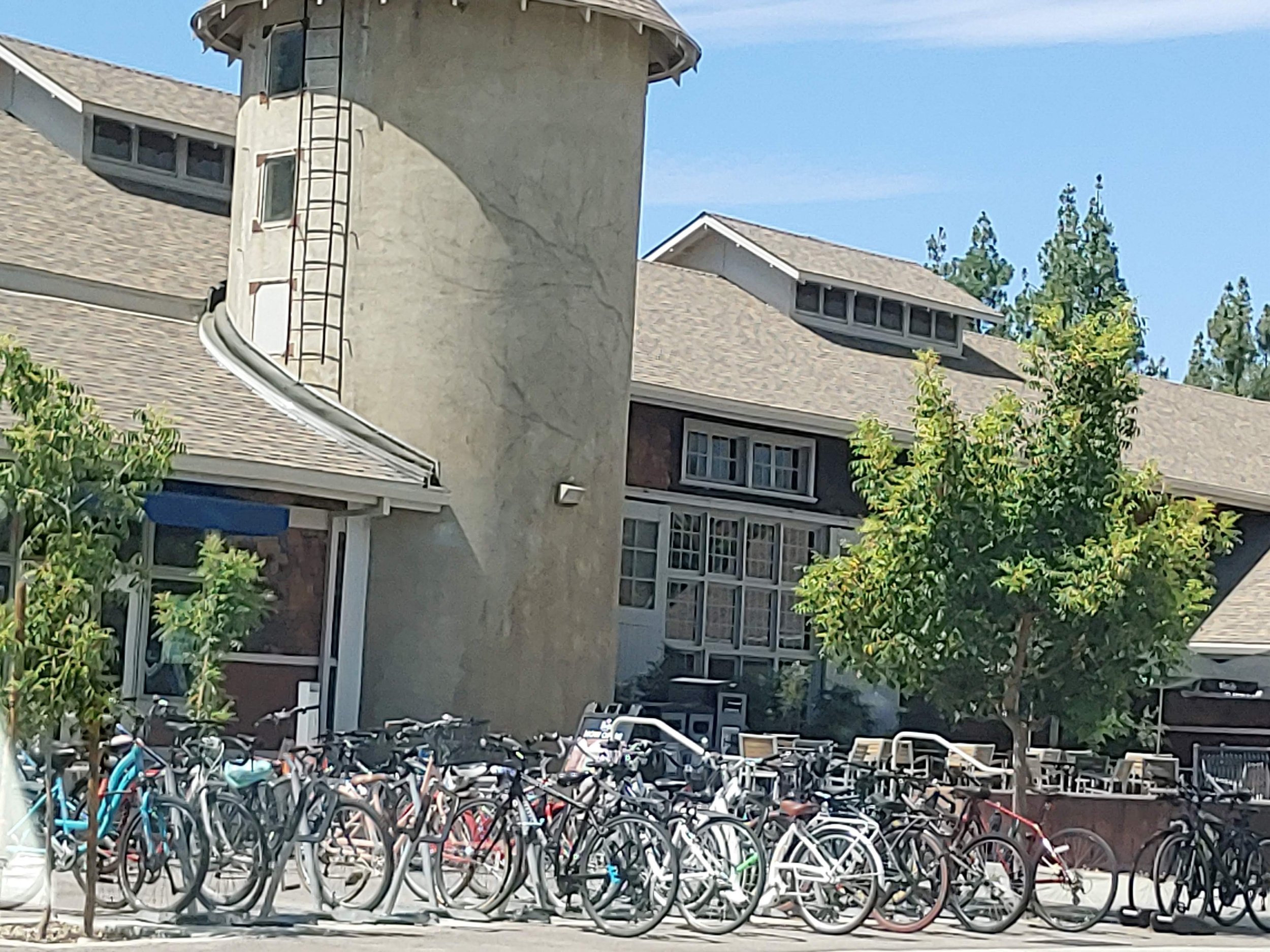
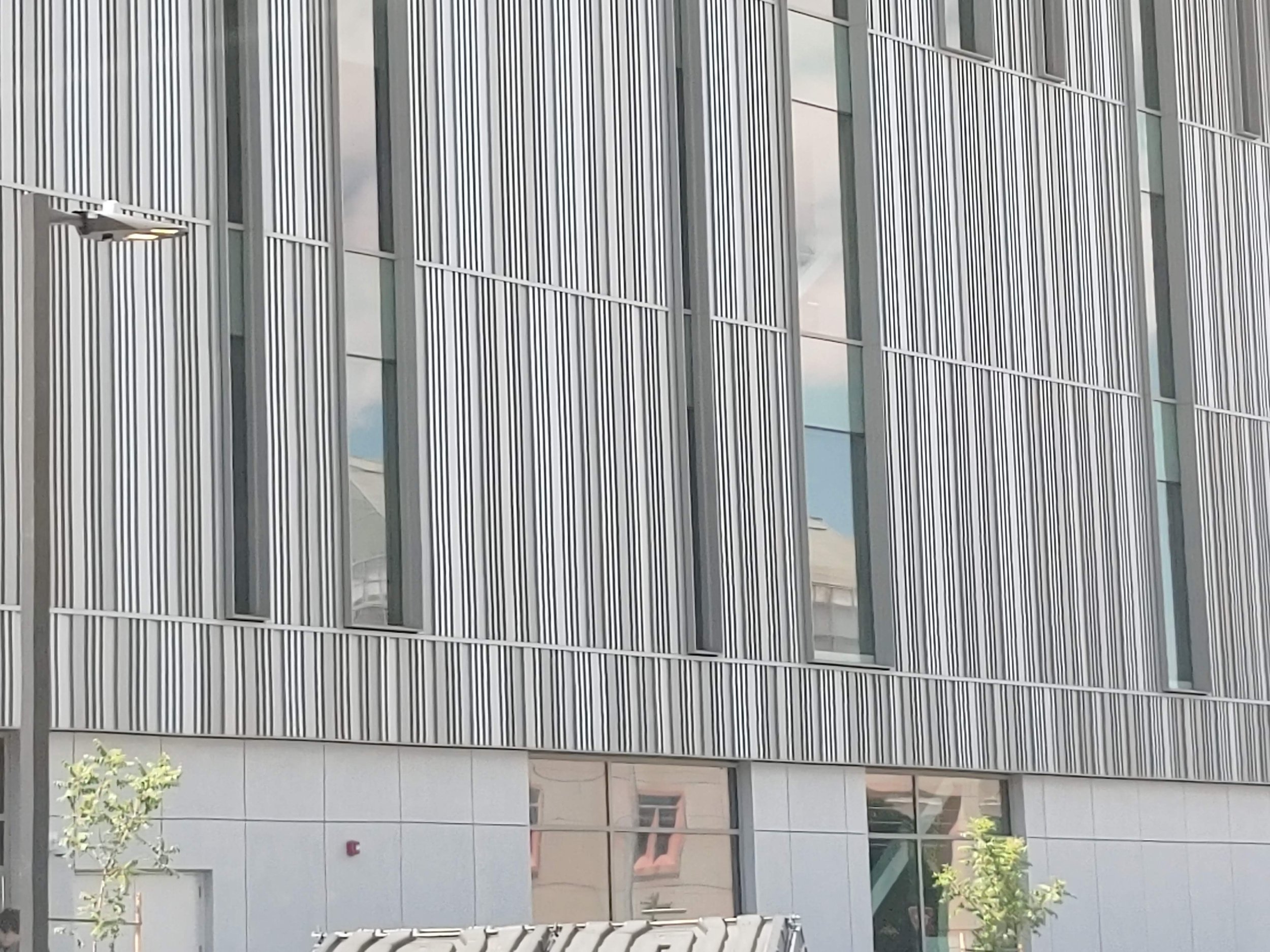
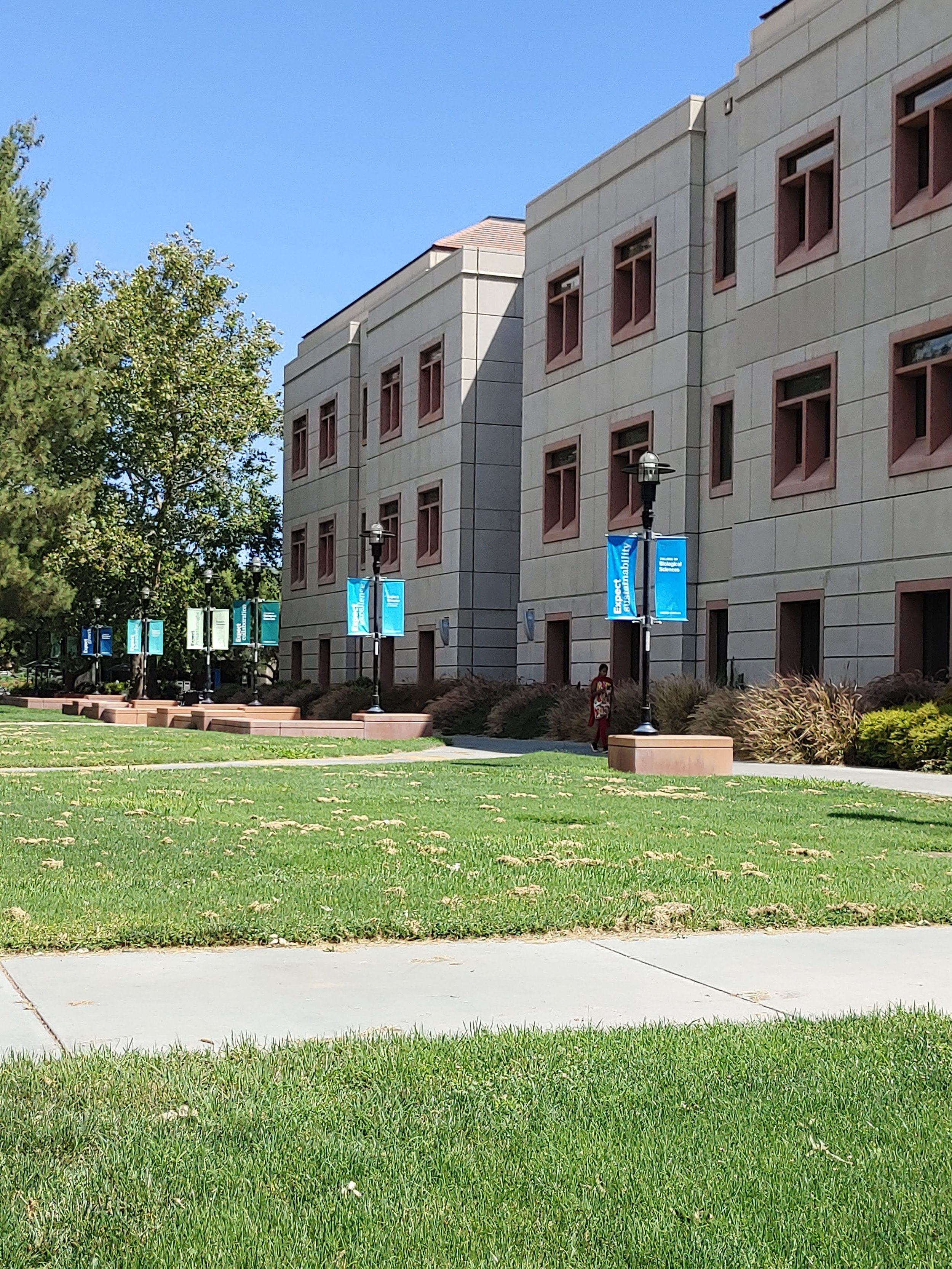
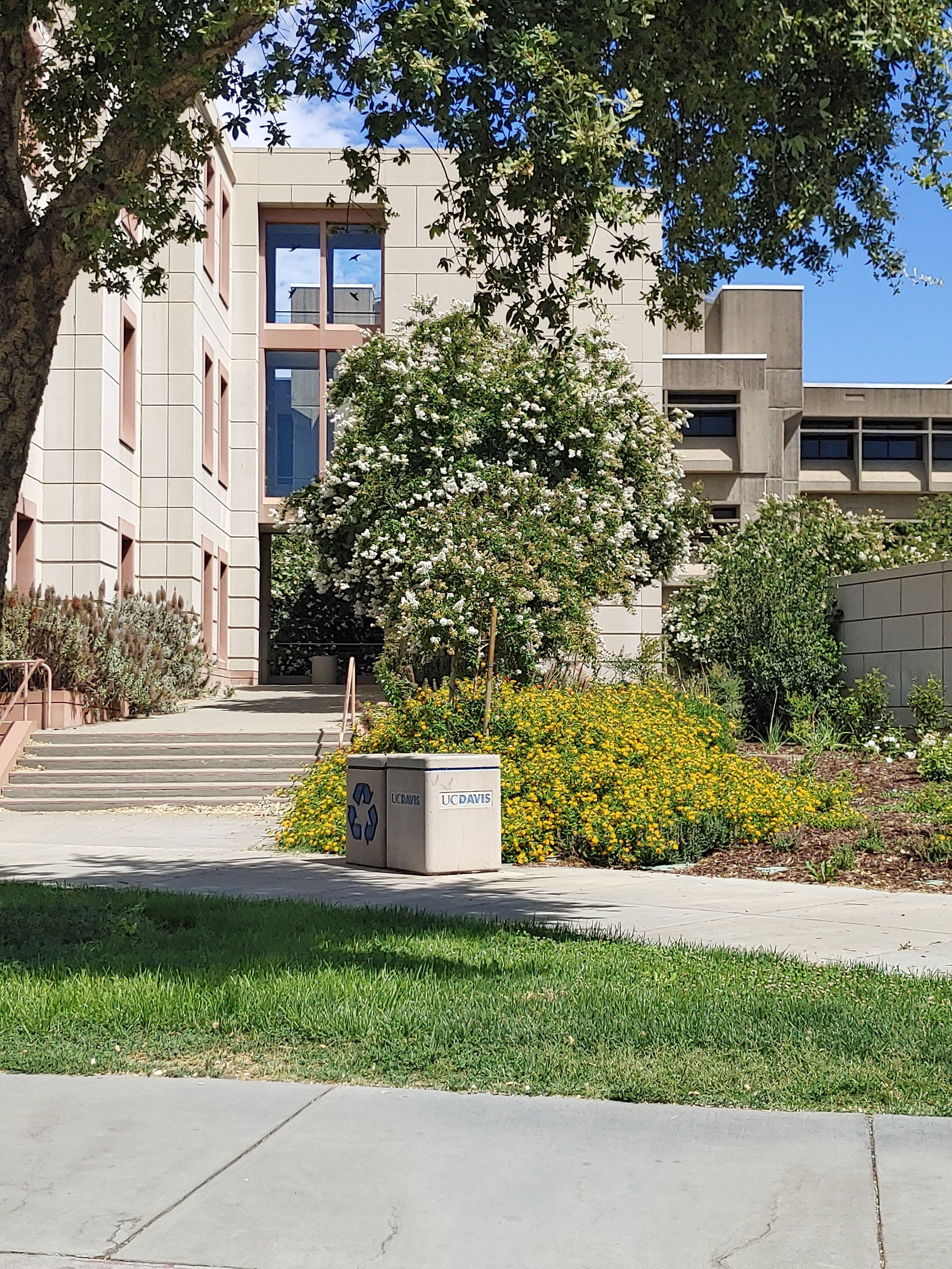
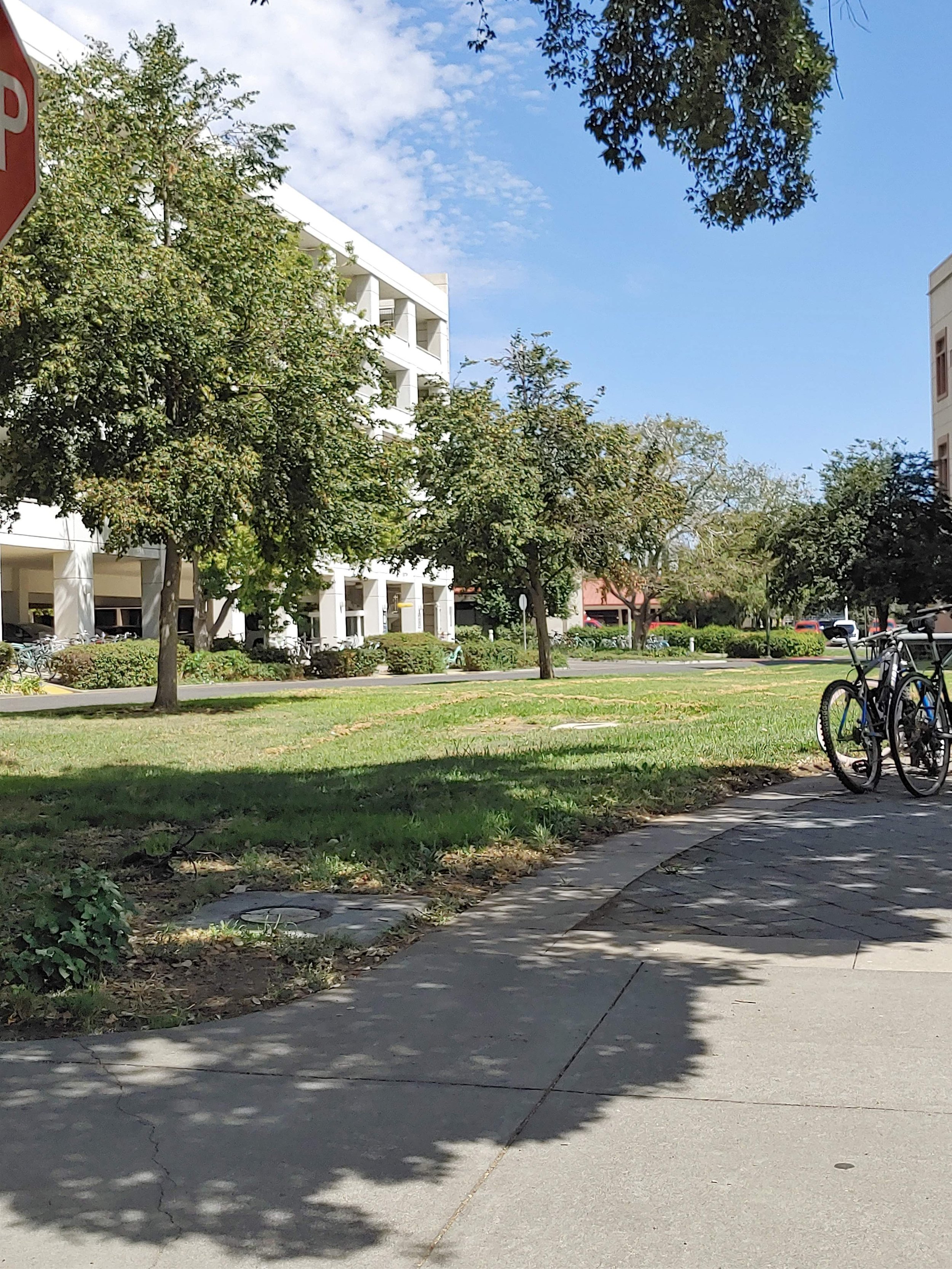
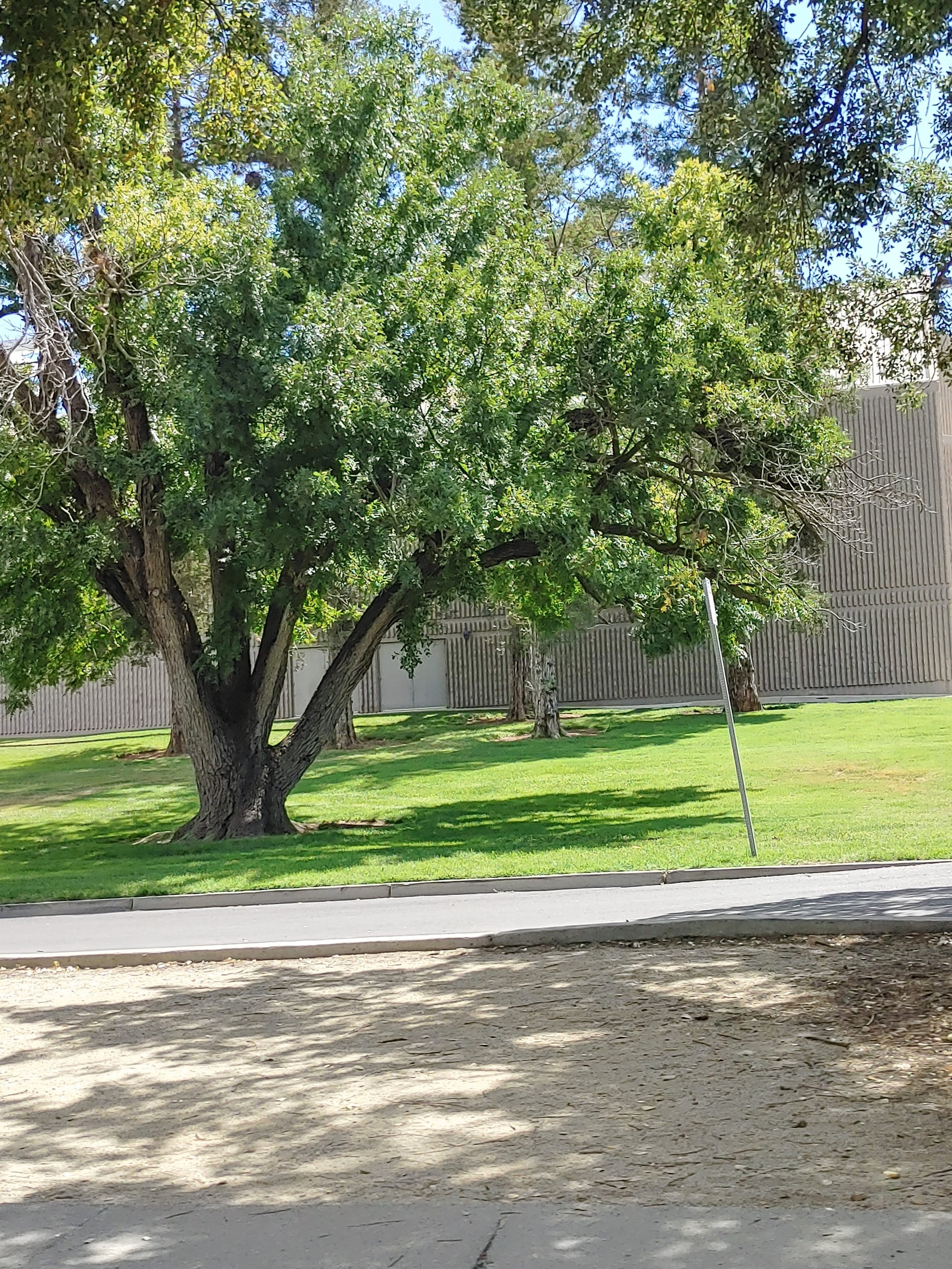
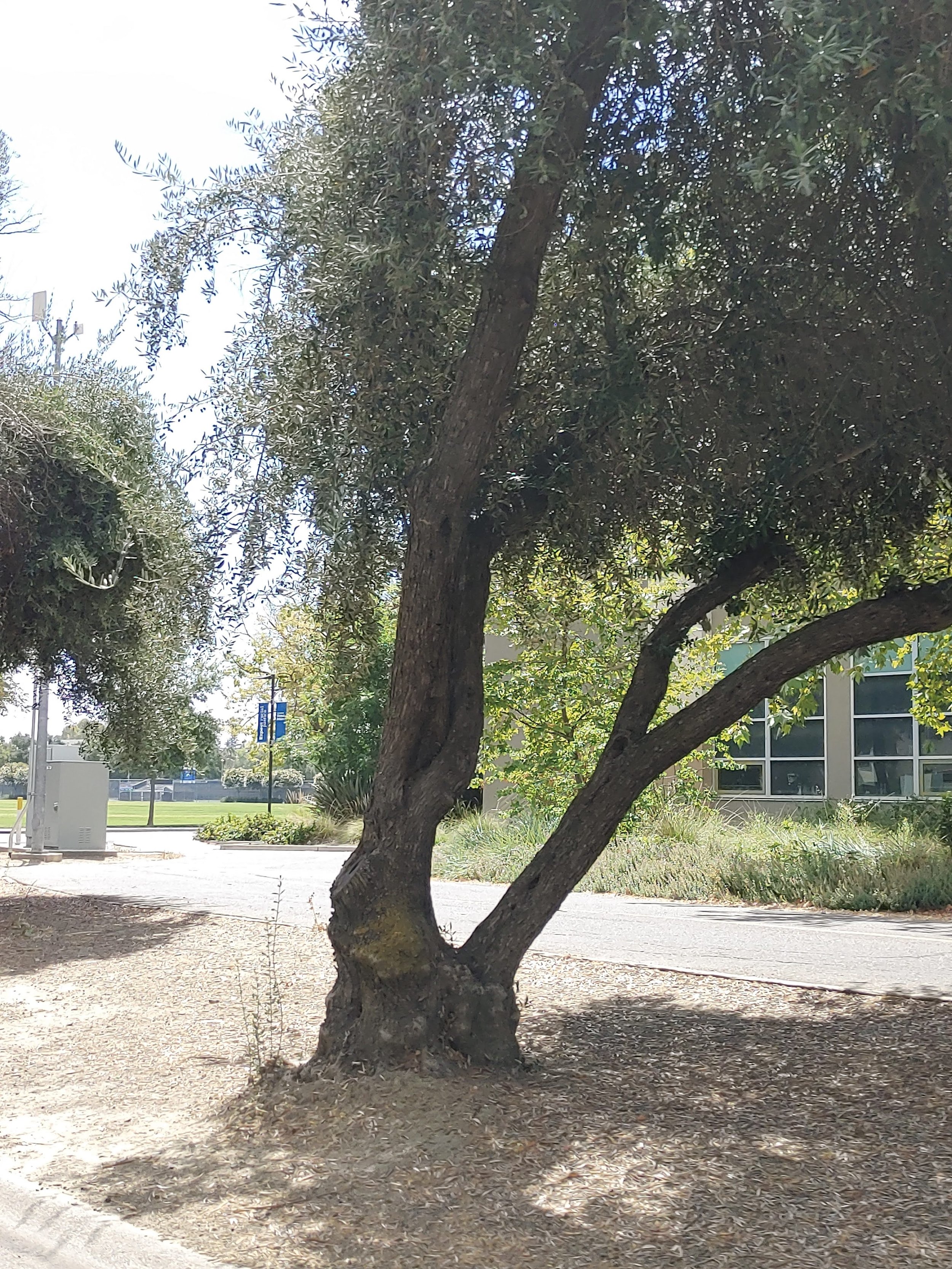
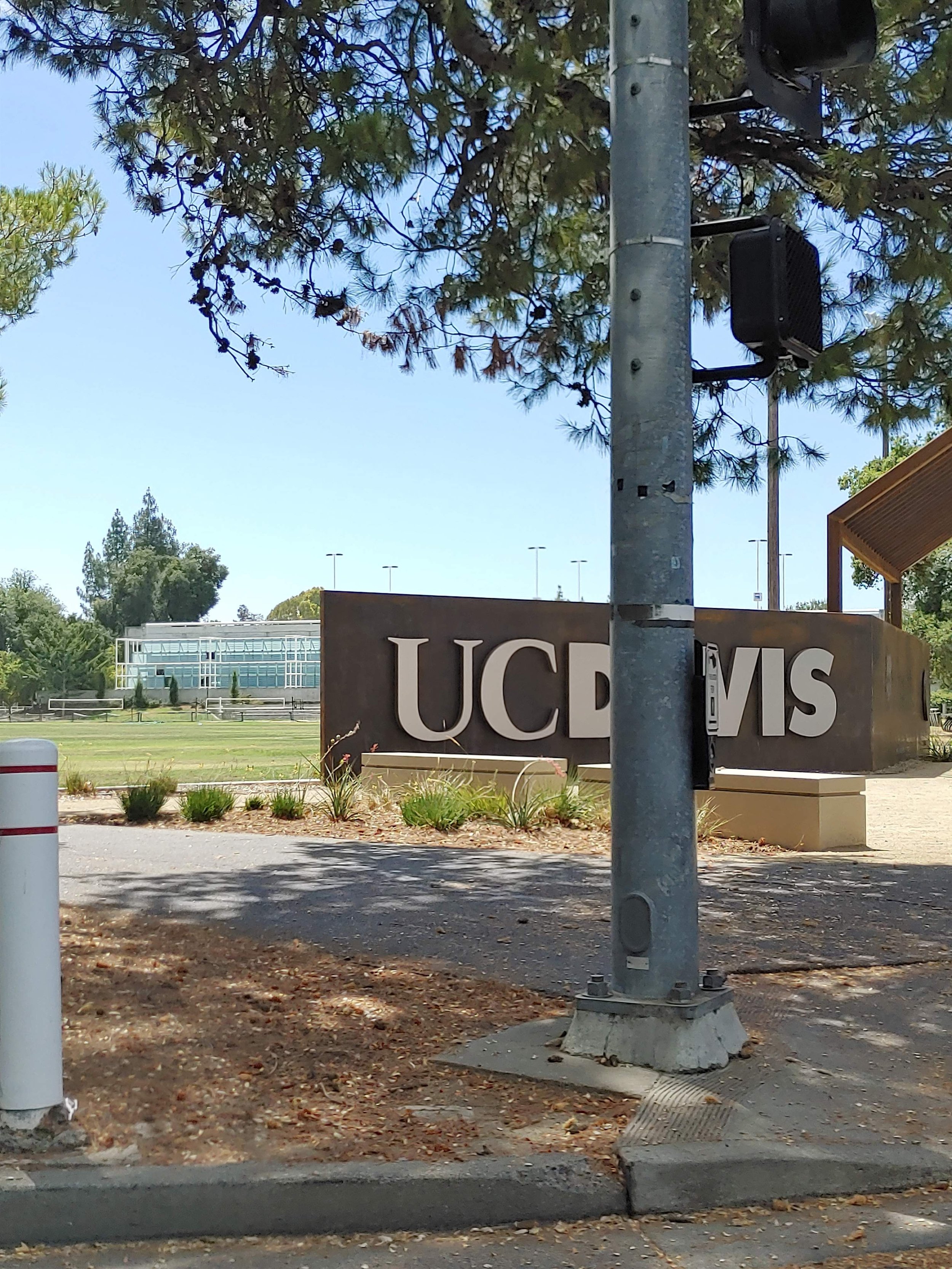
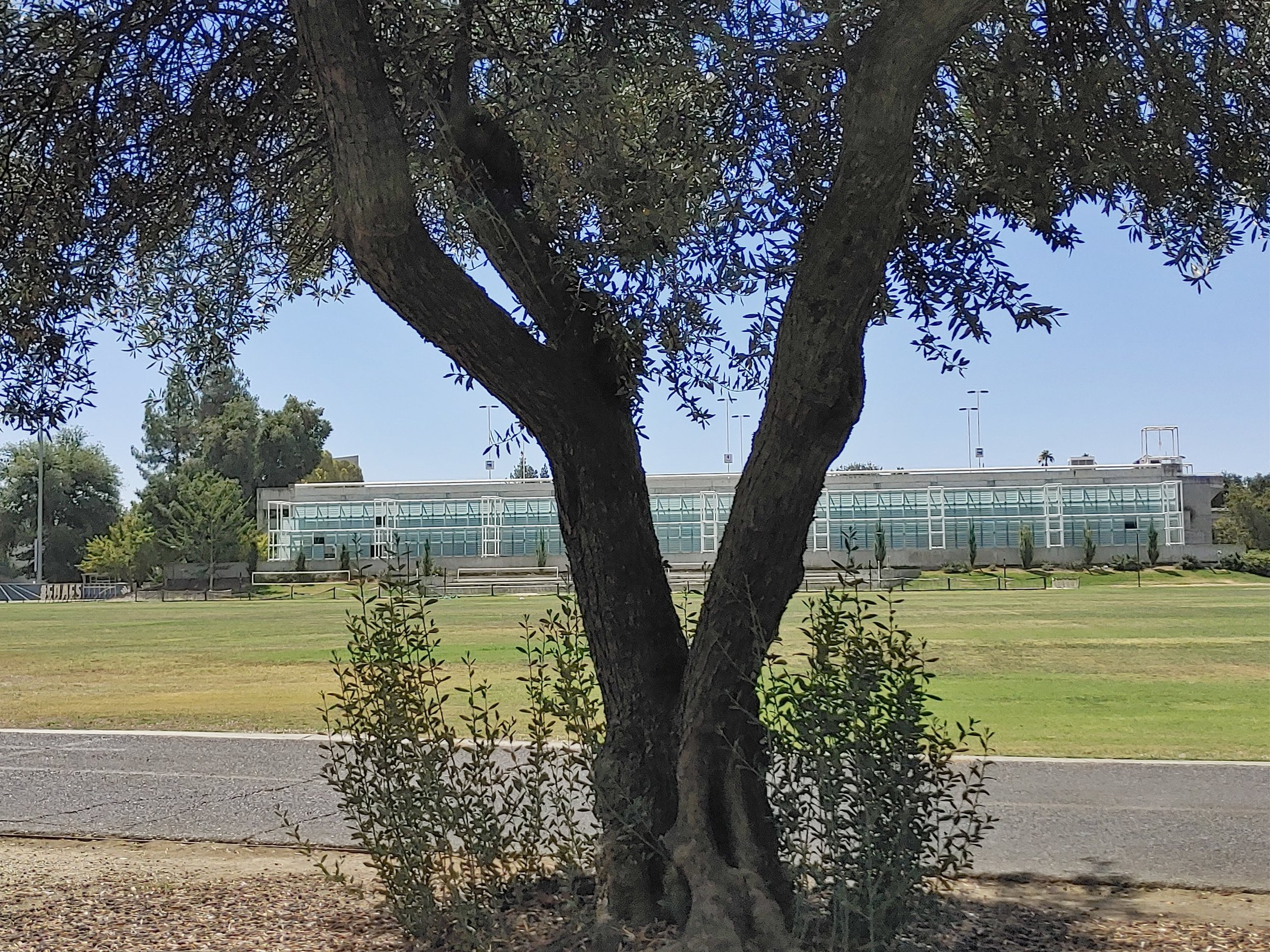
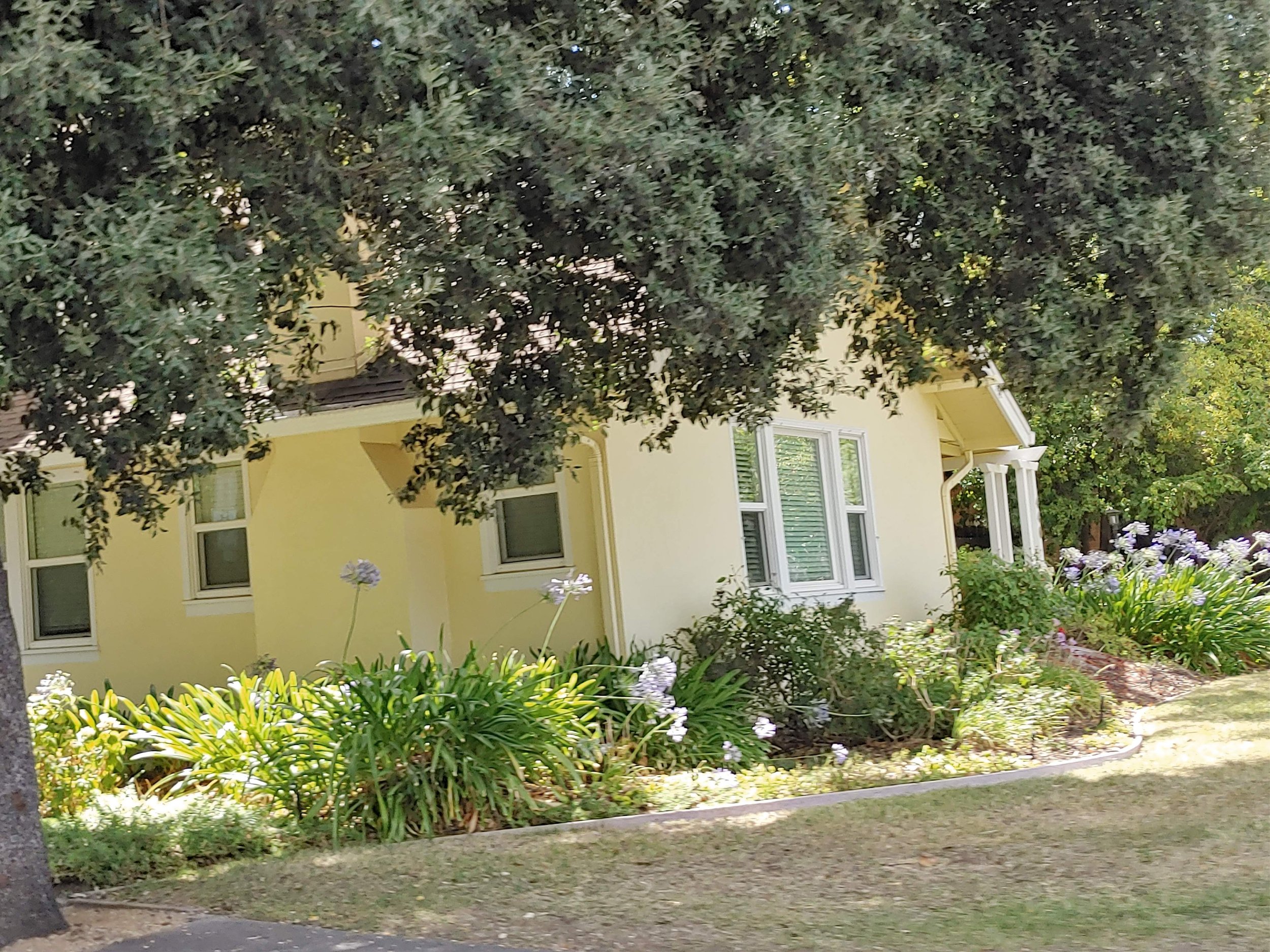
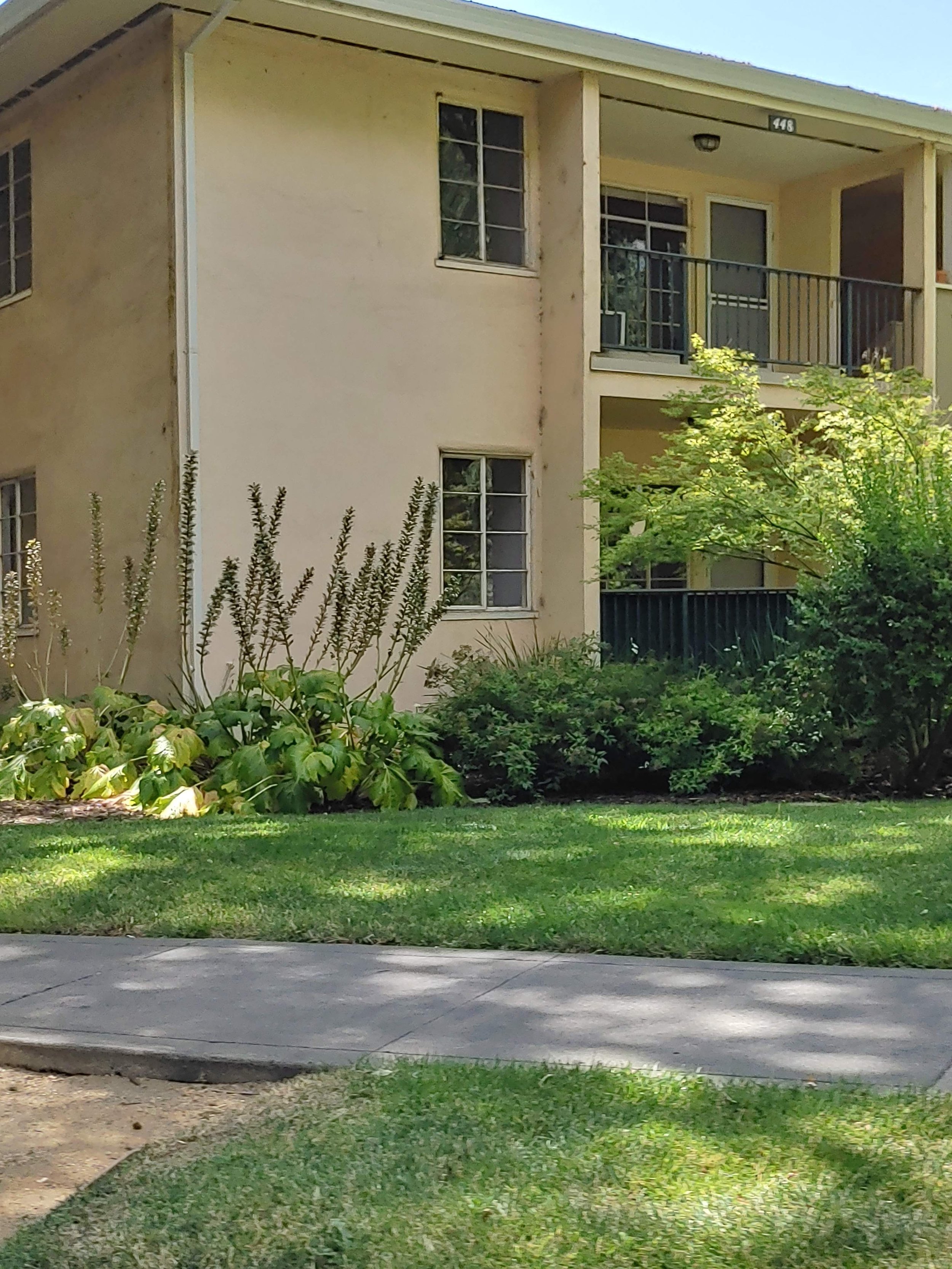
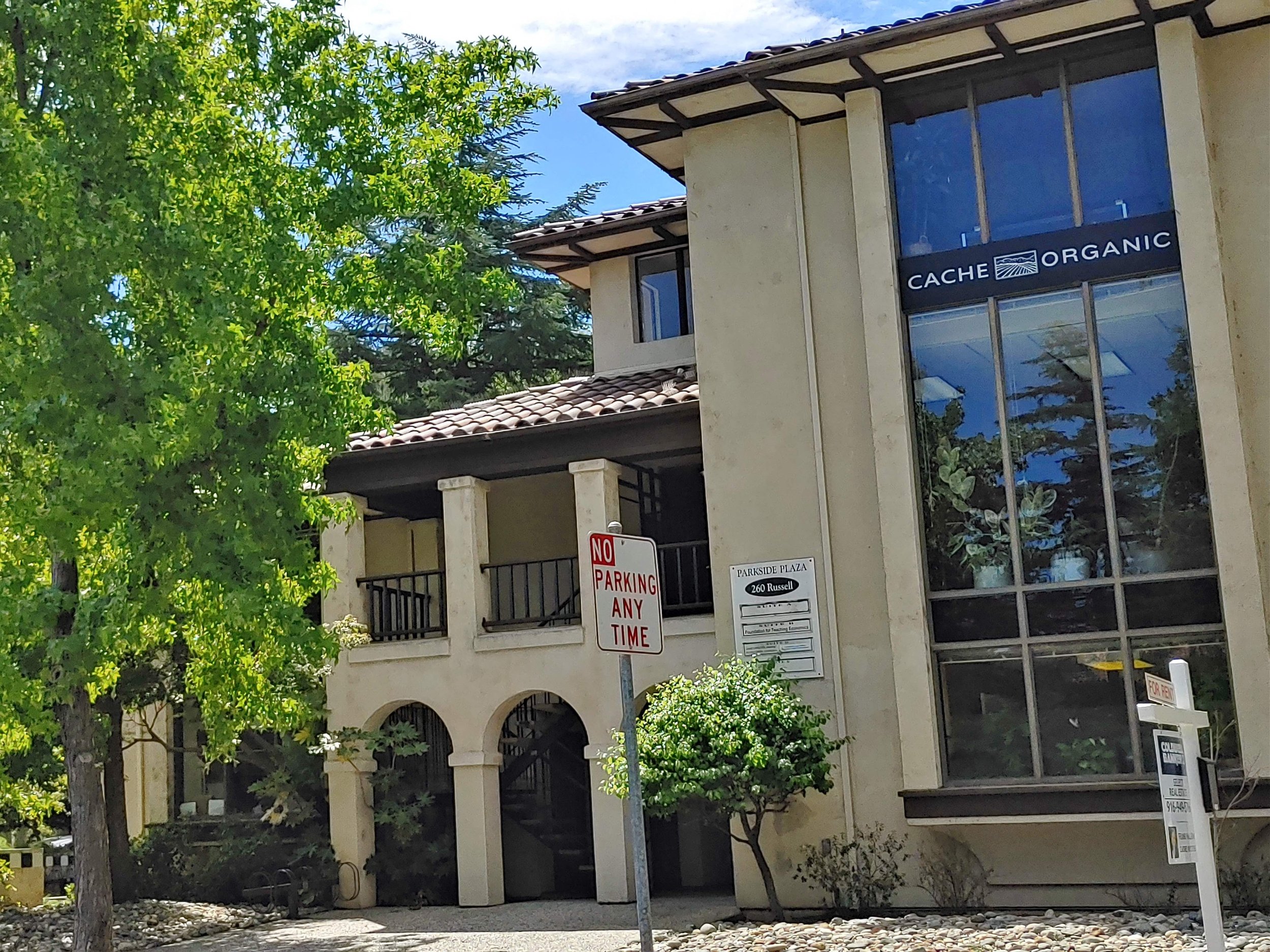
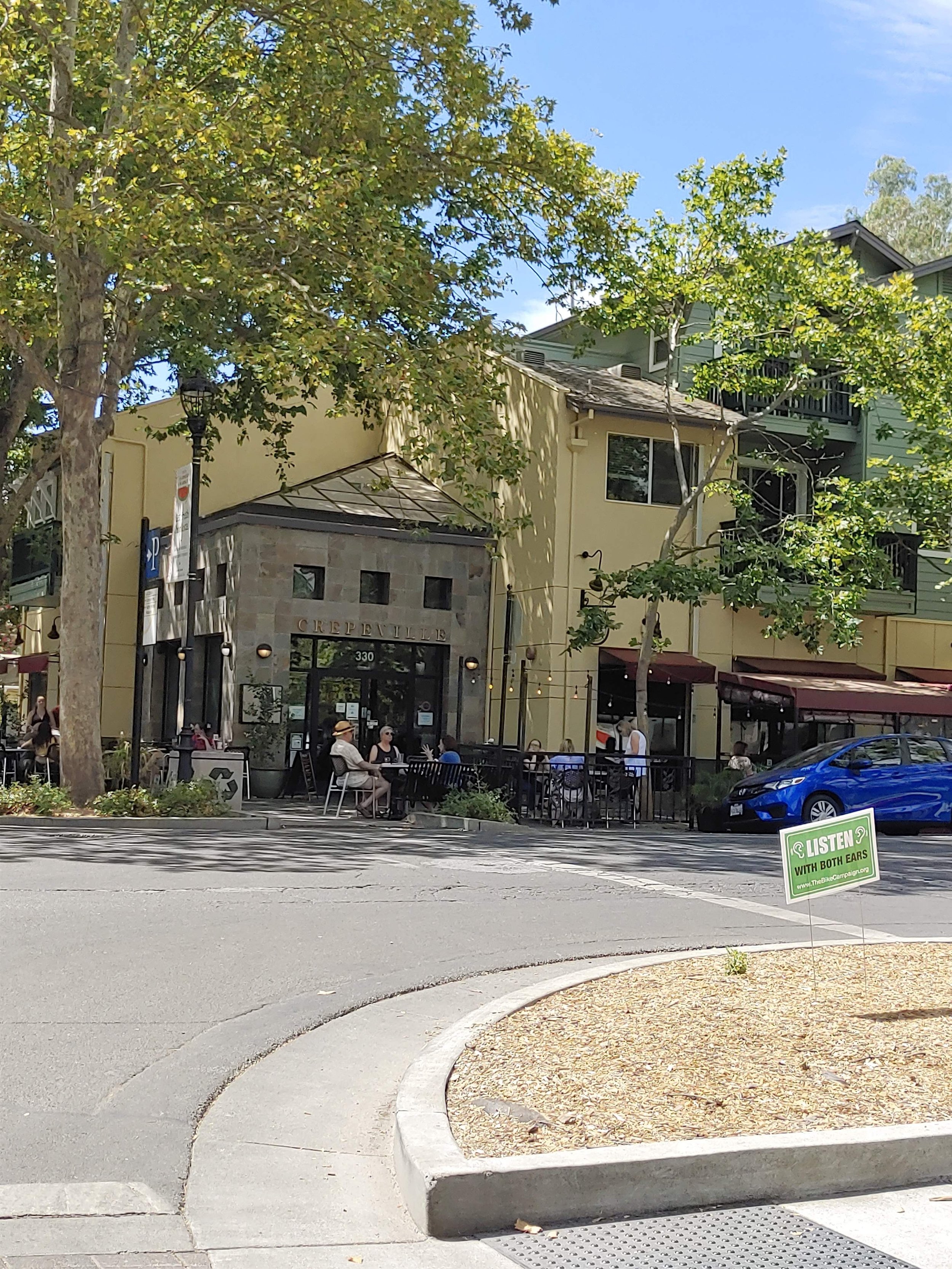
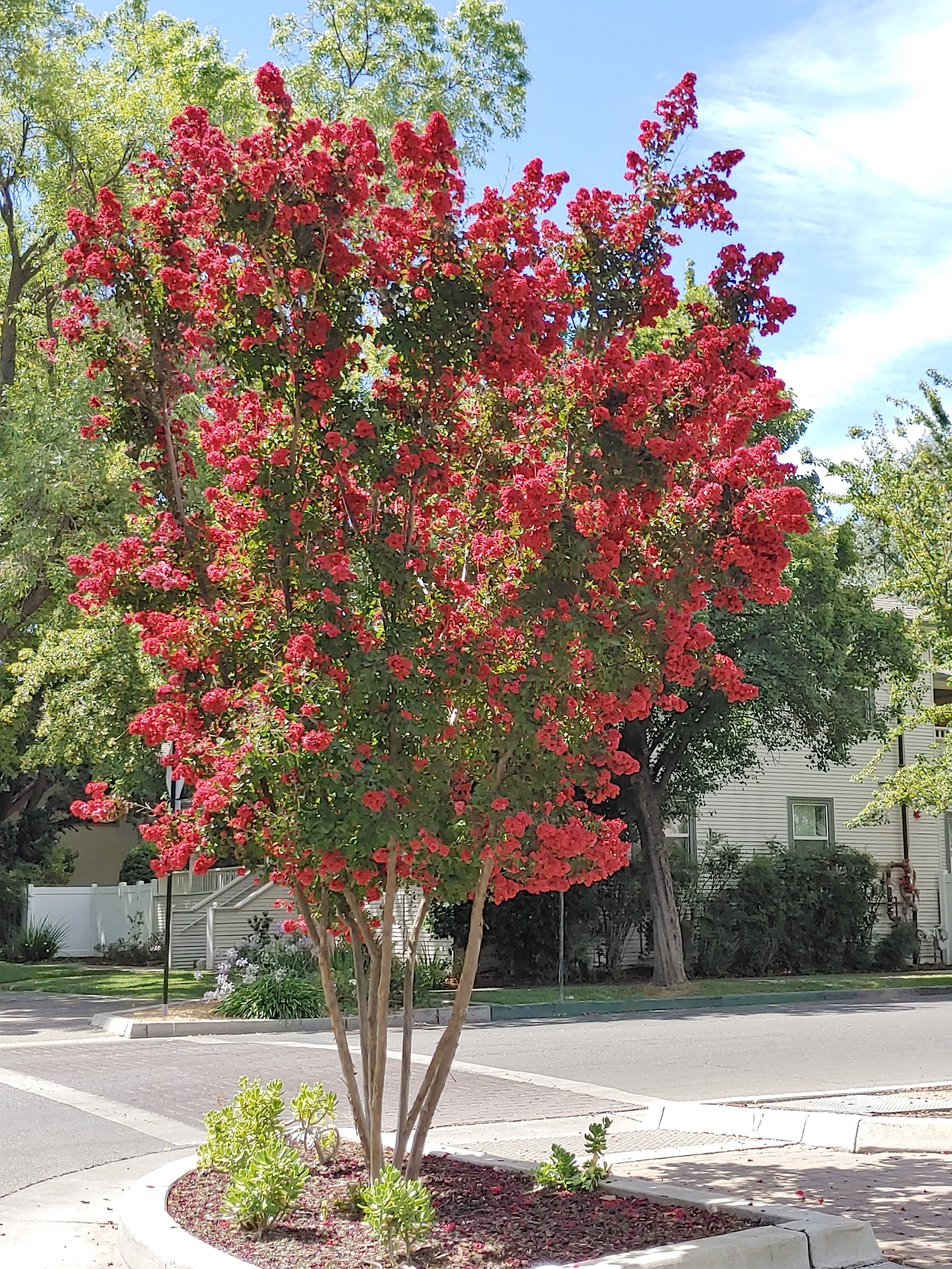
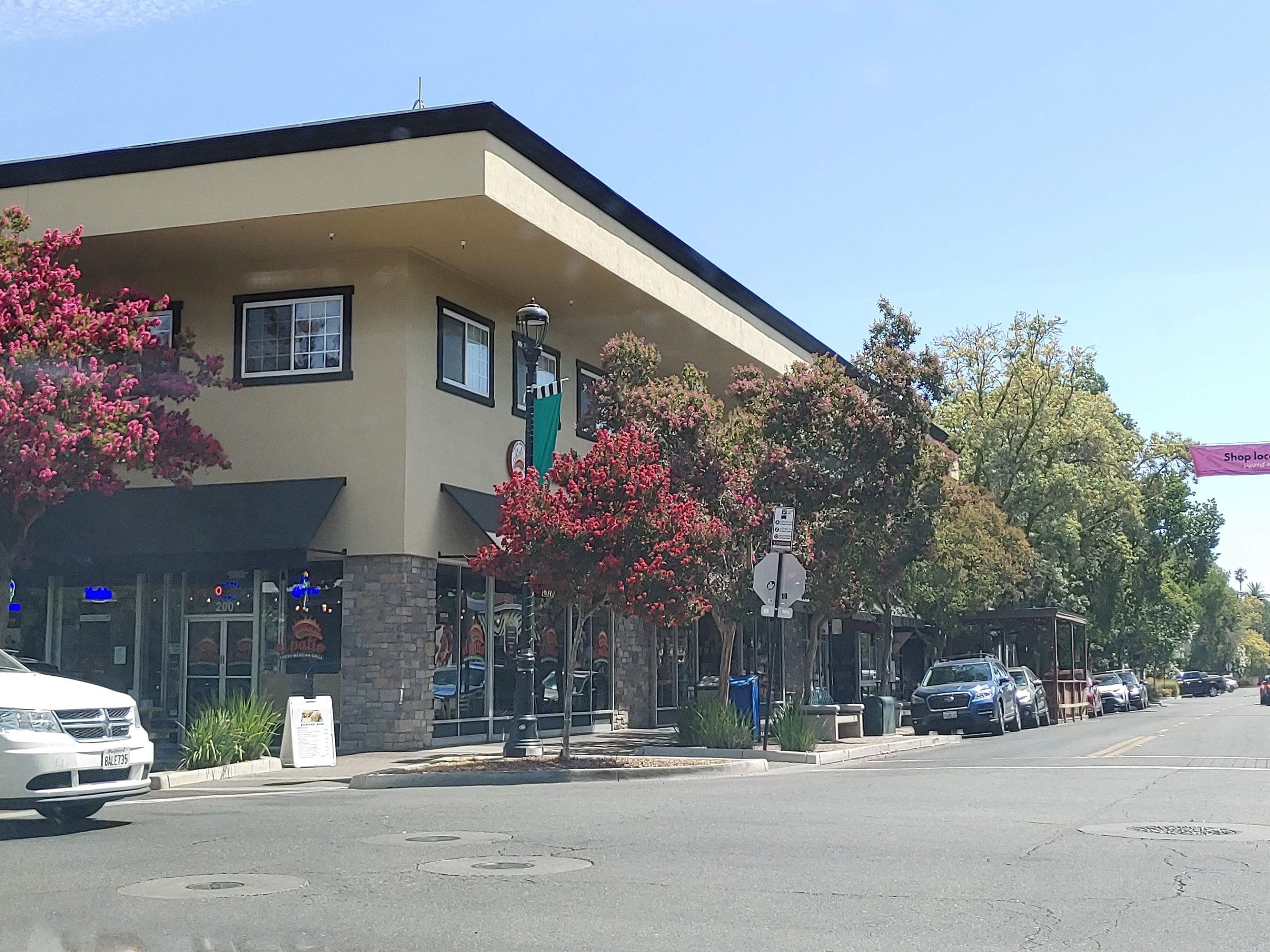
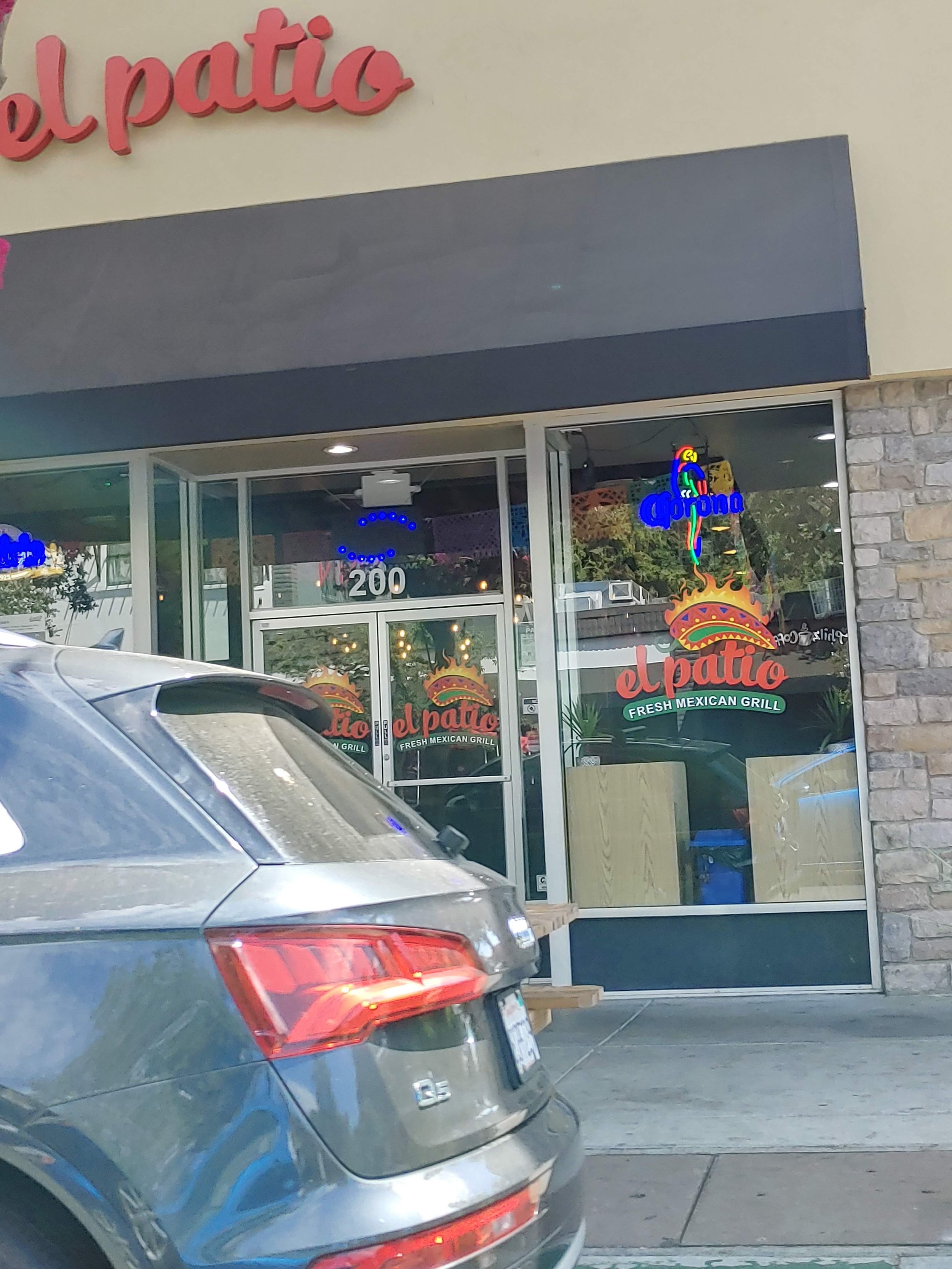
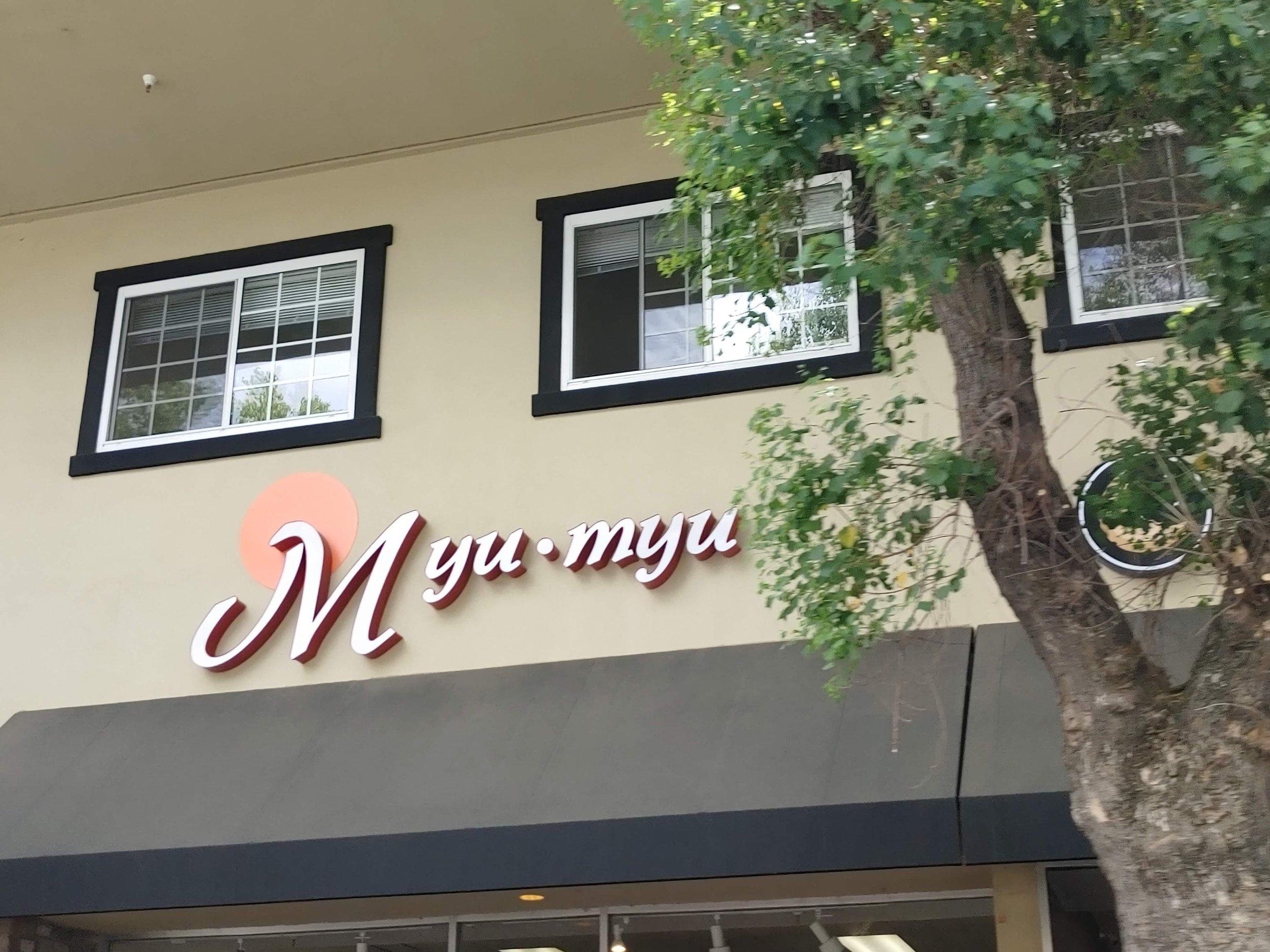
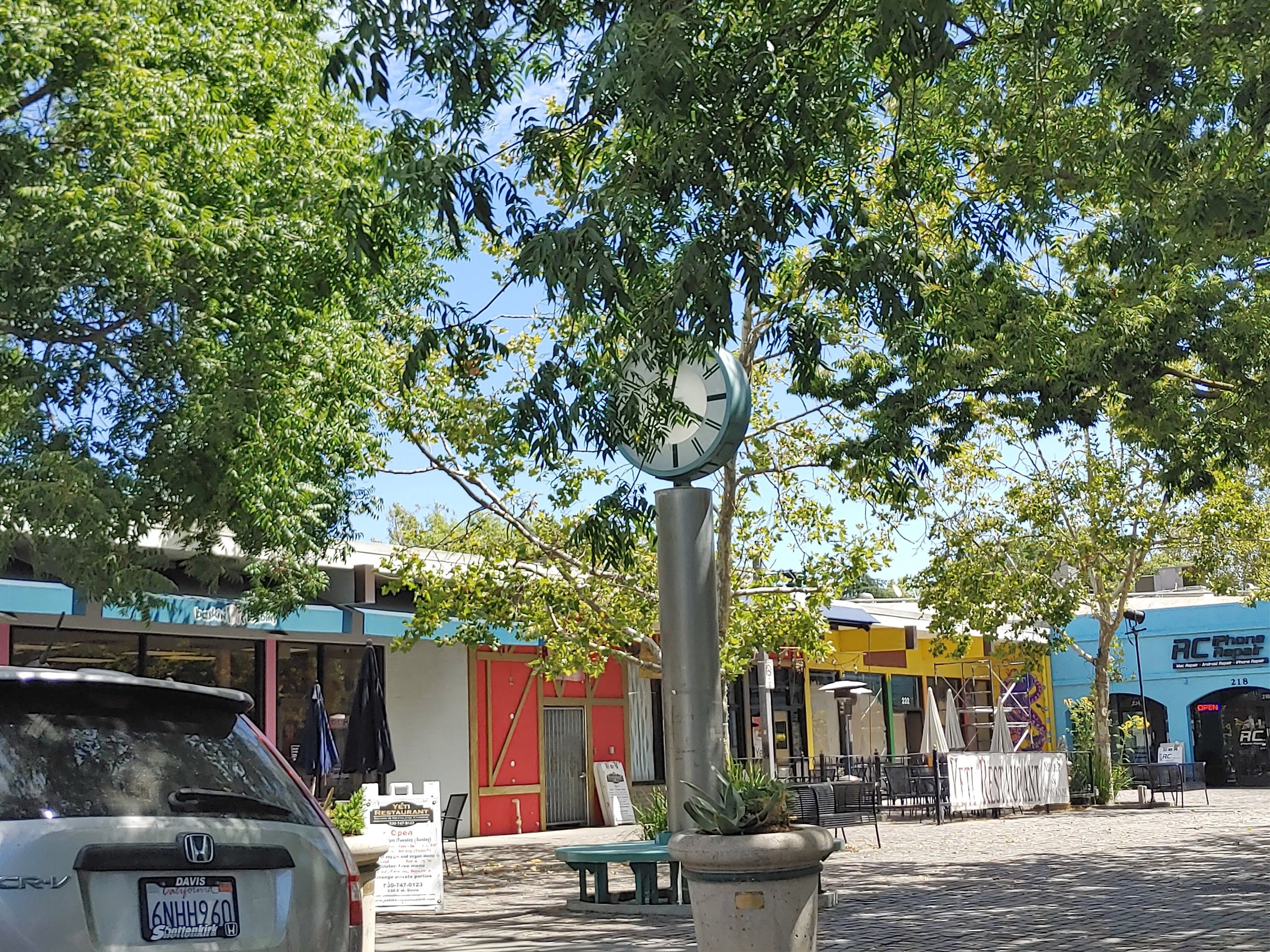
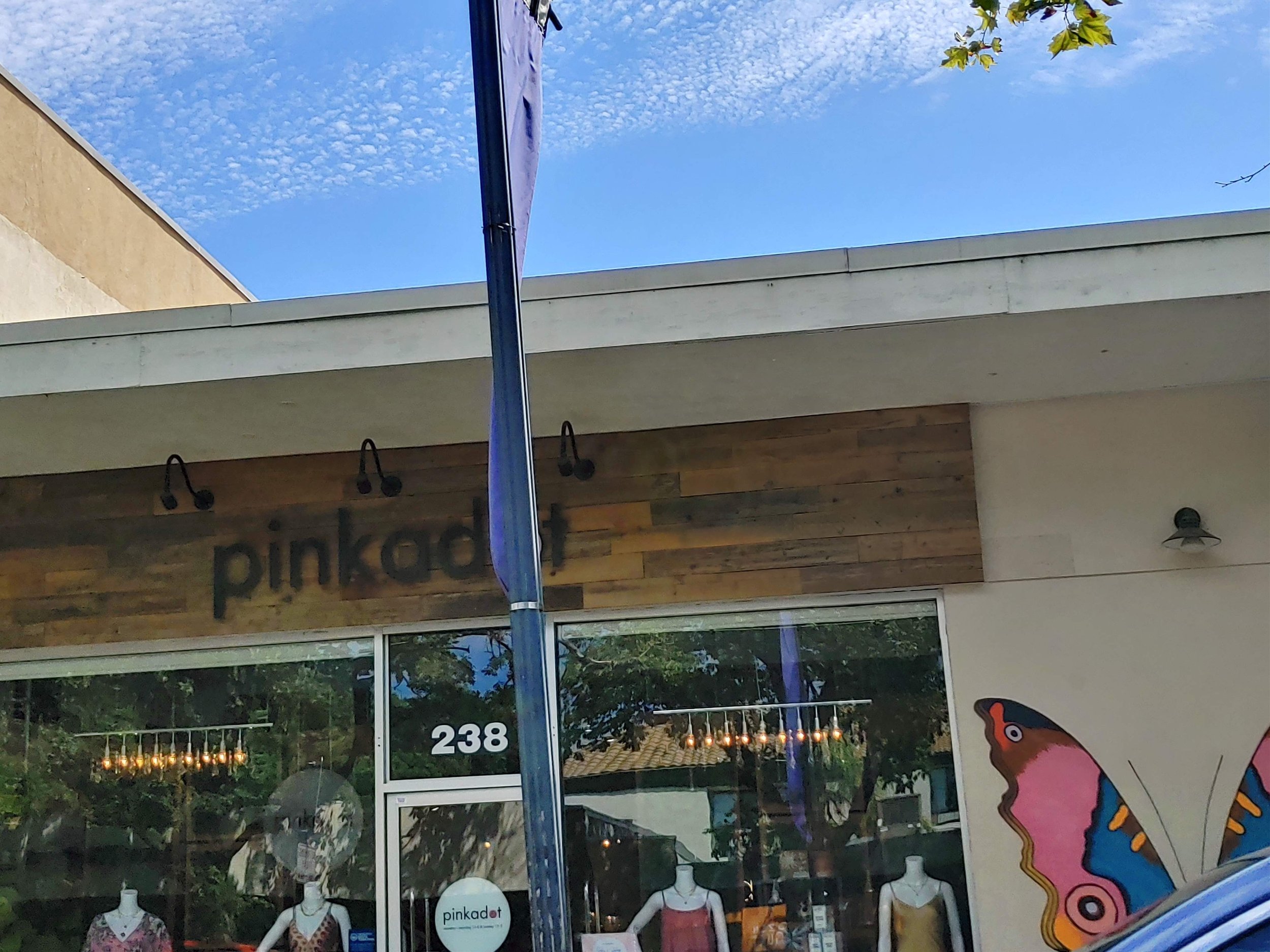
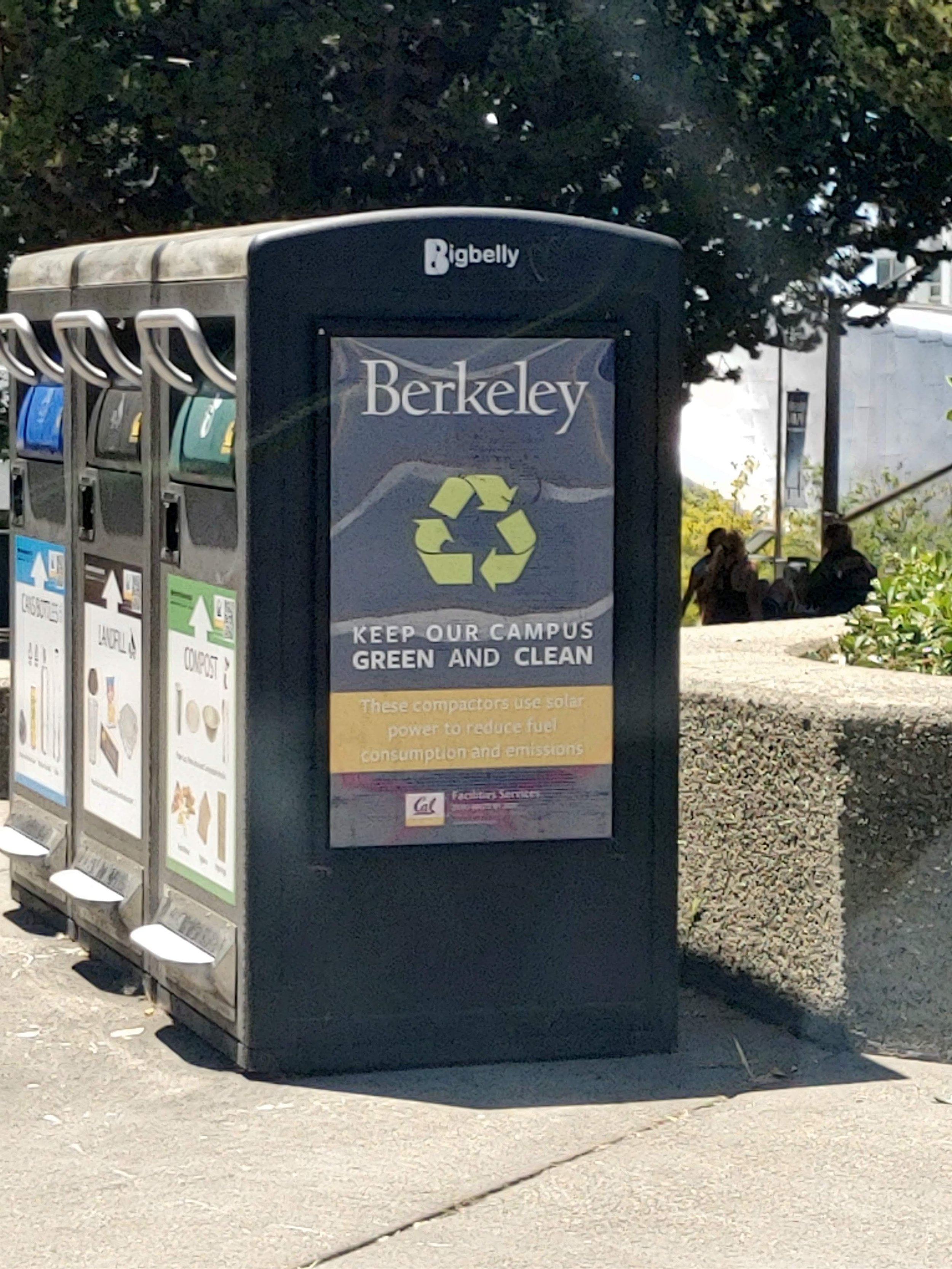
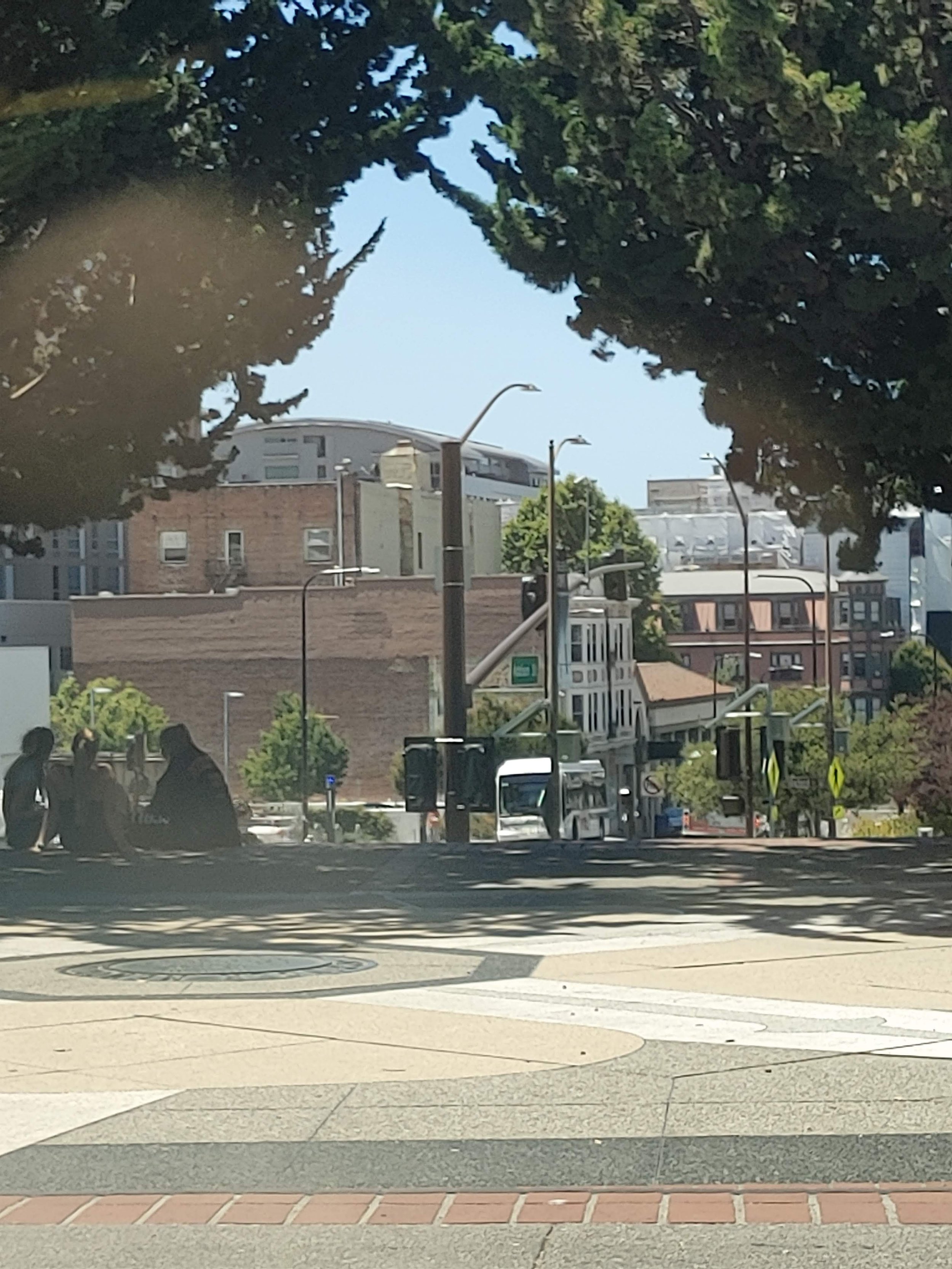
The closest thing to a cow college in the UC system, but with cultured, pedigree cows. Described by the New Yorker as “the MIT of American fermentation.” Premed, prevet, food science-you name it. If the subject lives and breathes, you can study it here. A small-town alternative to the bright lights of UC Berkeley and UCLA. As is often true at science-oriented schools, the work is hard.
At the University of California Davis, environmental science and most everything that has to do with animals, agriculture, winemaking, or biological science is noteworthy. The Aggies’ cup truly runneth over. Originally established in 1905 as the University Farm, the campus maintains its sprawling, verdant beauty, replete with native and imported forestry, charming bike paths, and mooing cows. But lest you assume this environmentally oriented university is full of quaint country folk right out of American Gothic, think again. UC Davis is a major research university and has become an international leader in the agricultural, biological, biotechnical, and veterinary sciences.
Located 20 miles west of Sacramento and 73 miles north of San Francisco, the 5,300-acre campus is located along the Capitol Corridor, skirting the Sacramento–San Joaquin Delta watershed. It features a 100-acre arboretum and hundreds of buildings with a blend of architectural styles, from traditional dairy barn to the modern Sciences Laboratory building with its rooftop greenhouse. The hub of the university is a central area known as the Quad, one of many grassy open spaces on campus outfitted with hammocks, perfect for soaking up the abundant California sunshine. Recent construction includes the 75,000-square-foot Shrem Museum of Art, which devotes one-third of its space to education.
General education requirements aim to equip students with a breadth of knowledge to complement the expertise they develop in their chosen fields of study. UC Davis students are expected to address four core literacies: quantitative, scientific, and civic and cultural literacy, as well as literacy with words and images.
Biological sciences, economics, managerial economics, psychology, and an interdisciplinary program in neurobiology, physiology, and behavior are among the campus’s most popular majors. Animal science, engineering, and biotechnology are strong, and the agriculture program is one of the best anywhere. The school is “the number 1 choice for any prevet,” according to one student, and it’s great for premeds too. The food science major is also stellar and not for the faint of heart or those afraid of chemistry. It was Davis scientists who discovered how to optimize grape growing for California’s wine industry and devised the method for creating orange juice concentrate. UC Davis’s World Food Center is dedicated to innovating food production methods for improved human health and environmental sustainability. Studio art, boasting several internationally known artists, is also among the top in the nation.
“Academics are fairly intense, yet the students are positive and collaborative,” says an economics major. Many introductory courses are quite large, and students complain that the average class size is on the rise, but UC Davis also offers more than 200 small freshman seminars taught by the best instructors. The quality of teaching can vary considerably, according to students, although “most professors are willing to hold extra office hours and make time for the students,” says a psychology major.
Faculty members here are expected to do top-level research as well as teach, giving 41 percent of undergraduates the chance to work directly with professors and grad students as assistants in first-class research groups. The University Honors Program is for academically talented first-year and transfer students who want to enhance their education through special courses. Roughly 15 percent of students study internationally, frequently through the 50-plus programs designed and led by faculty in more than 30 countries. “You can study abroad essentially wherever your heart desires for as short as one month or upwards of a year,” cheers one senior. The innovative UC Center Sacramento and the Washington Program give undergraduates academic credits for courses and internships in state and federal governments, respectively.
“Students at Davis are friendly, and you really feel a sense of community when you’re here,” observes one senior. Eighty-three percent of undergraduates hail from California, and 17 percent come from abroad. African Americans account for 2 percent of the students, Asian Americans 27 percent, Hispanics 22 percent, and multiracial students 5 percent. The university’s Office of Campus Diversity, Cross-Cultural Center, and academic success centers for students of various ethnicities help support diverse populations. Campus hot topics include social justice and sustainability. Davis awards merit scholarships averaging $6,800, and there are more than 250 athletic awards.
Only a quarter of undergraduates live on campus, although 92 percent of freshmen choose to do so. Campus housing is secure, well maintained, and includes a number of living/learning community options. “Dorms are really nice and new and air-conditioned,” a student says. Three meal plans for the three dining halls offer a wide range of options, including vegan and kosher items at every meal. Food trucks are positioned around campus at lunchtime, and a weekly on-campus farmers market provides ready access to fresh produce. A senior notes, “Our fraternities, sororities, and student government have taken steps to address sexual assault and promote a stance against it.”
“Davis has a good social scene, but you have to put in the effort to find places and events you like,” says a design major. Active drama and music departments provide frequent entertainment, and the 1,800-seat Mondavi Center for the Performing Arts features international and local groups. There are more than 800 student clubs, and fraternities and sororities attract 12 percent of the men and 10 percent of the women. While alcohol is allowed in the dorms for those of age, a senior says the party scene “can get dull, so a lot of students like to go out of town” for more vigorous nightlife. Major annual social events include Lawntopia, a student-run music festival; Picnic Day, in which alumni join current students in a massive outdoor shindig; nearly three months of cultural celebrations every spring; and the Whole Earth Festival, “an earthy, tie-dyed sort of event.” Health and environmental consciousness run high here, and bicycles are the main form of transportation across the incredible 100 miles of bike paths that crisscross the campus and environs. “Bicycles are the norm at Davis. Don’t come without one,” advises one psych major. The university also sponsors sustainability projects and promotes such novelties as contests between residence halls for the lowest heating and electric bills.
In between quizzes and cram sessions, the surrounding communities offer a welcome change of pace. With its tree-lined streets and quiet nights, the city of Davis itself is small but has enough restaurants, activities, and entertainment to keep those who want to stay close to campus happy. The relationship between the college and town is one of unusual cooperation (partly because the students, who make up half the population, like to vote in local elections). A car can come in handy if you are looking for an urban night out in Sacramento (20 minutes) or a big-name show in San Francisco (a little more than an hour). Undergrads who lack wheels of their own can get around town for free on the student-run Unitrans bus system or head to UC Berkeley via an intercampus shuttle. Beaches are a two-hour drive from the campus, and the ski slopes and hiking trails of Lake Tahoe and the Sierra Nevada mountains are a little closer.
Most of UC Davis’s 25 Division I varsity teams (the Aggies) compete in the Big West Conference. Men’s and women’s basketball and men’s water polo are recent conference champions, and new programs have been added in women’s beach volleyball and equestrian. The annual Causeway Classic football game against rival Sacramento State stirs passions, as do recreational sports: students are active in nearly 40 club sports and more than 25 intramurals. Given the Mediterranean climate, outdoor activities are popular, and almost everyone does something athletic-jogging, softball, tennis, swimming, or Frisbee-if only to break up their studies with a different kind of competition.
Proud of its small-town atmosphere, UC Davis is not for the lazy or faint of heart. As one student says, “There’s no free ride. You are going to have to work for everything you get.” And most students get a lot out of their four or more years at UC Davis. It’s the ideal spot to combine high-powered work in science and agriculture with that famous easygoing California lifestyle.
-Fiske Guide

